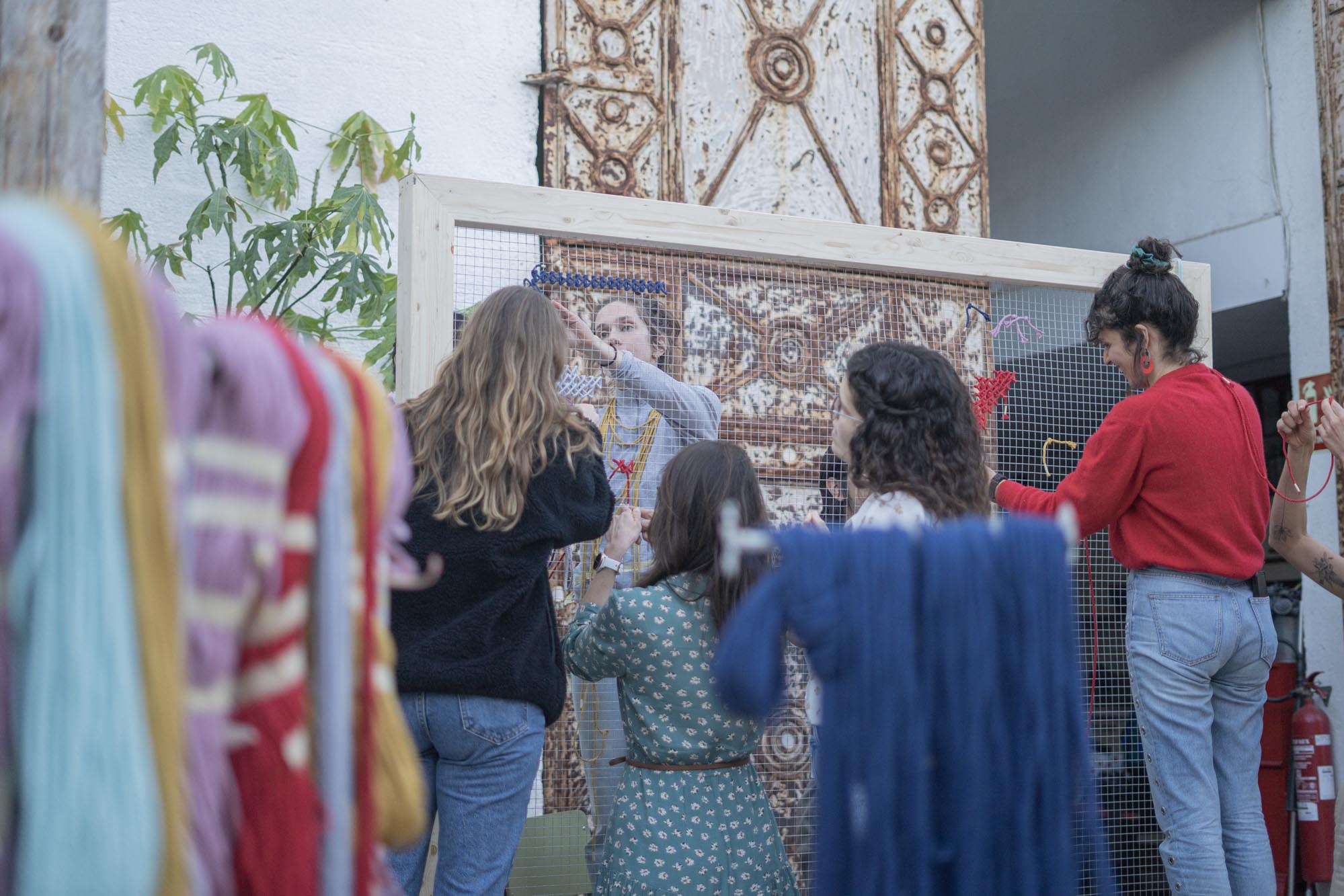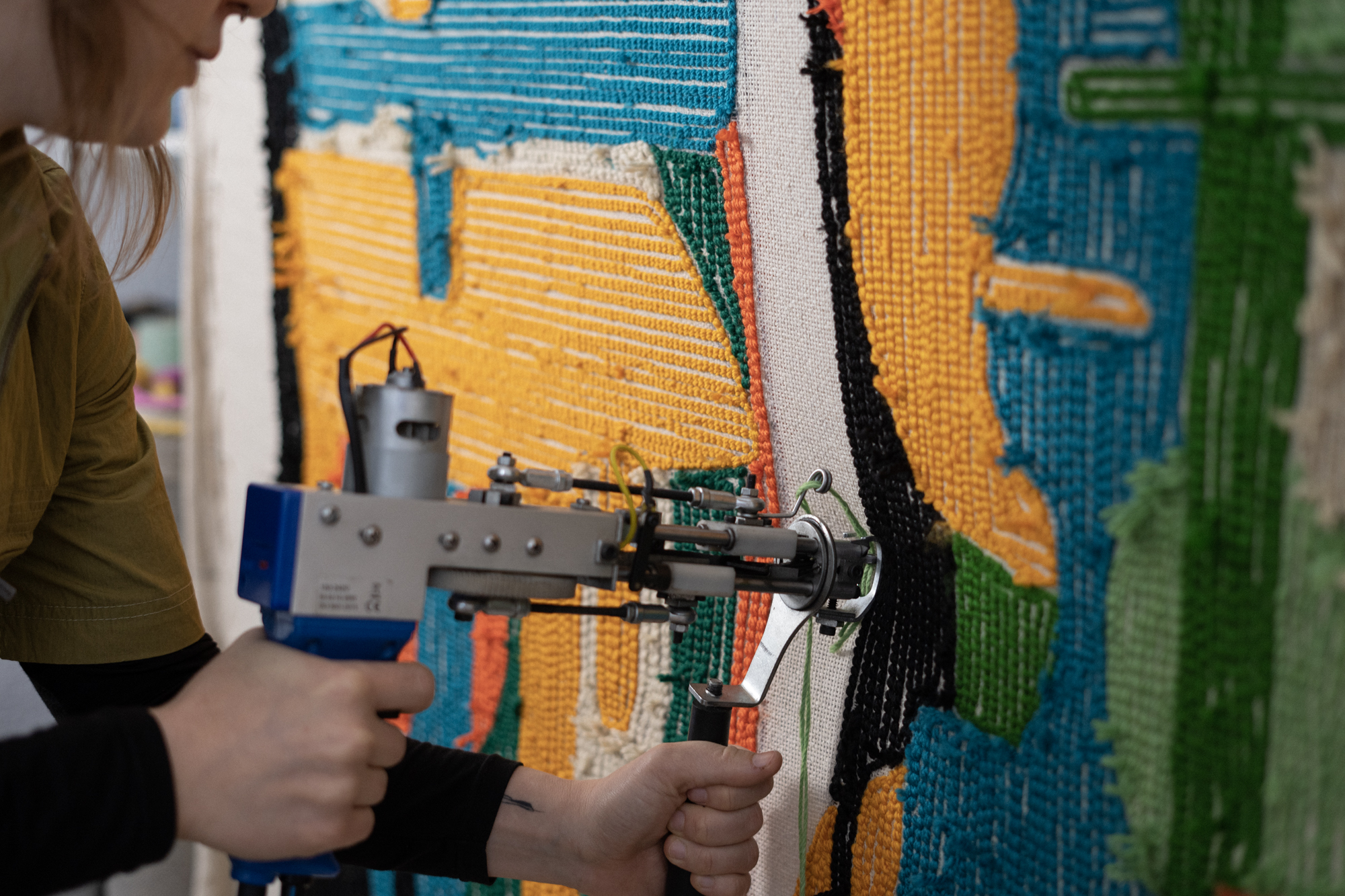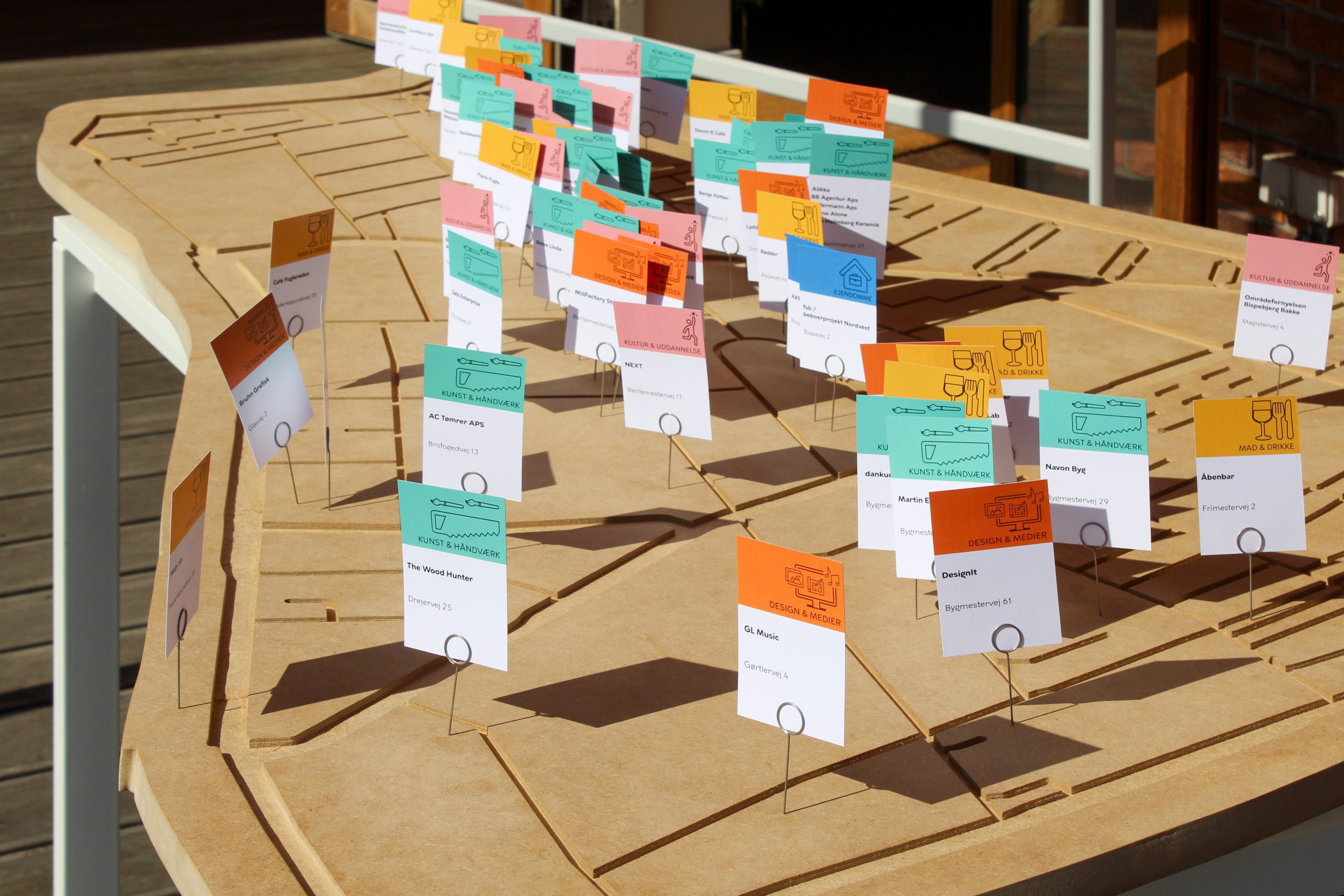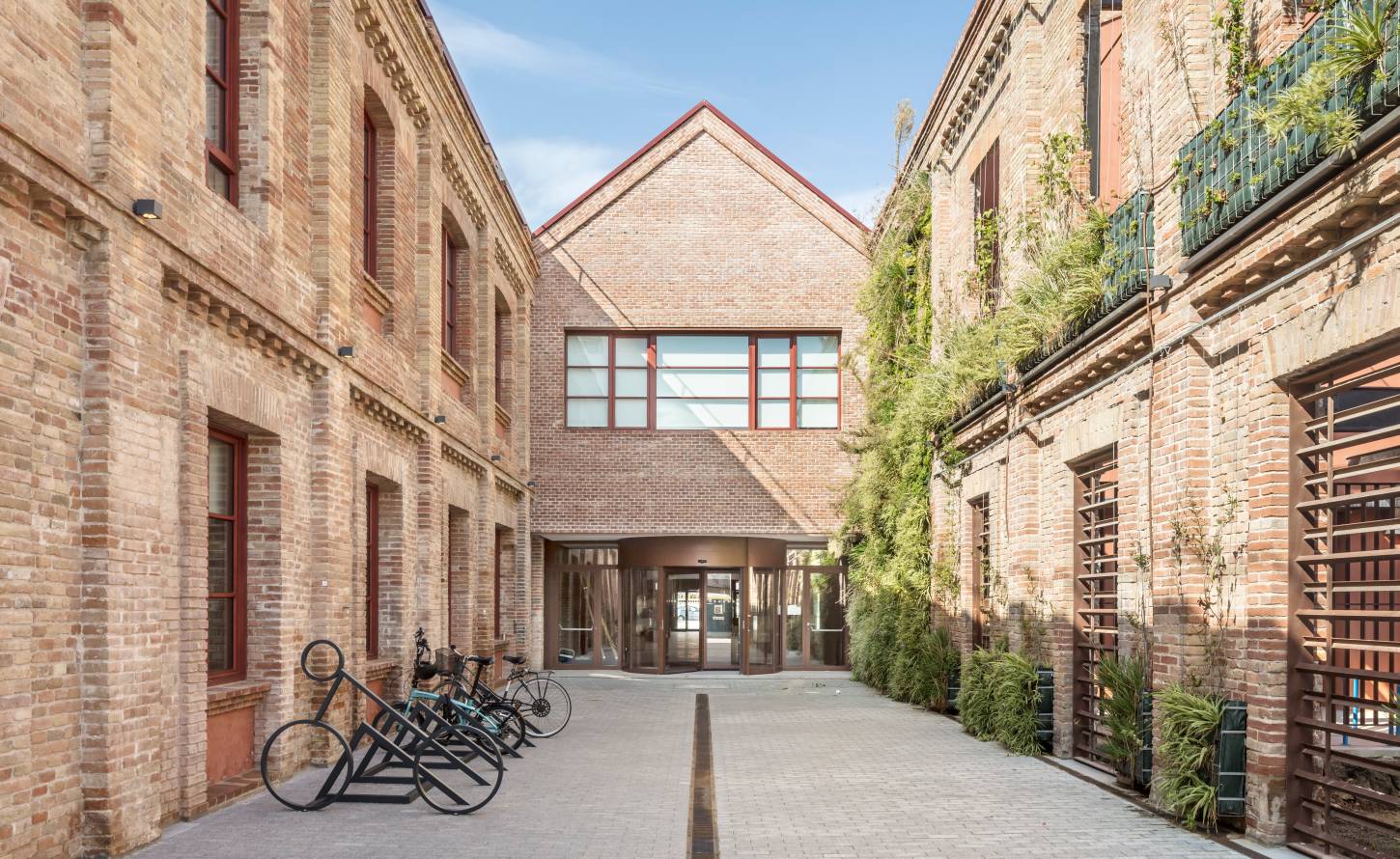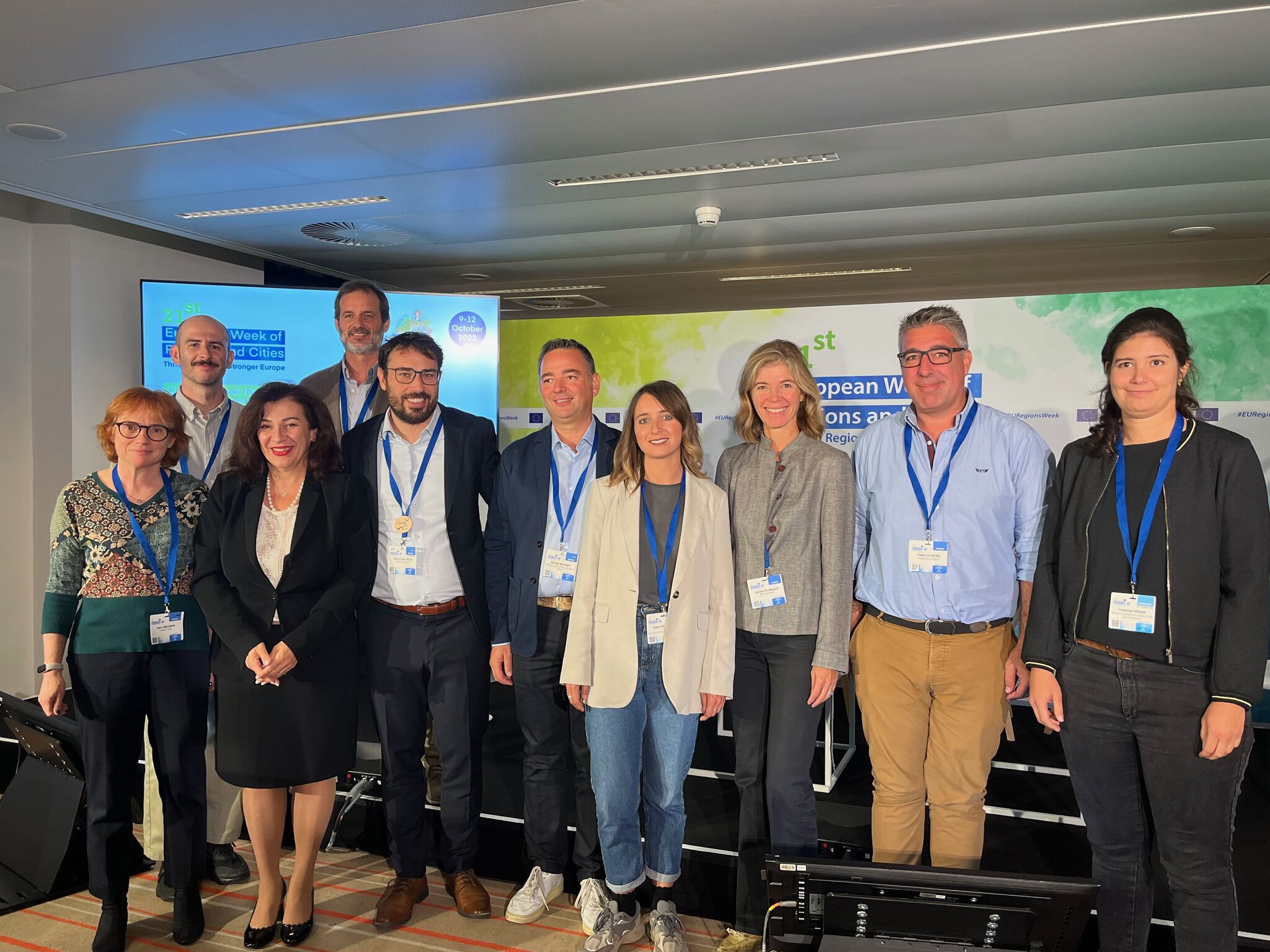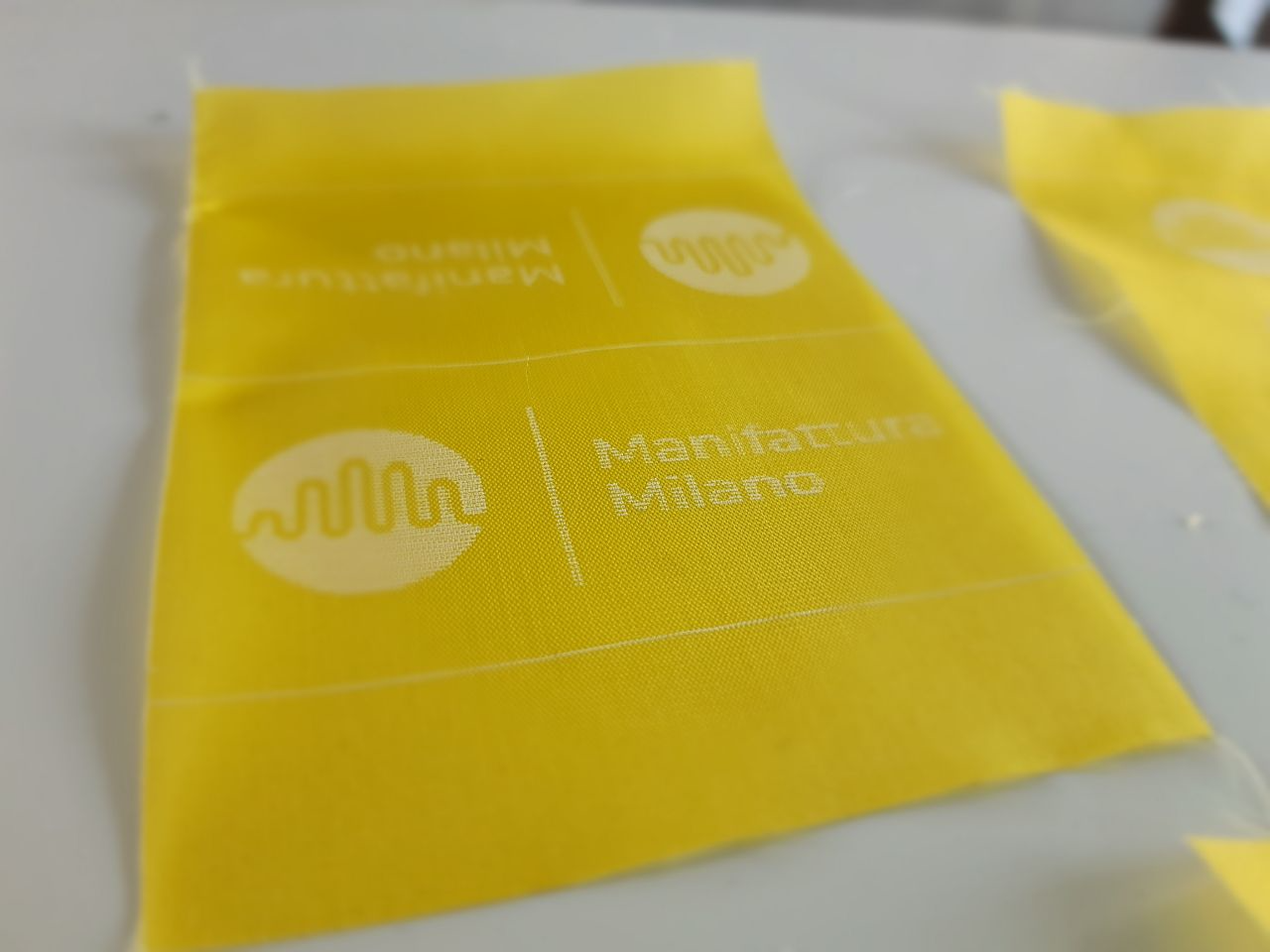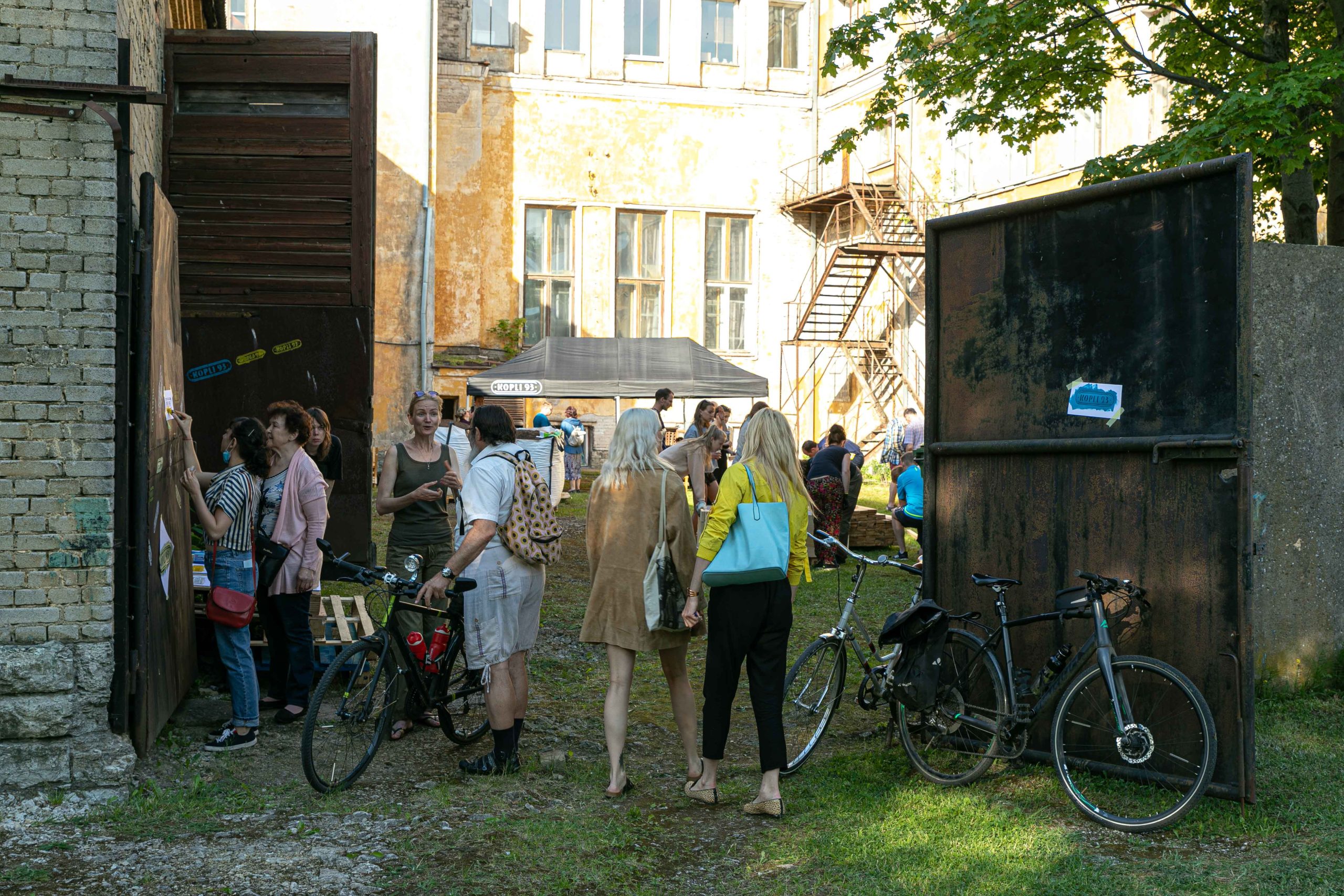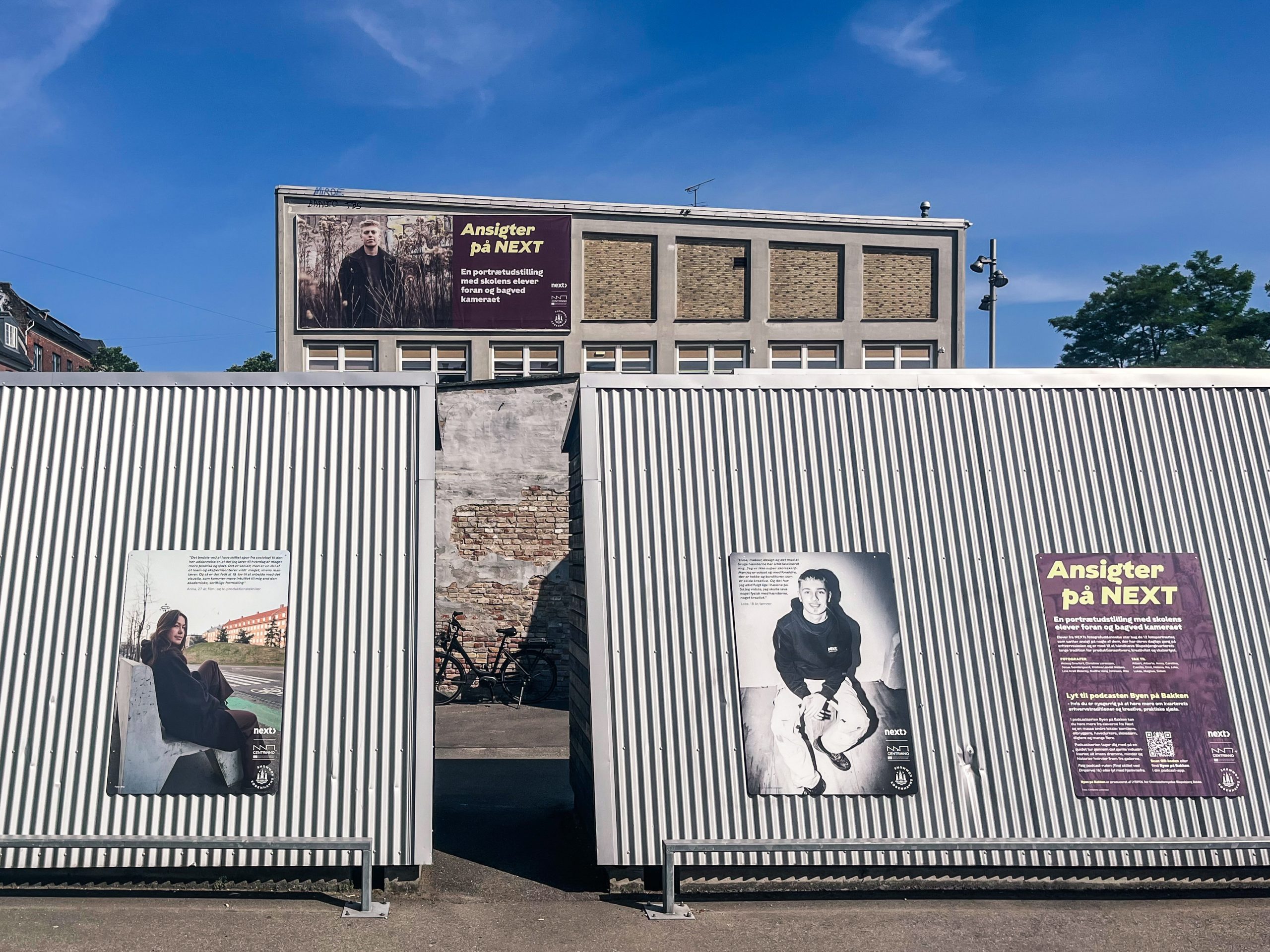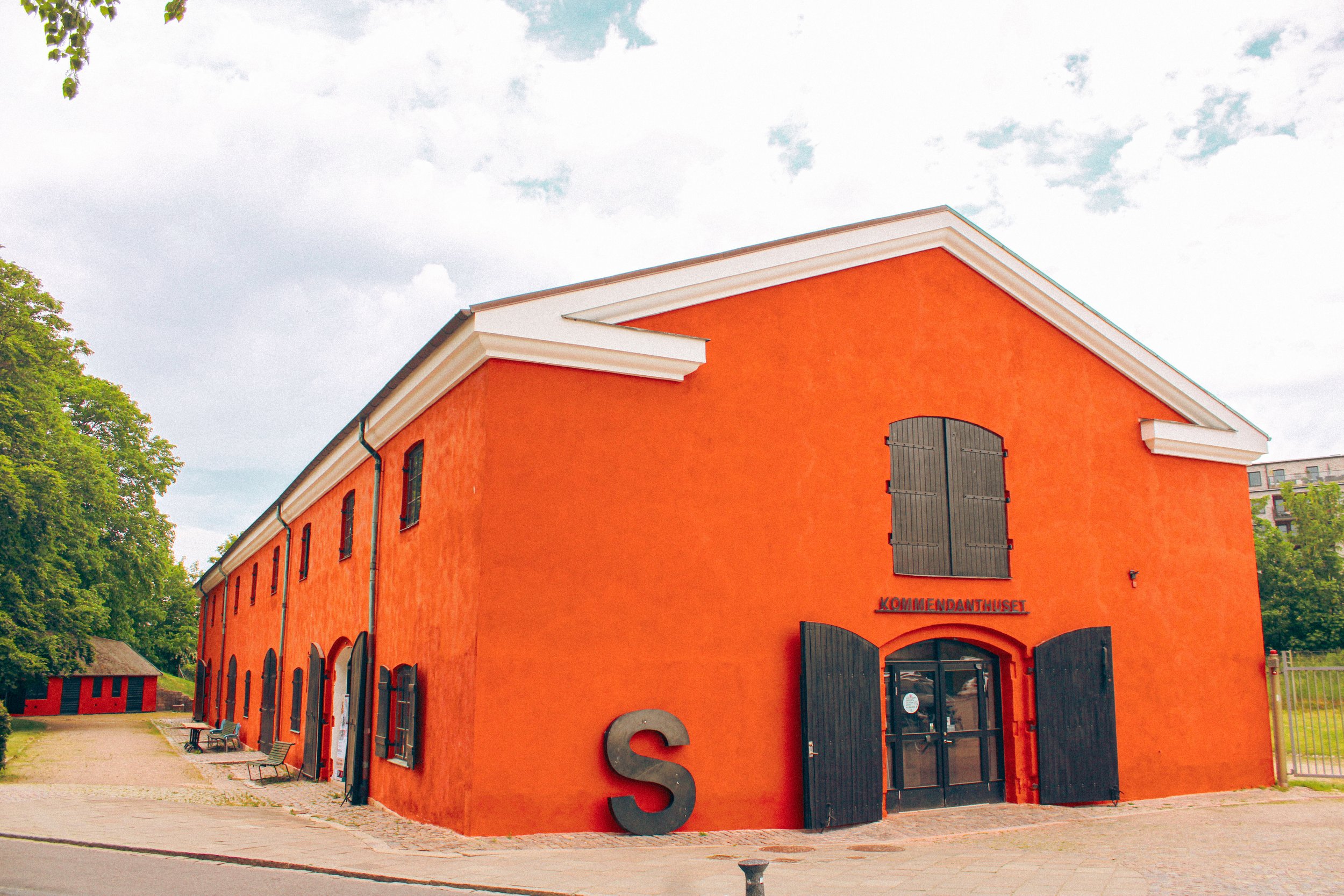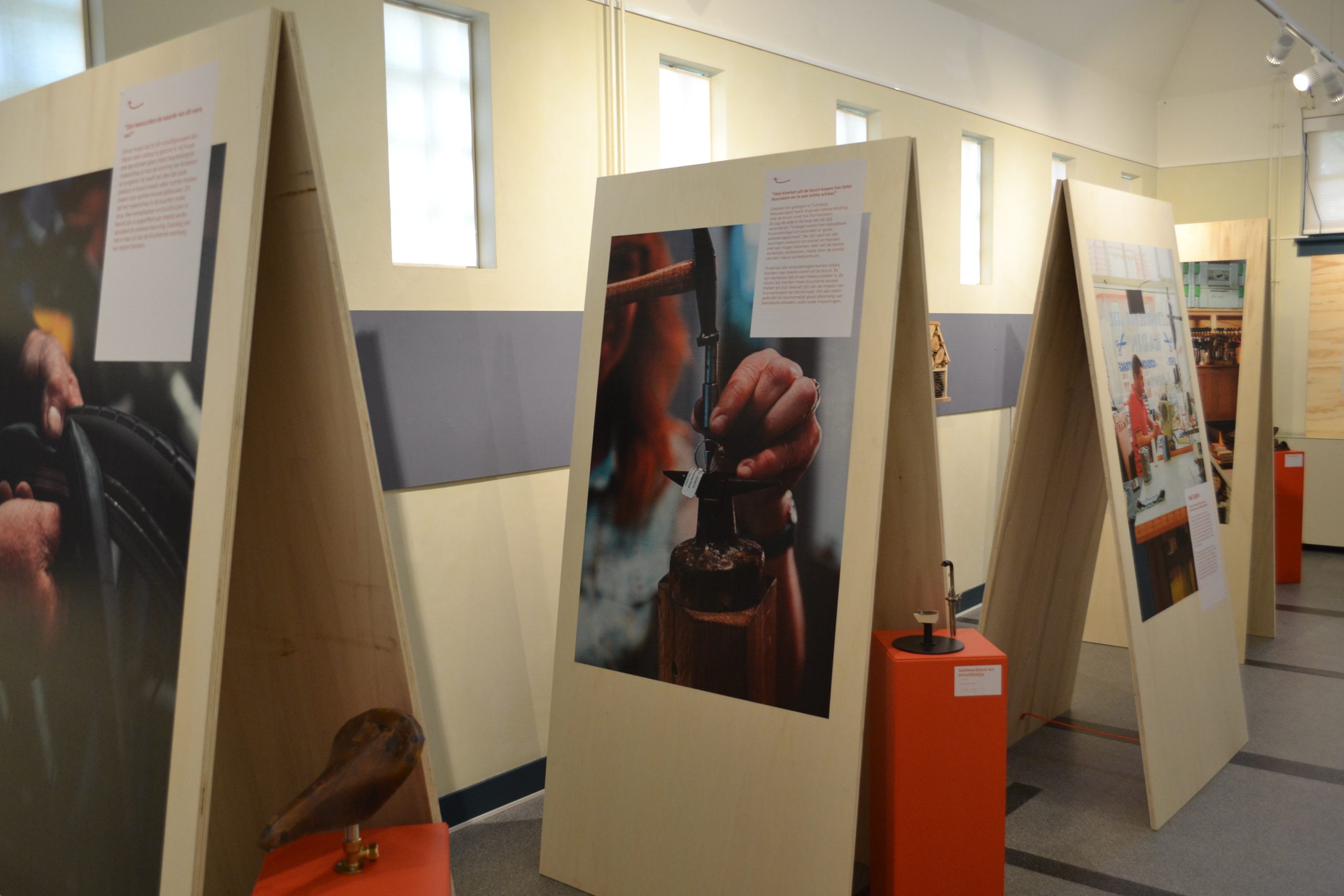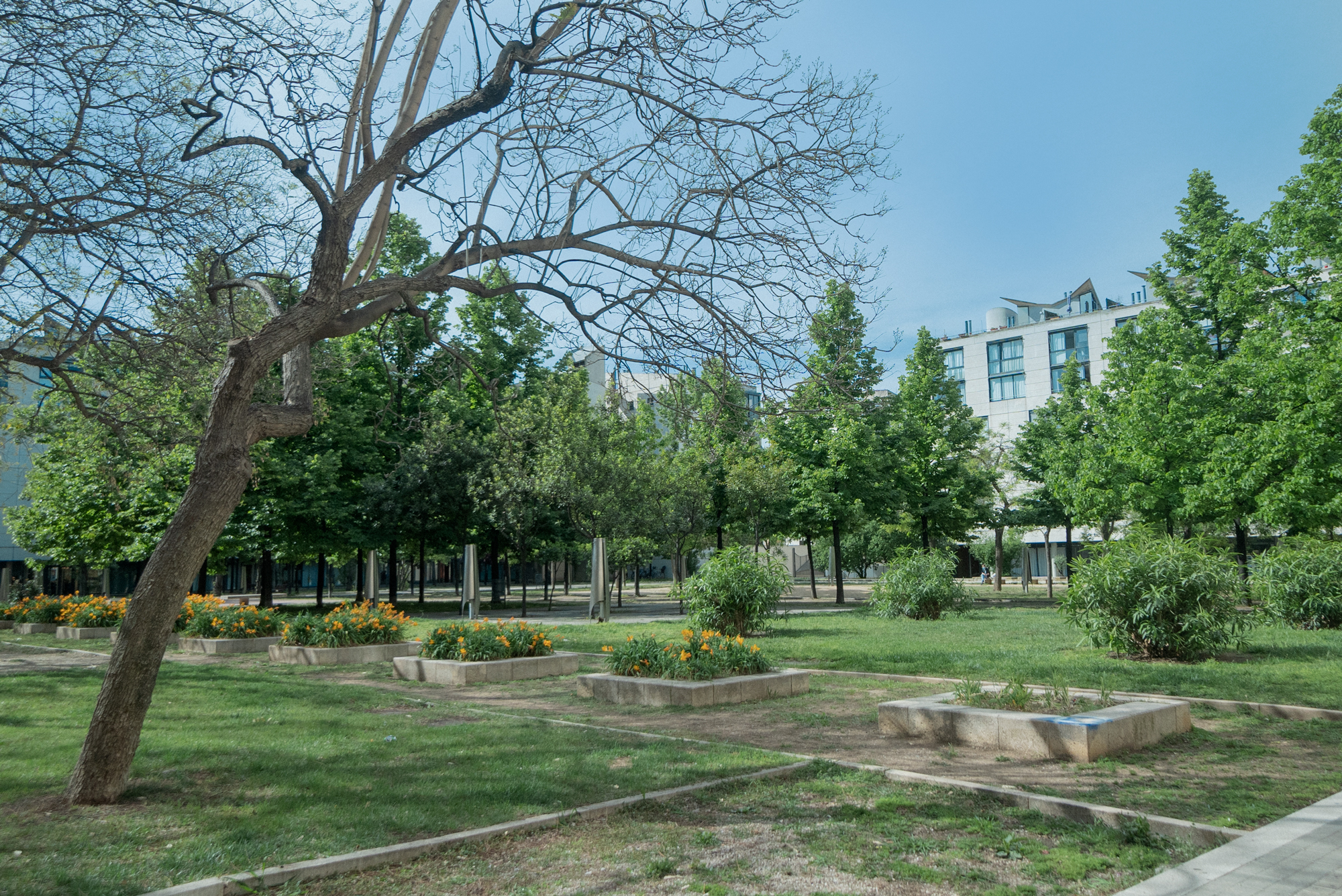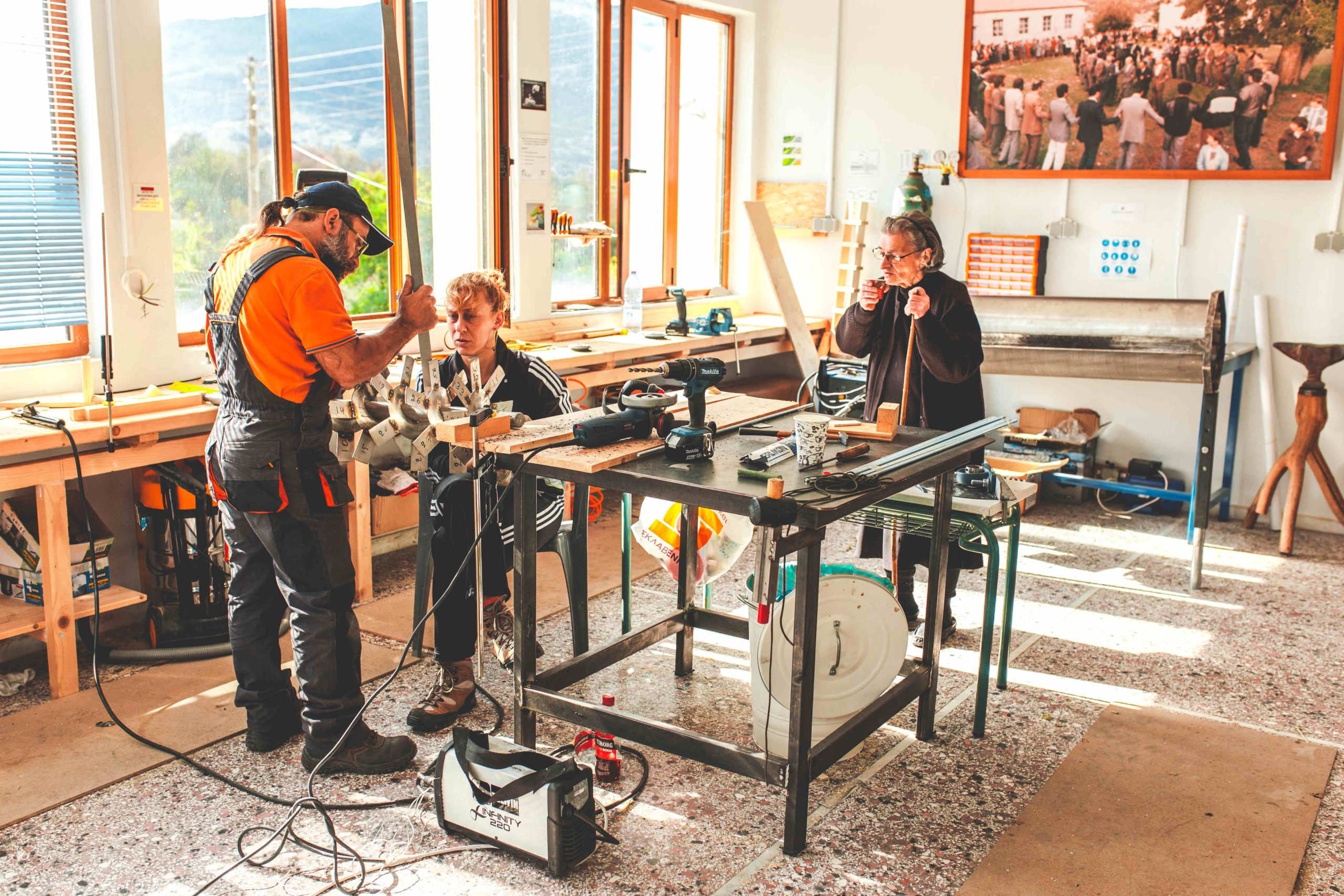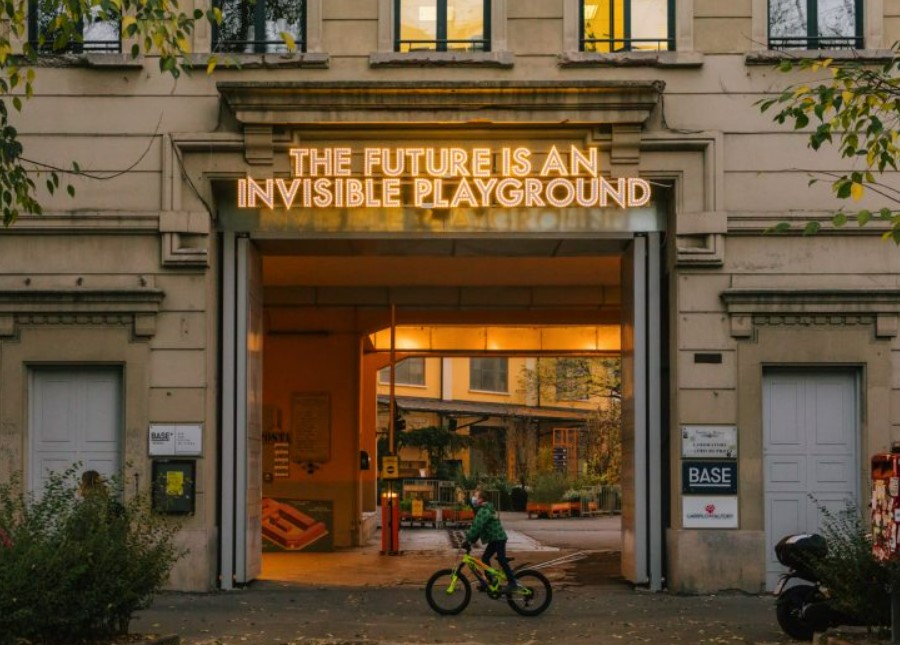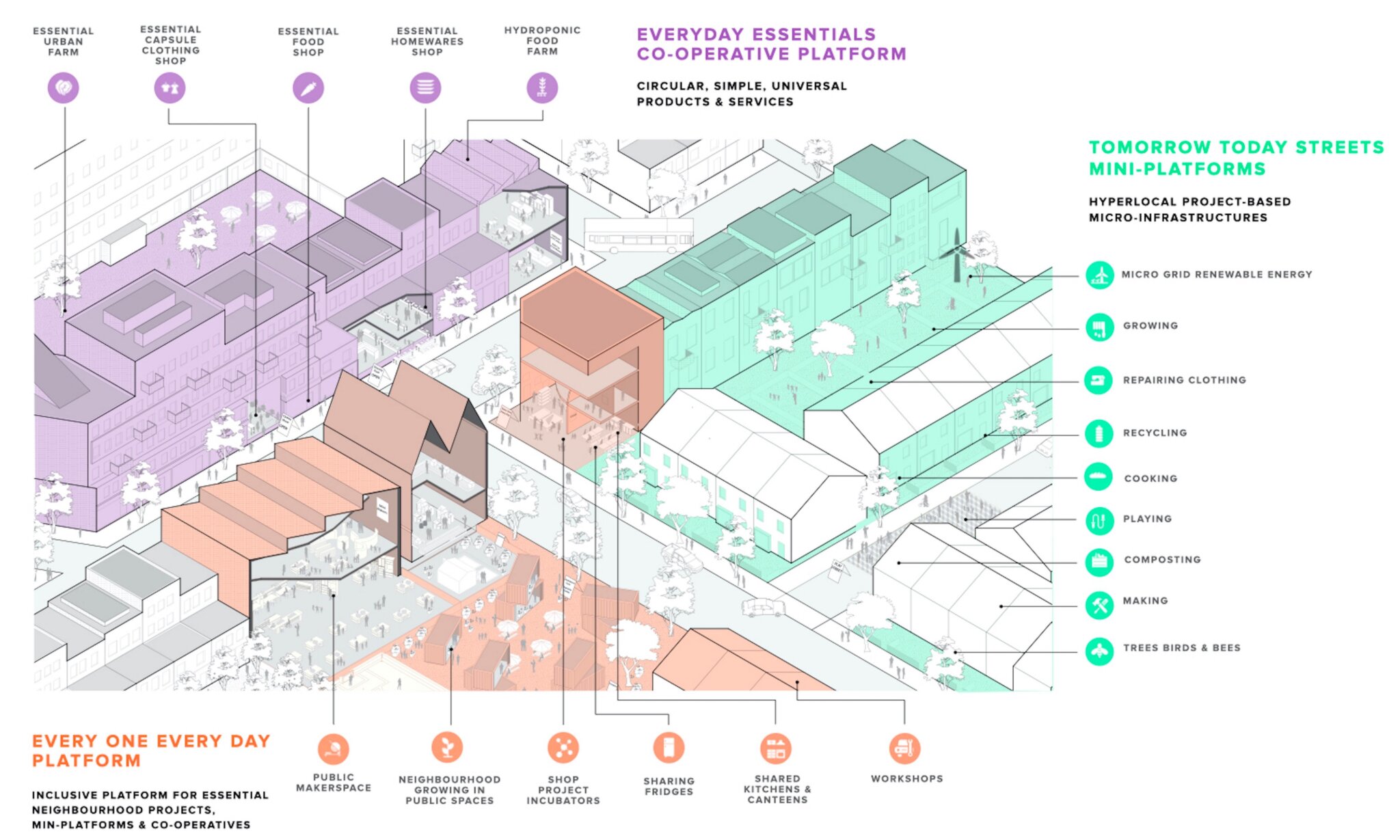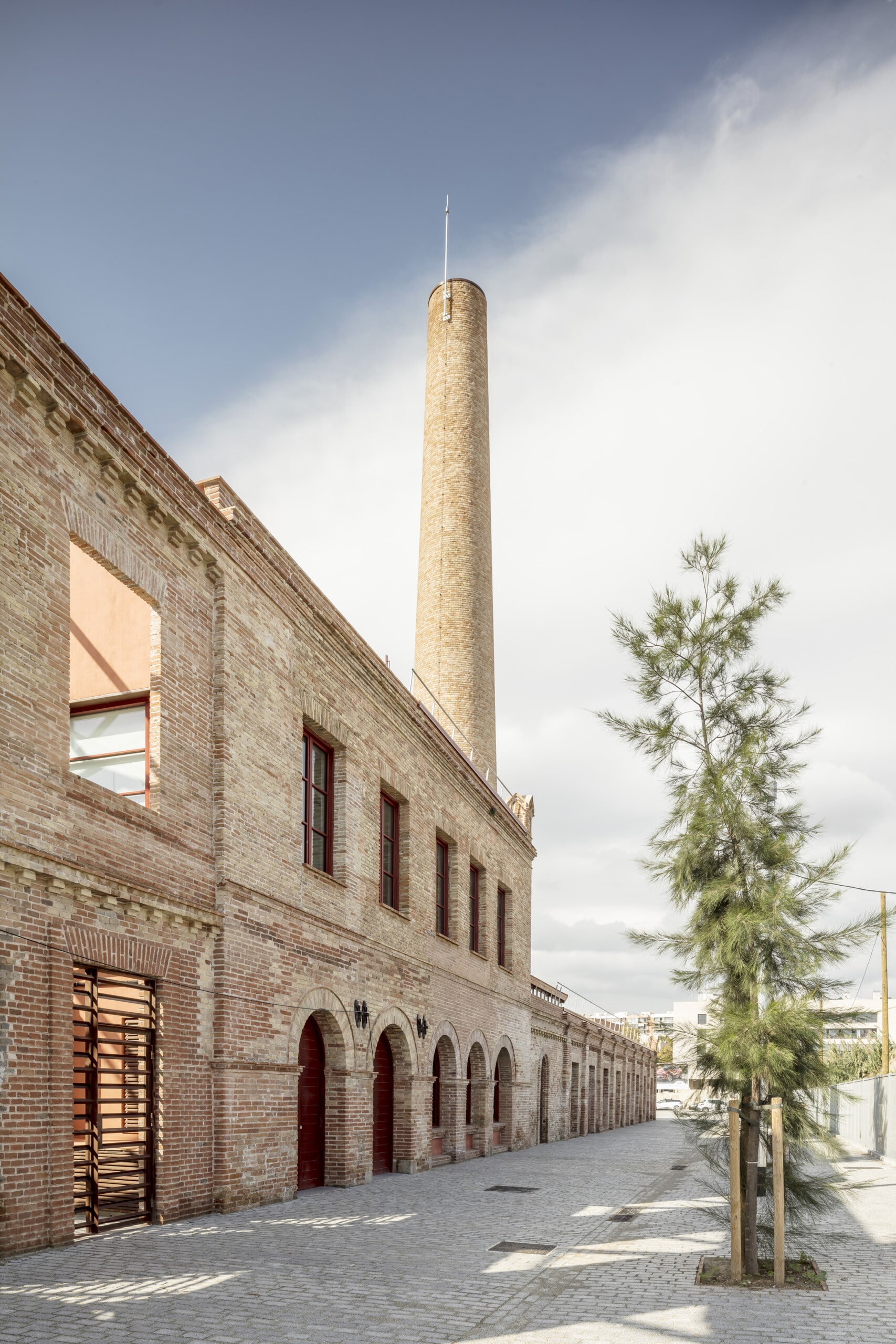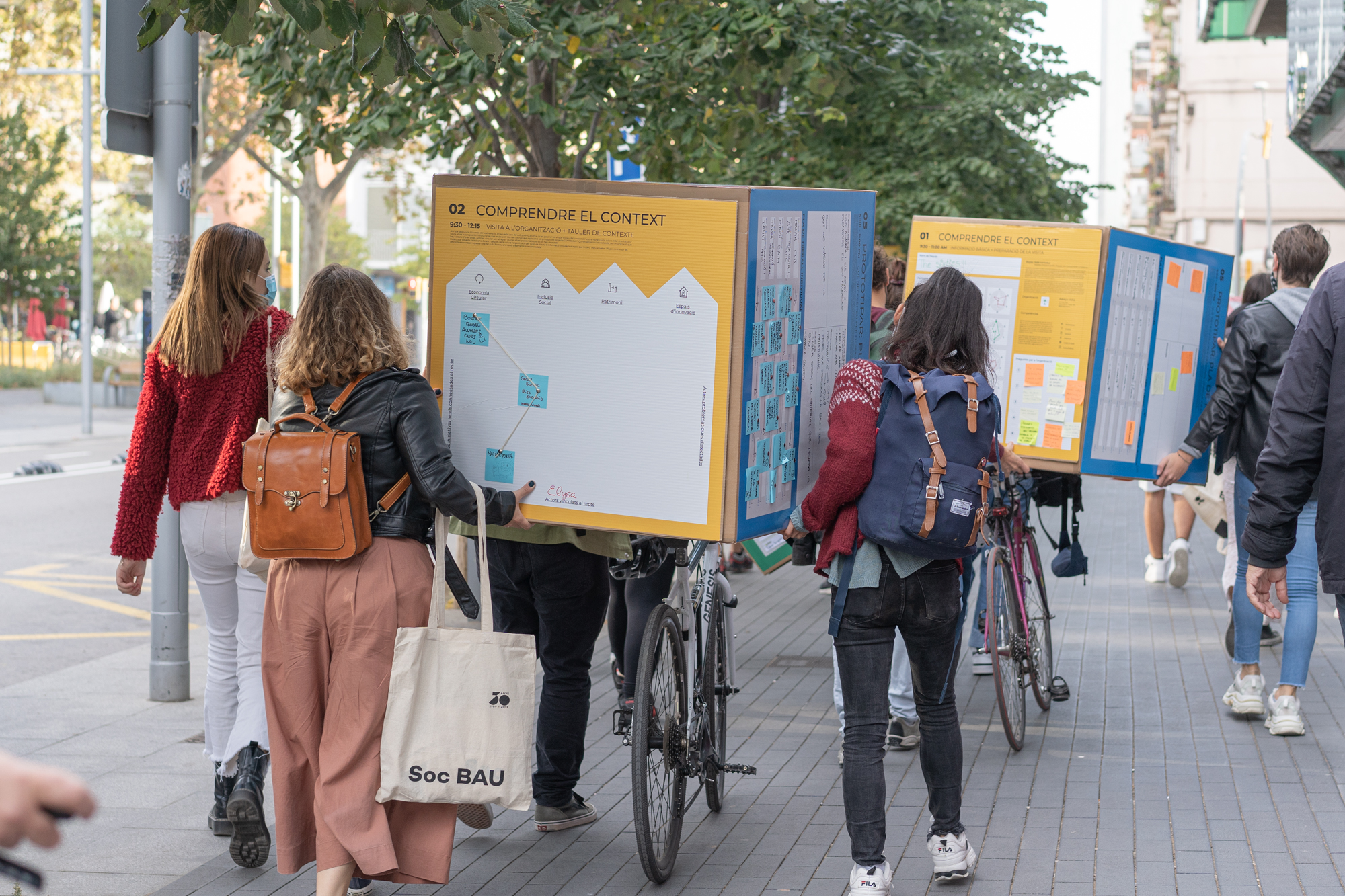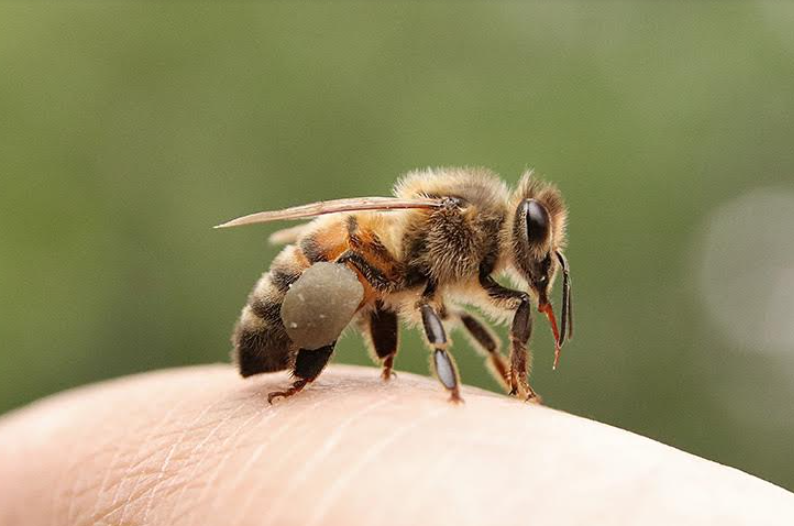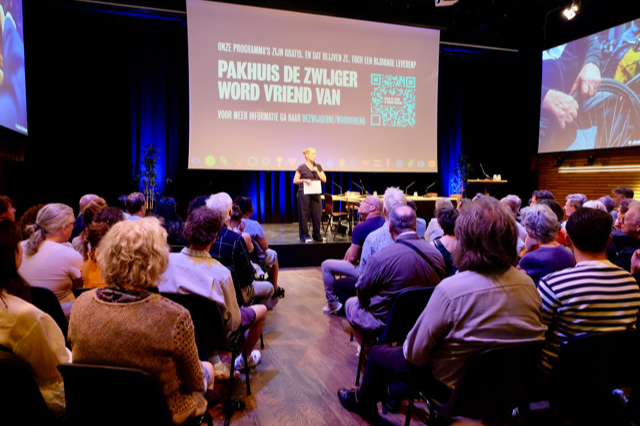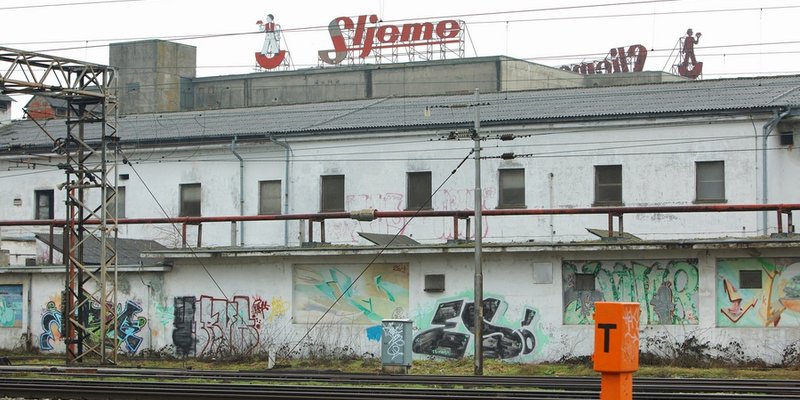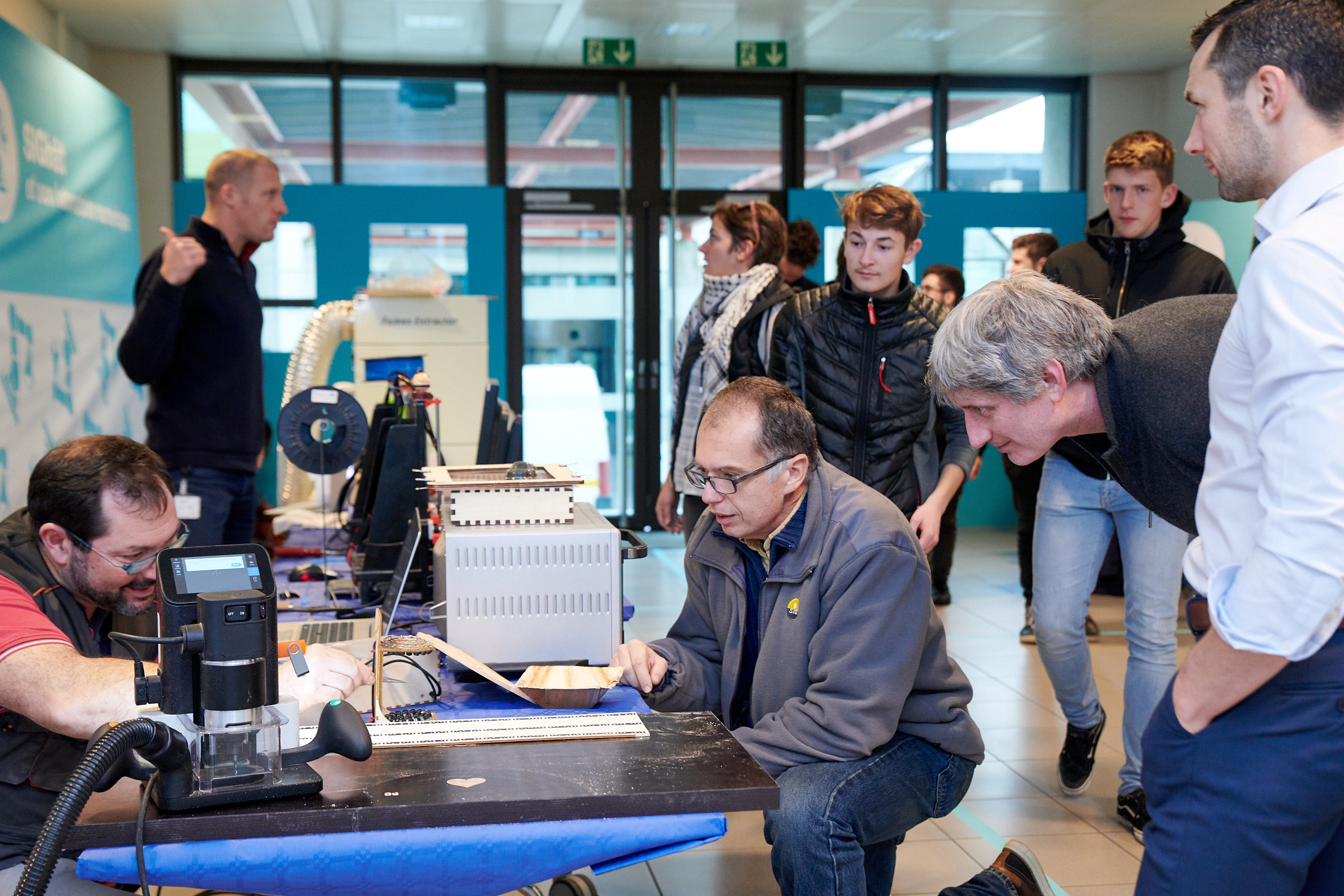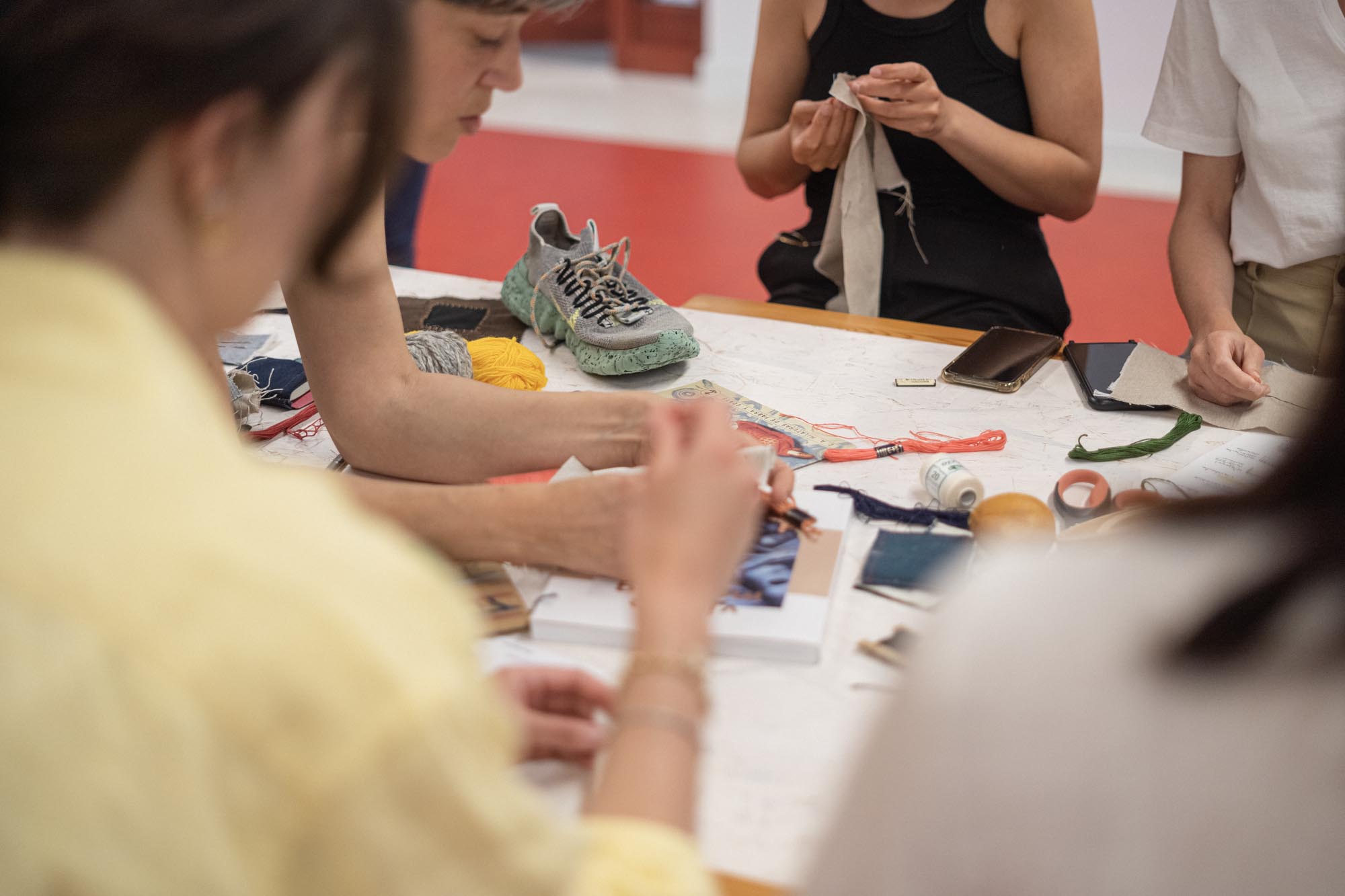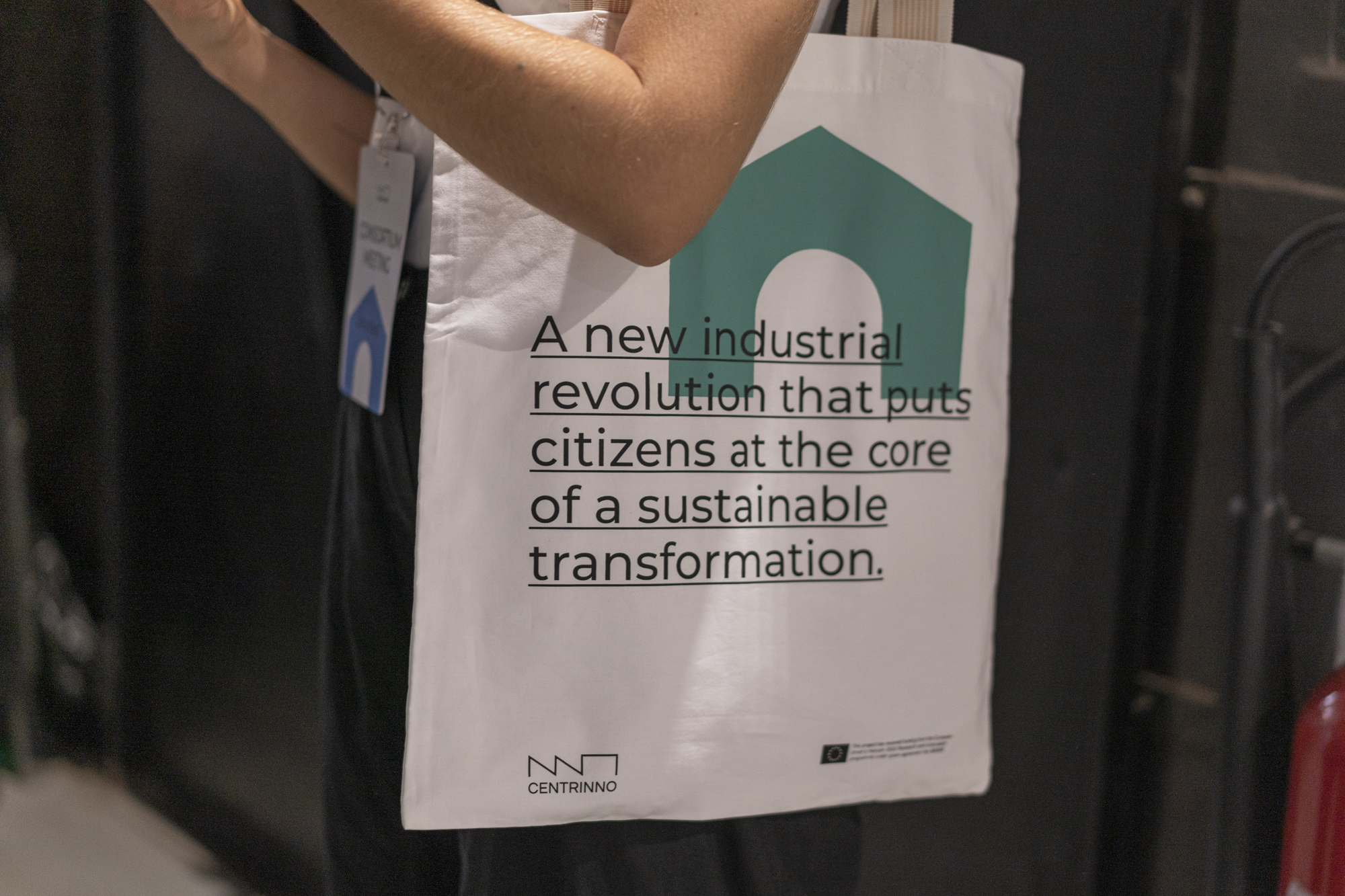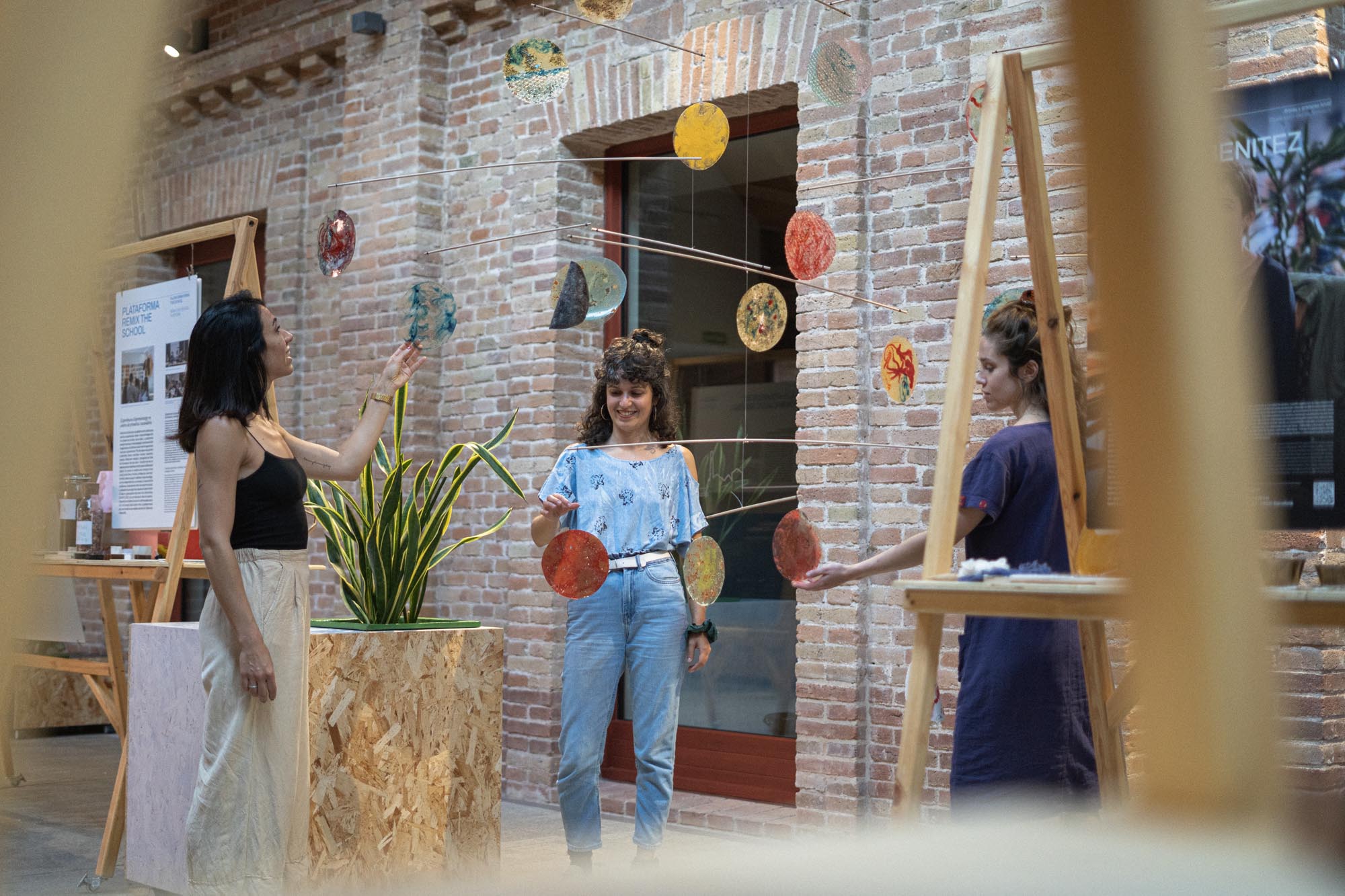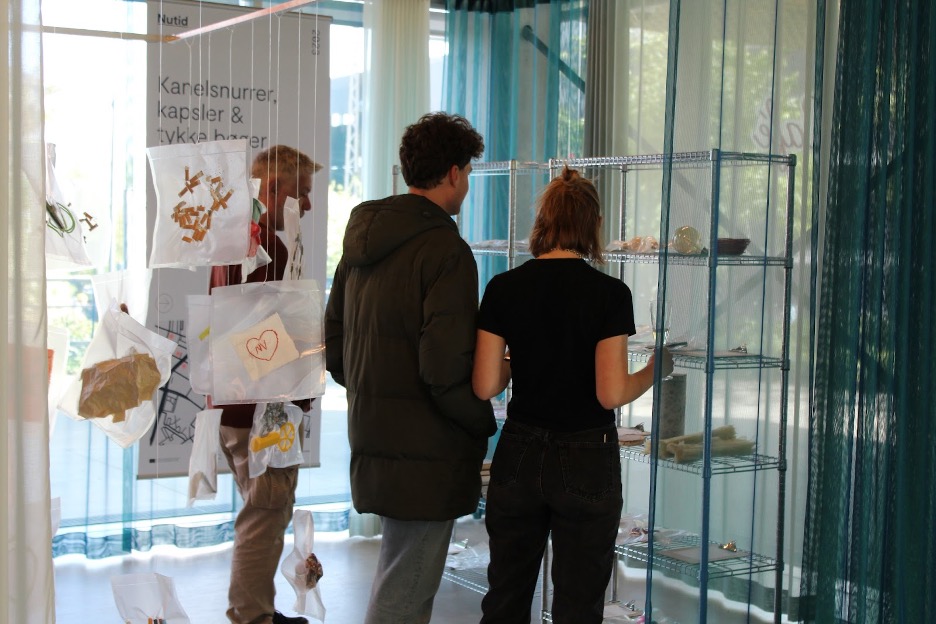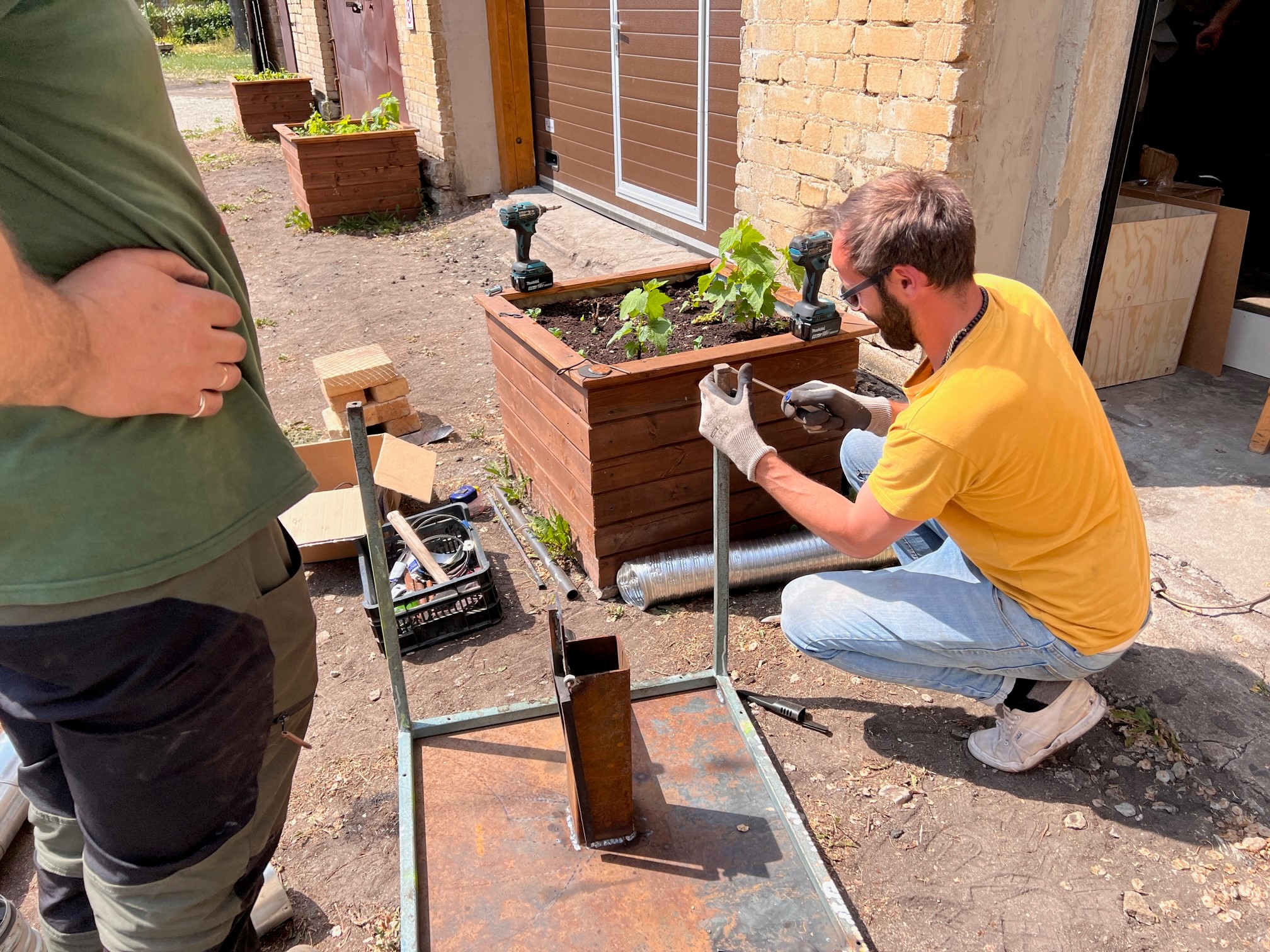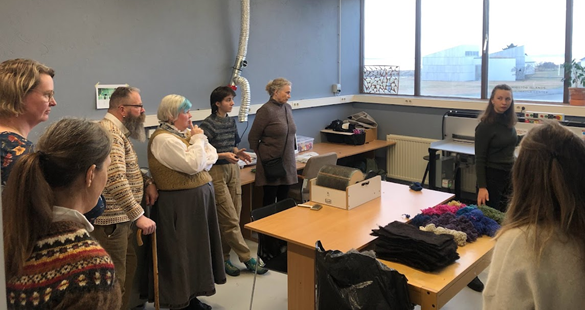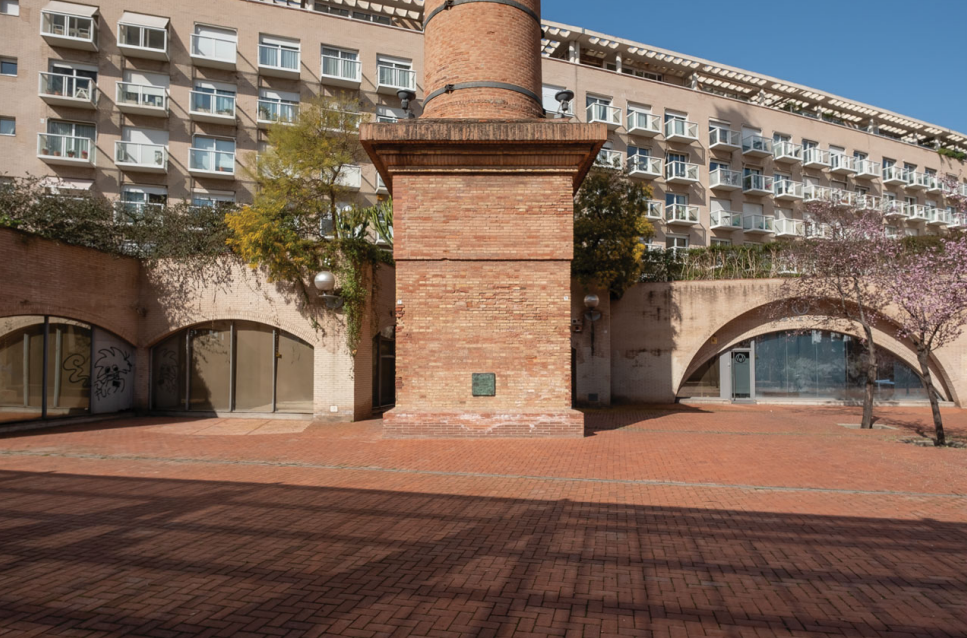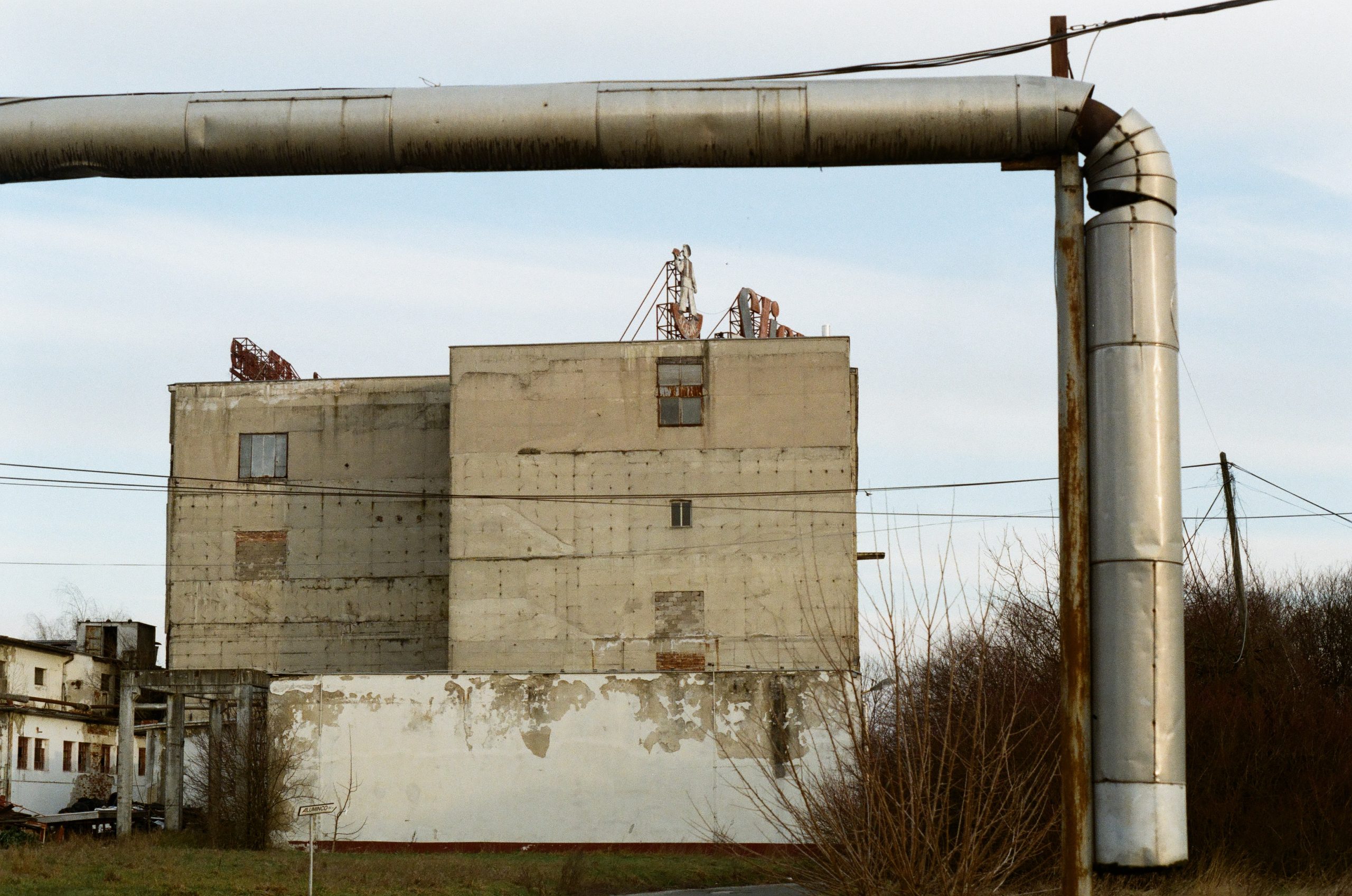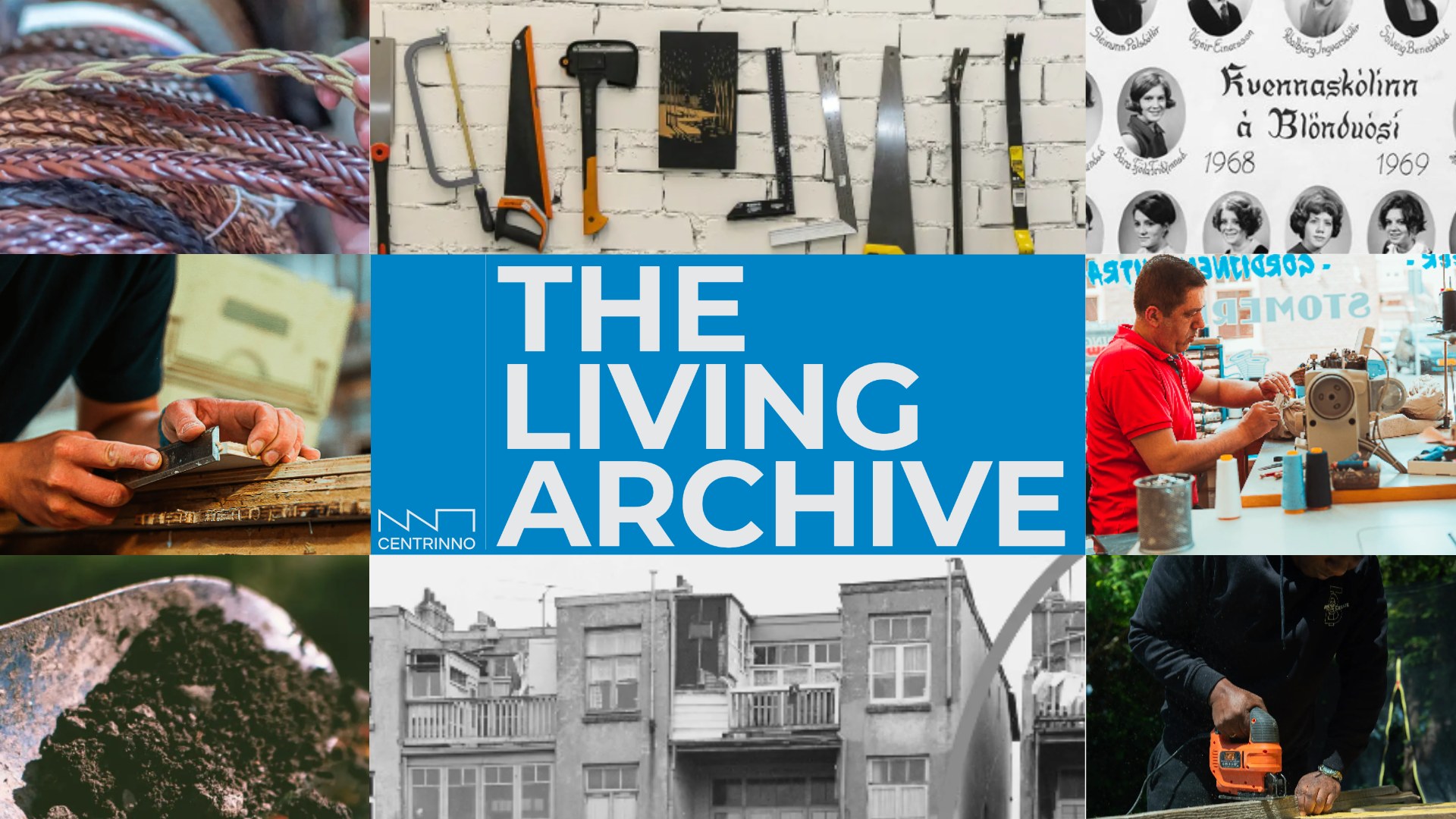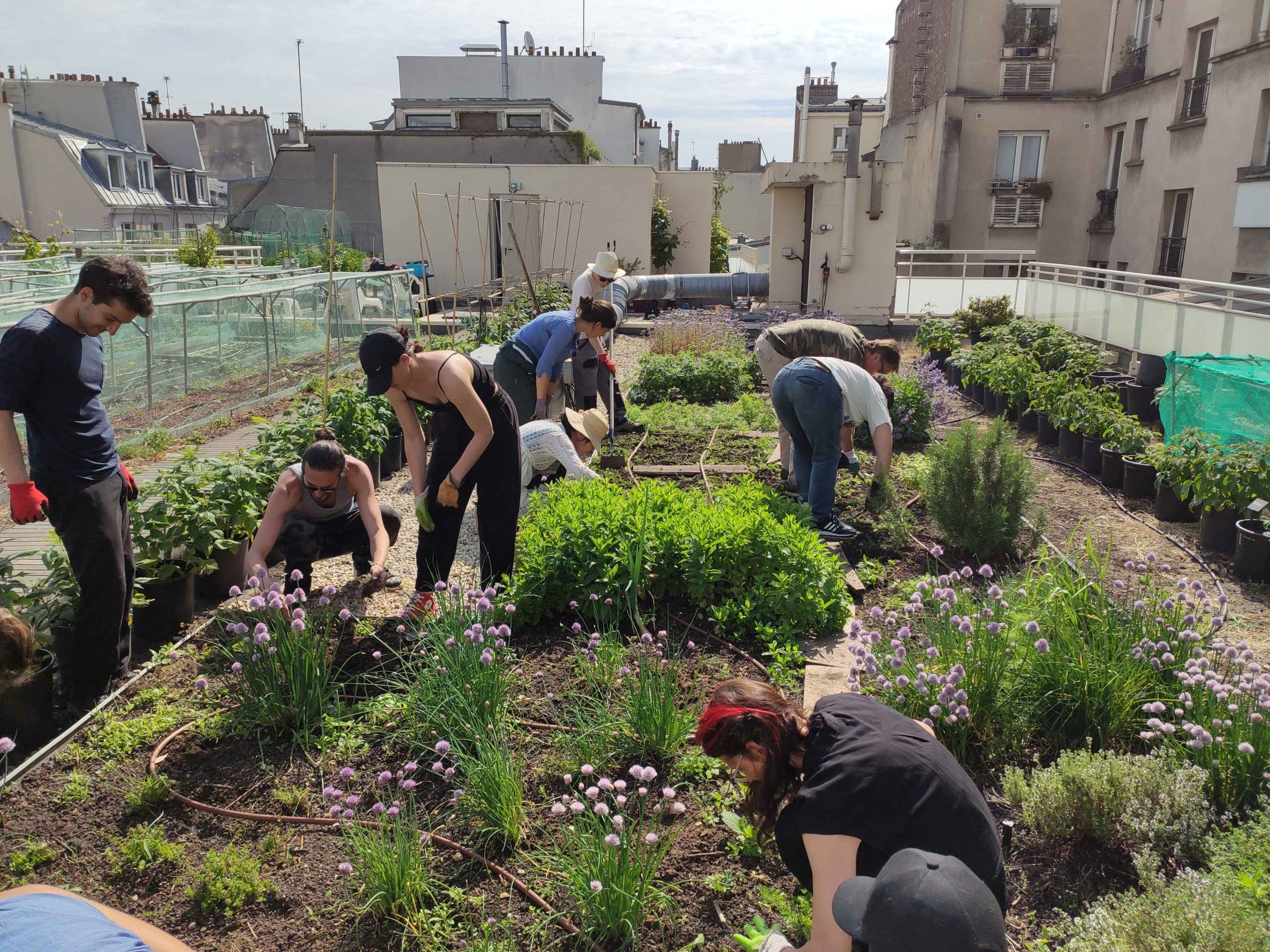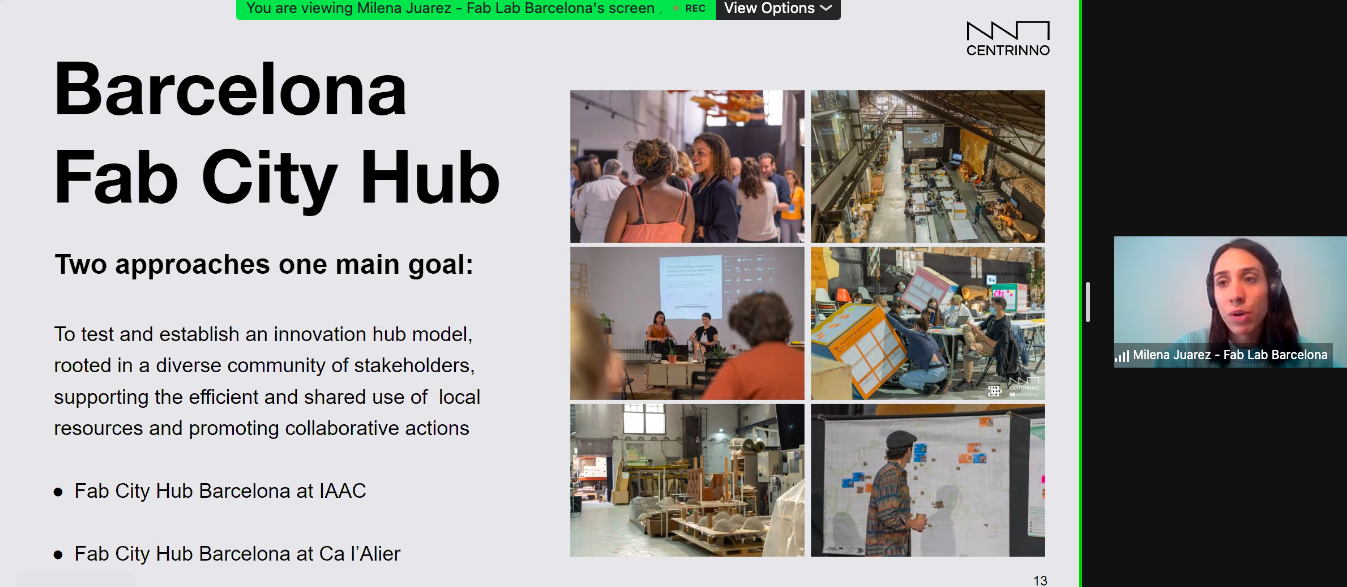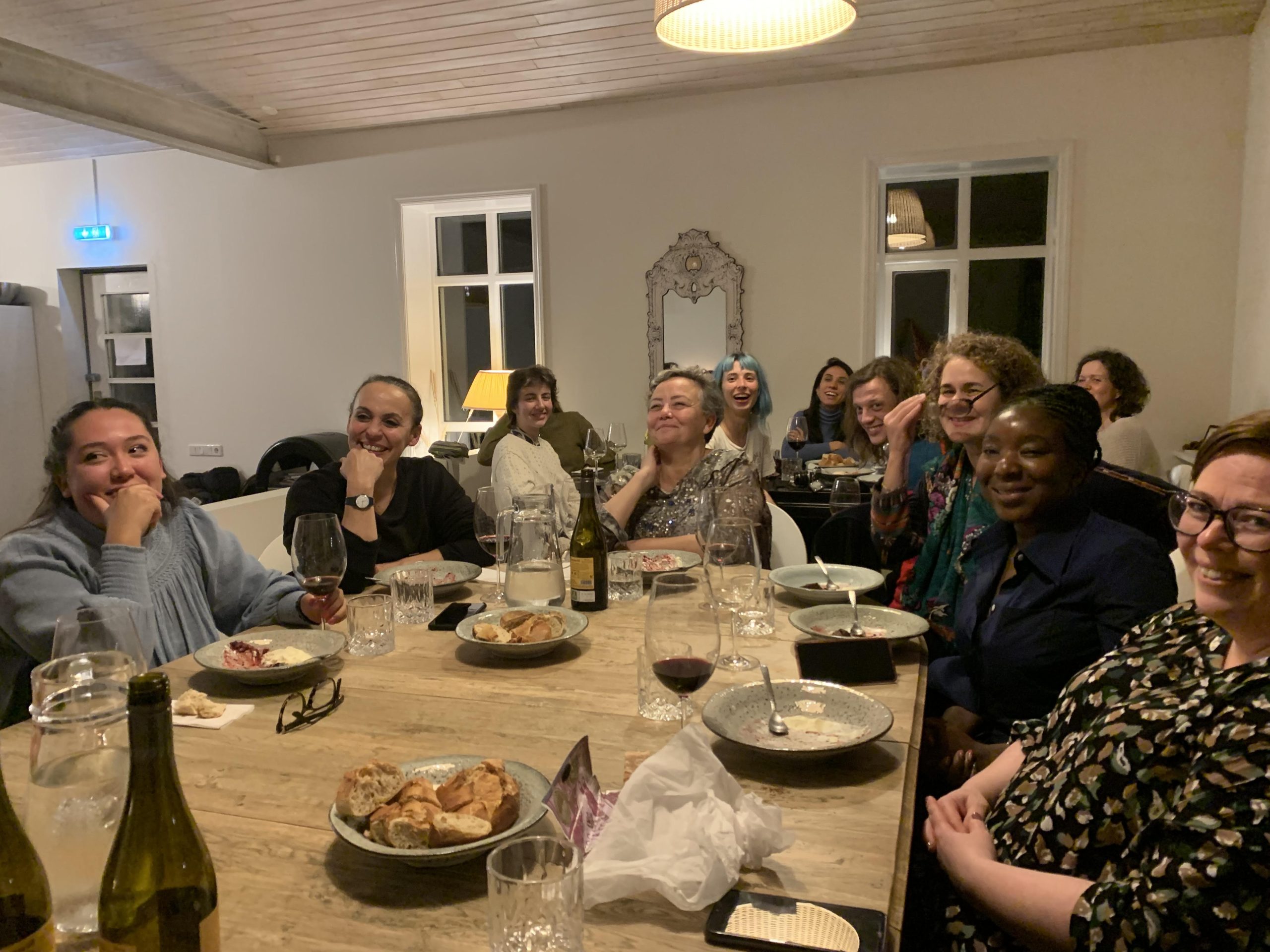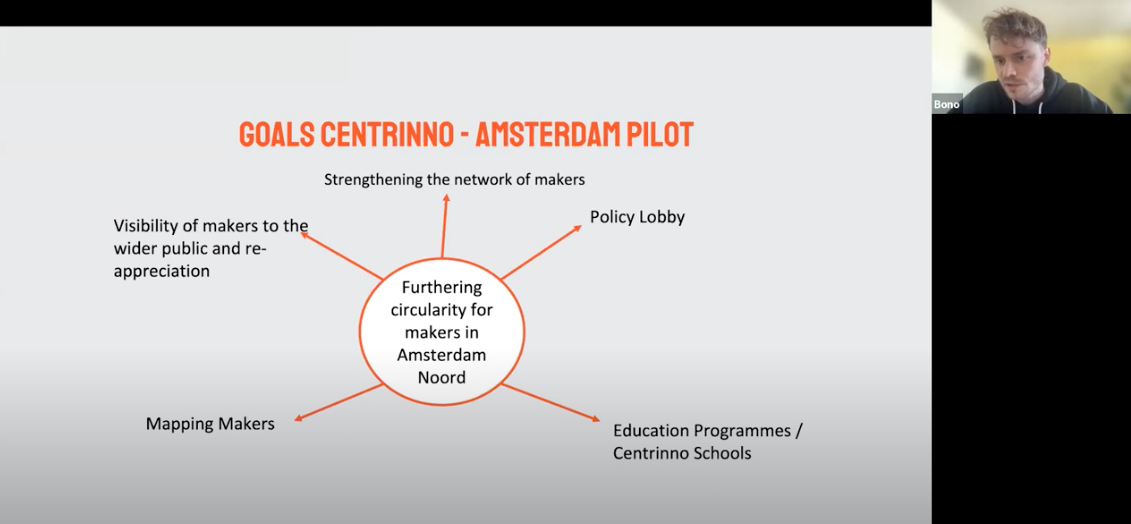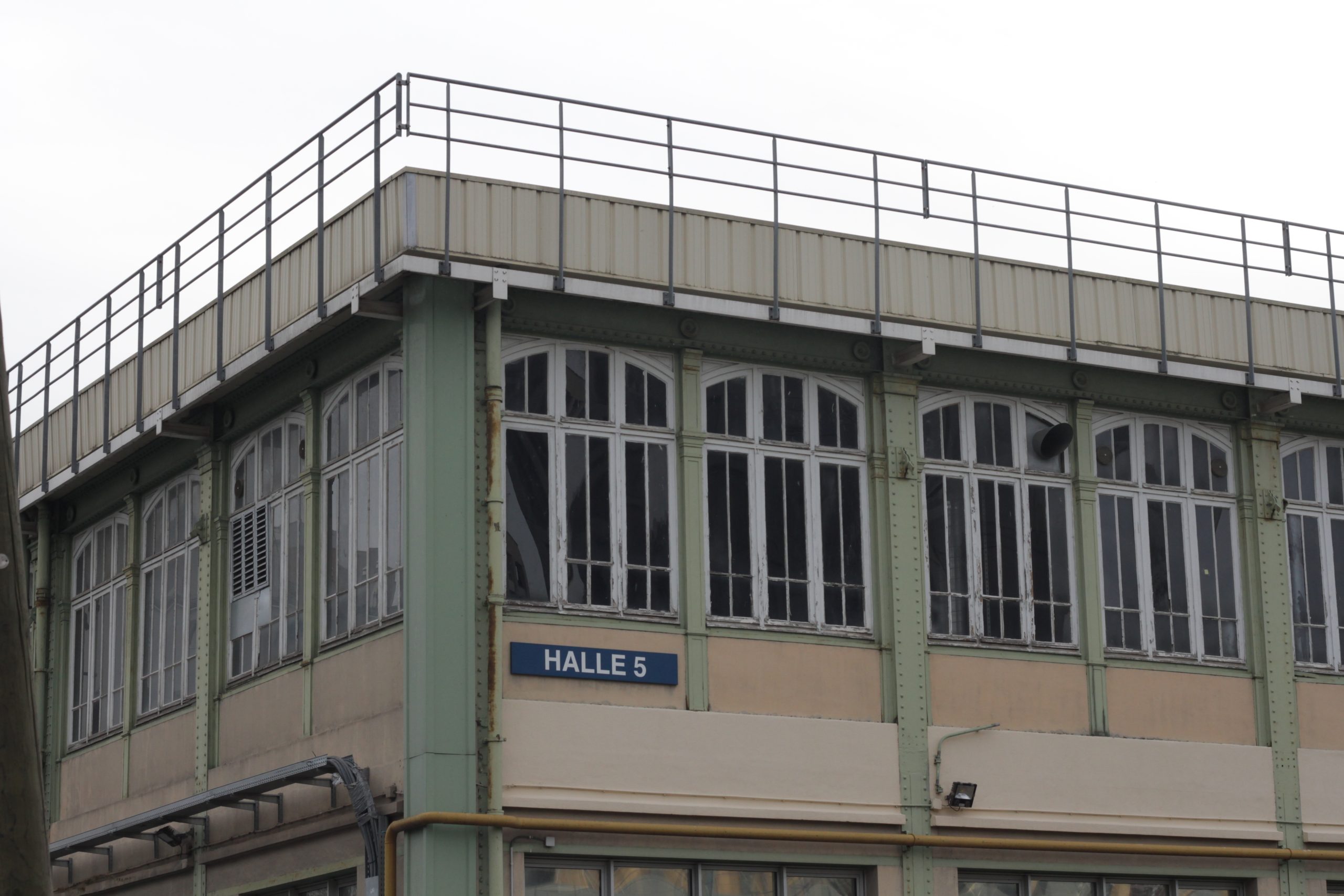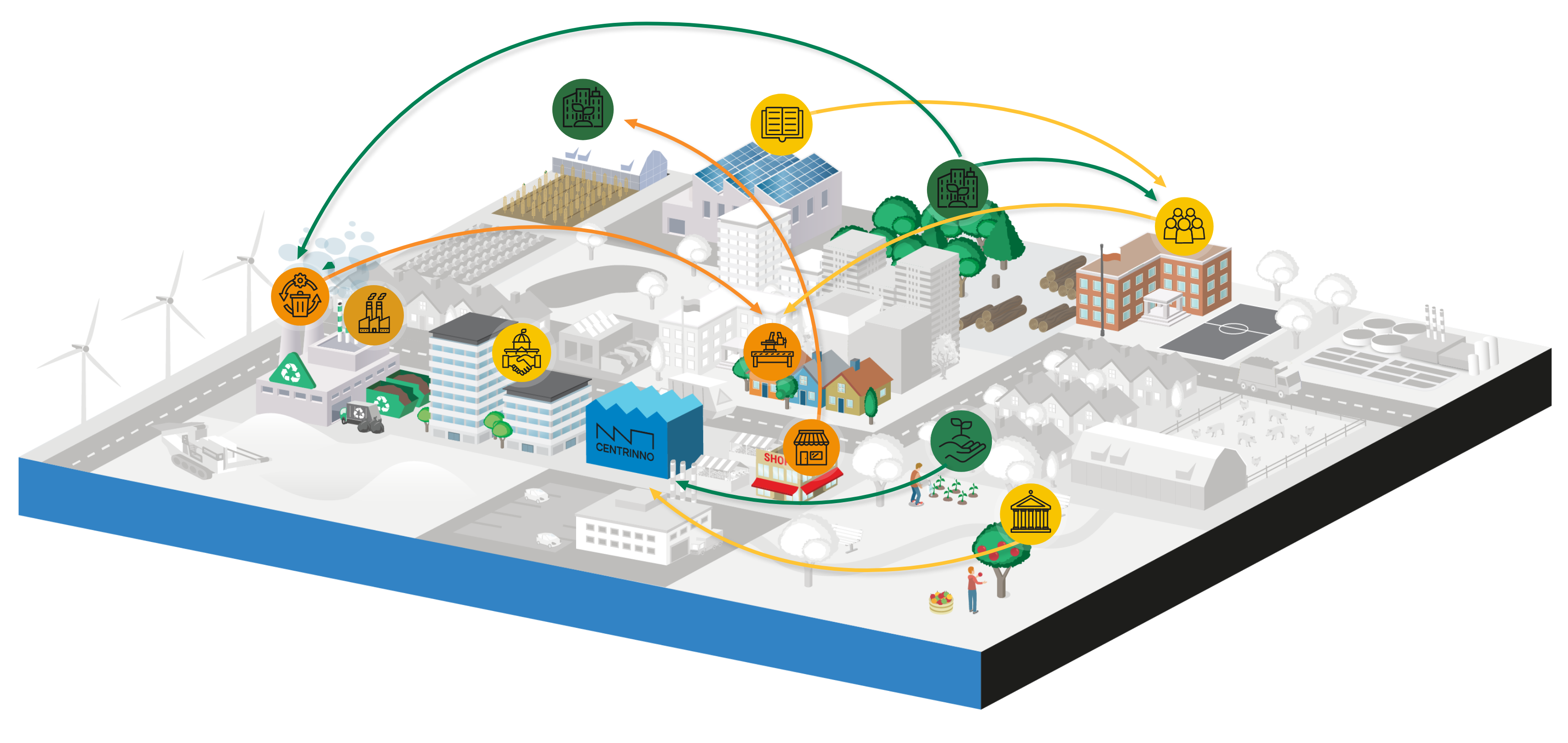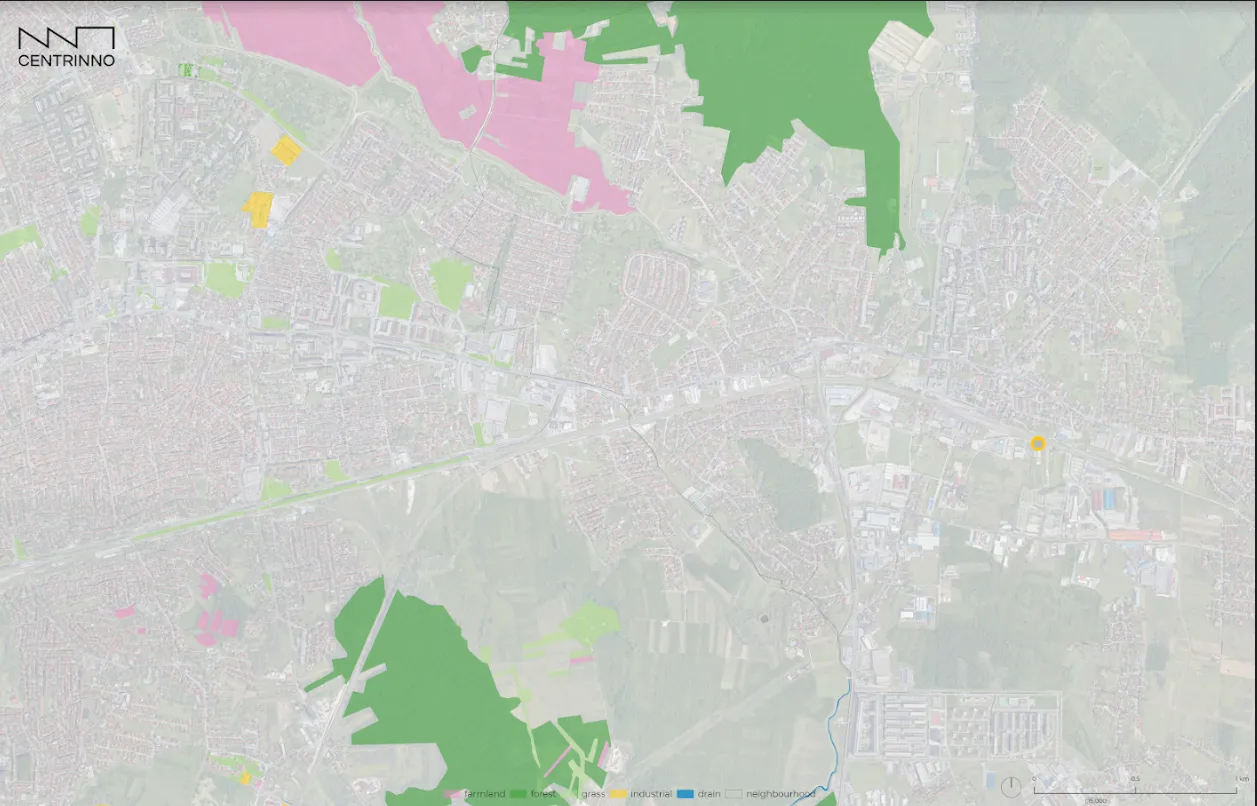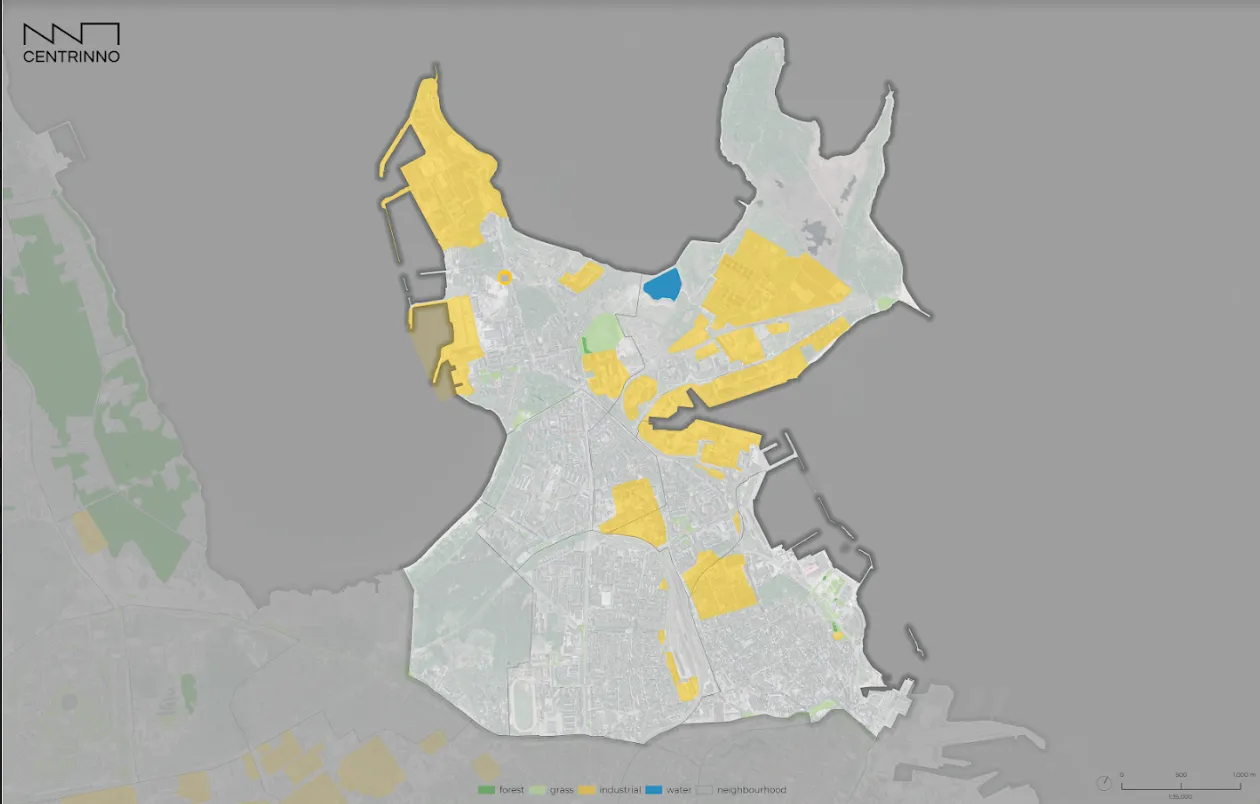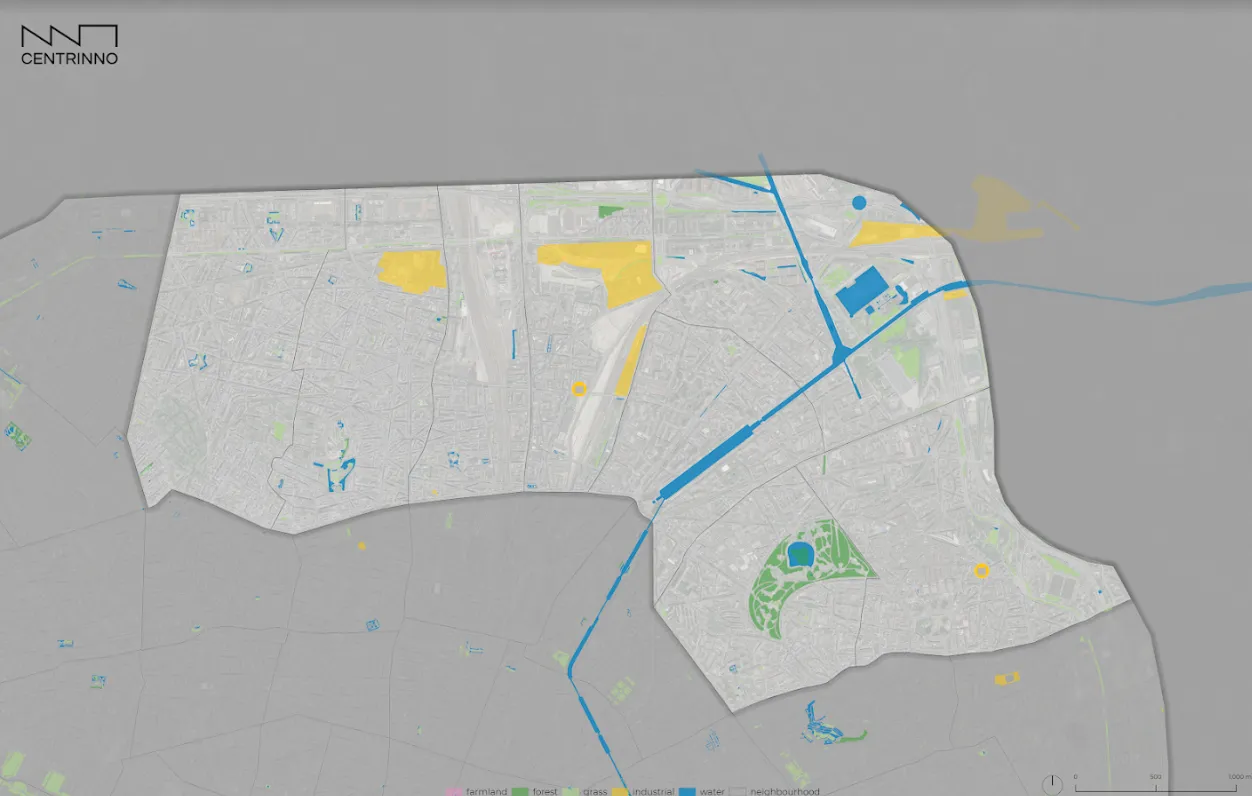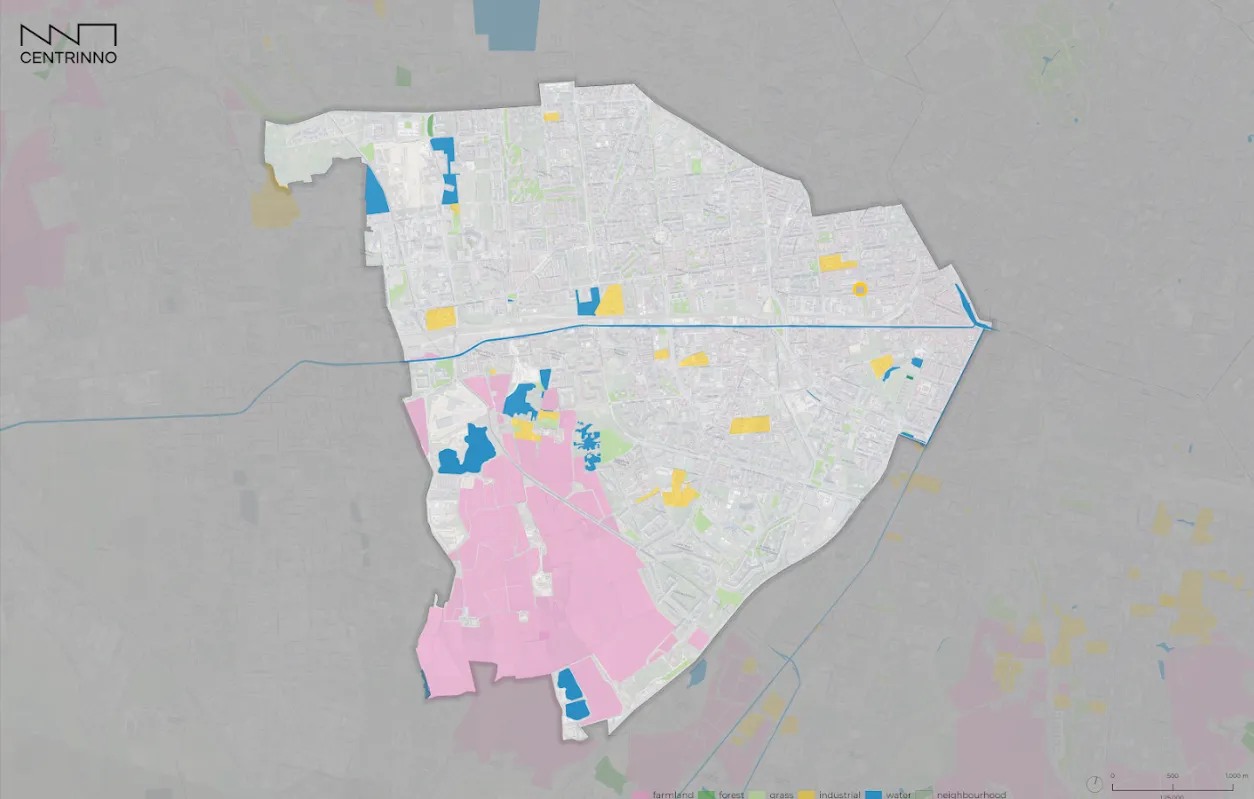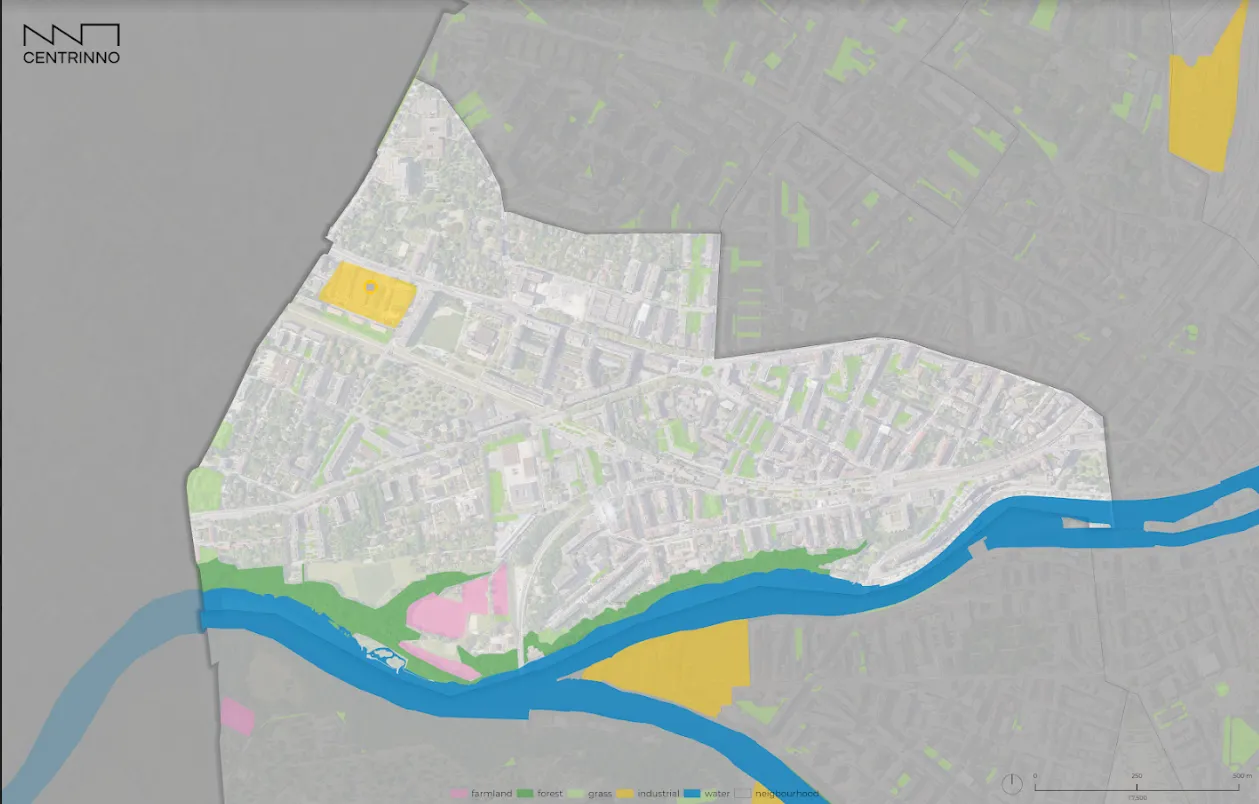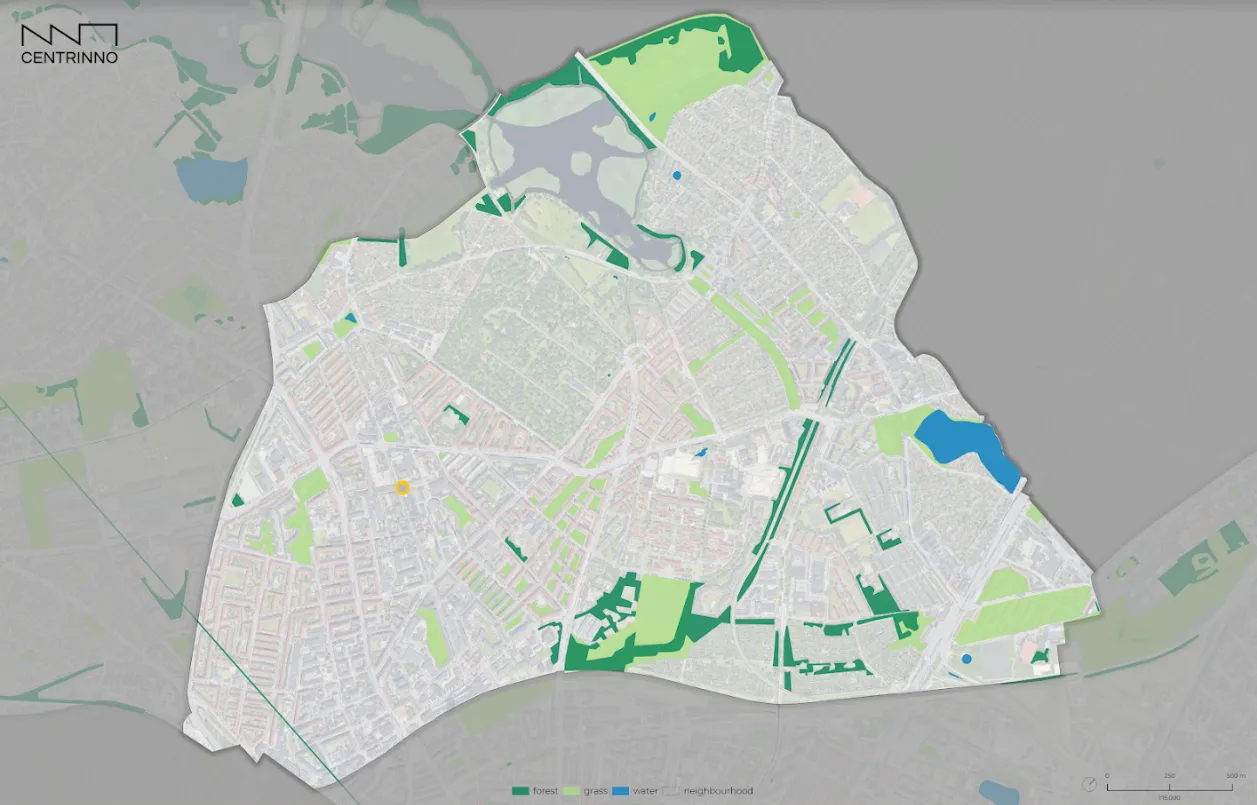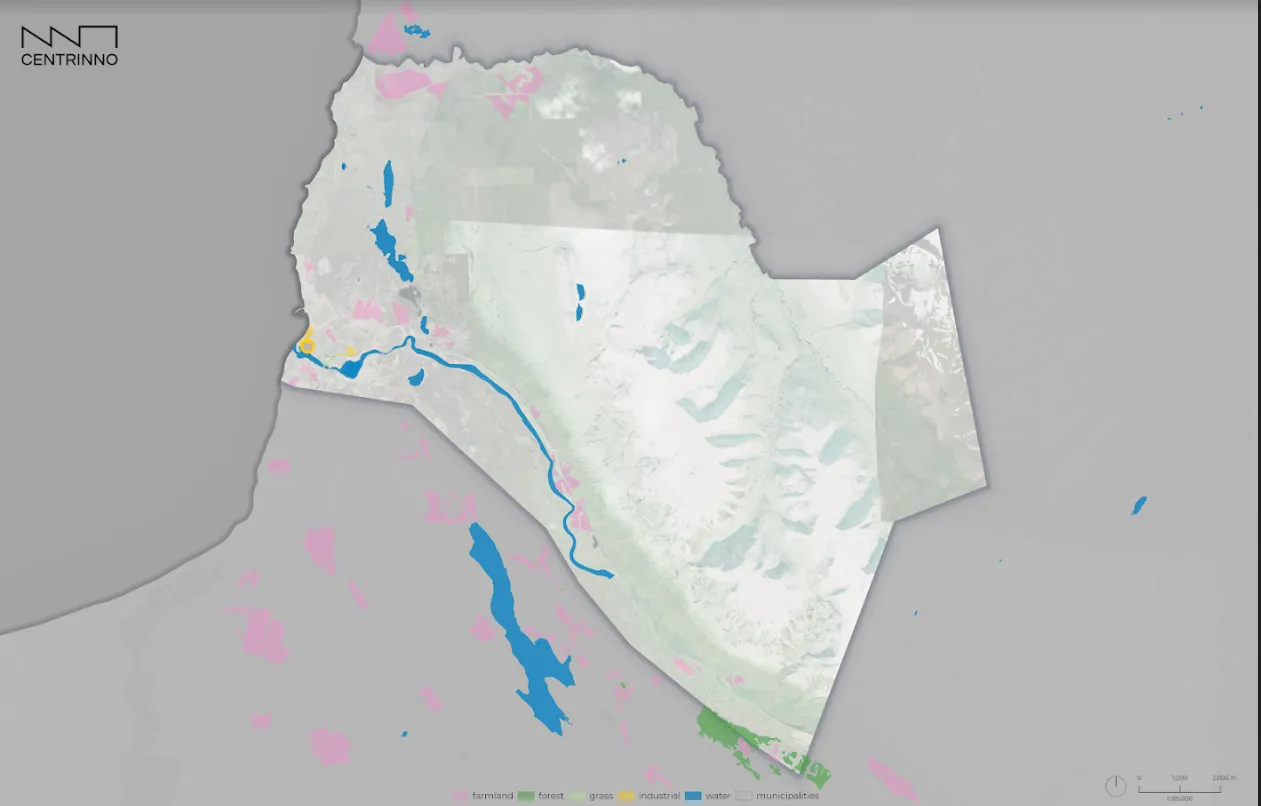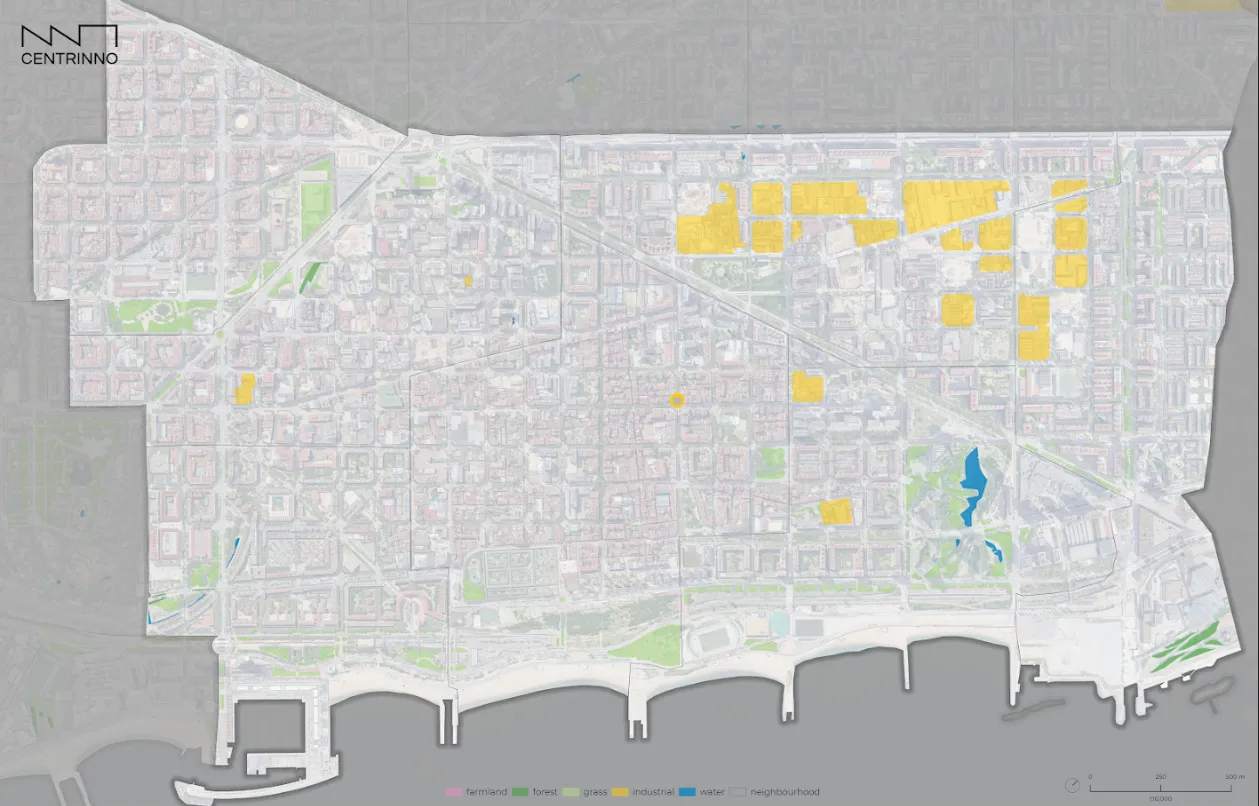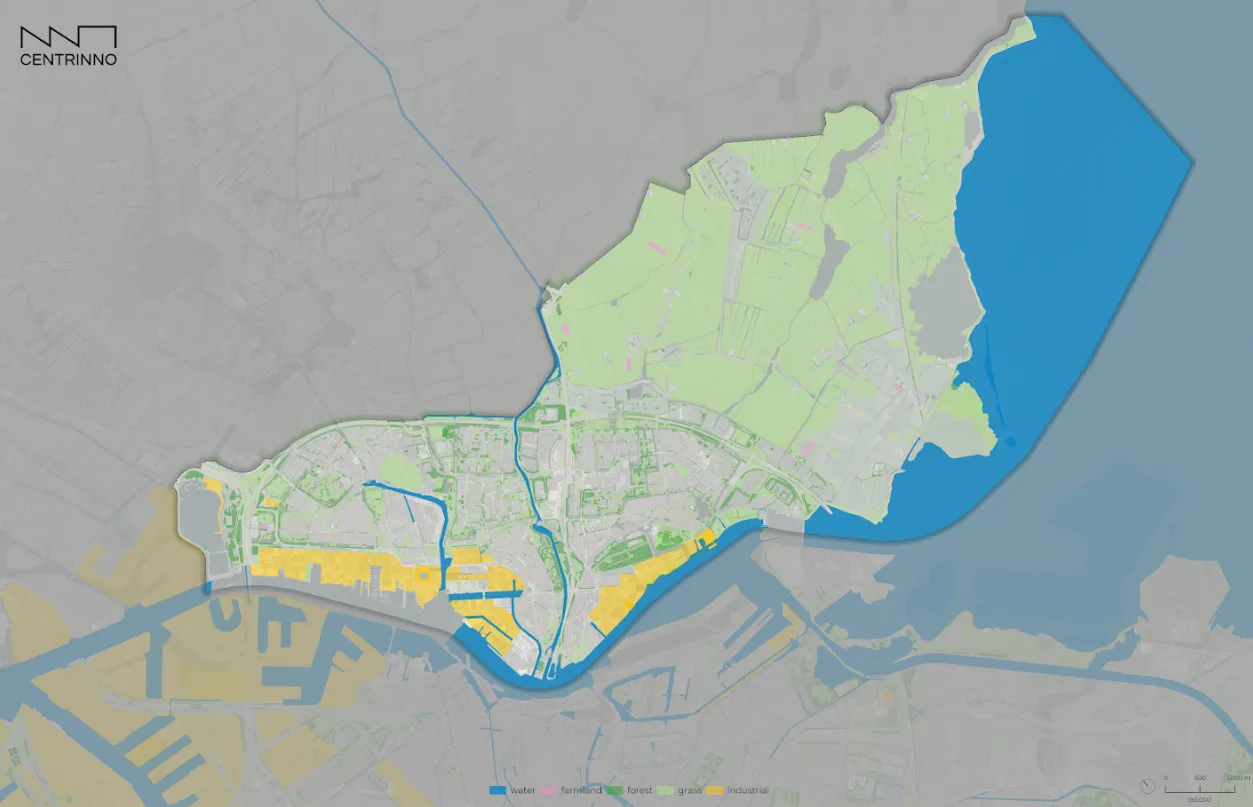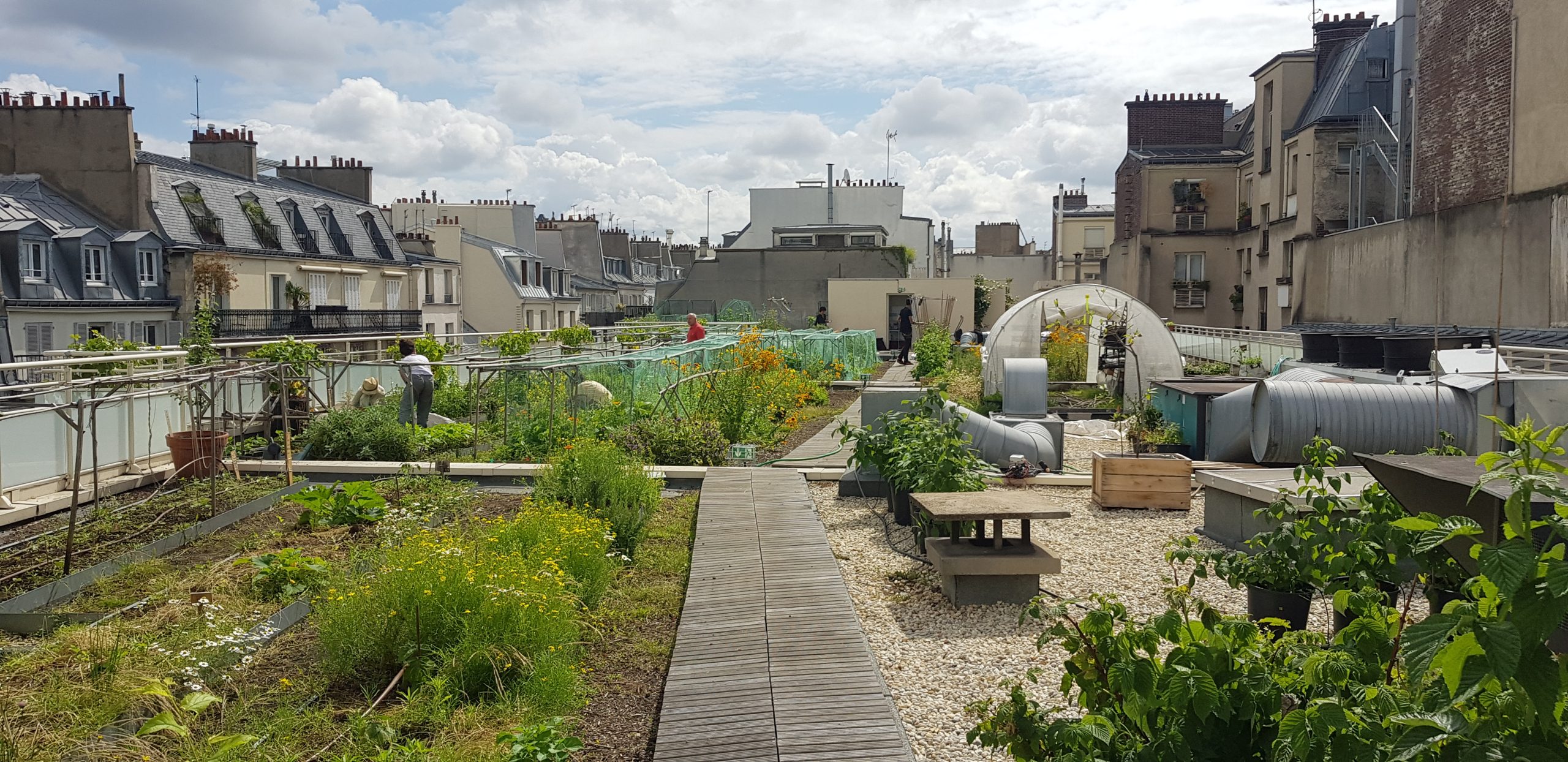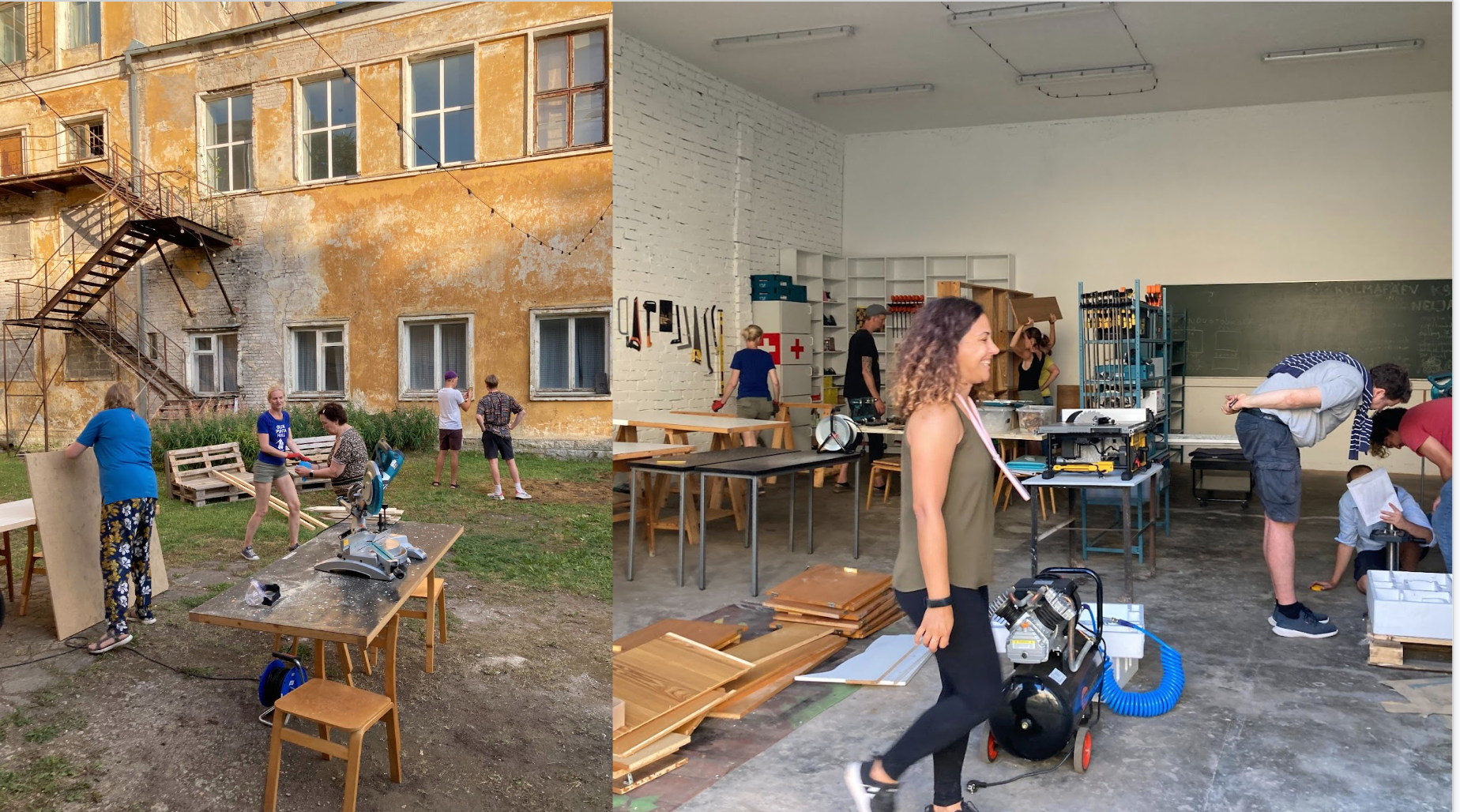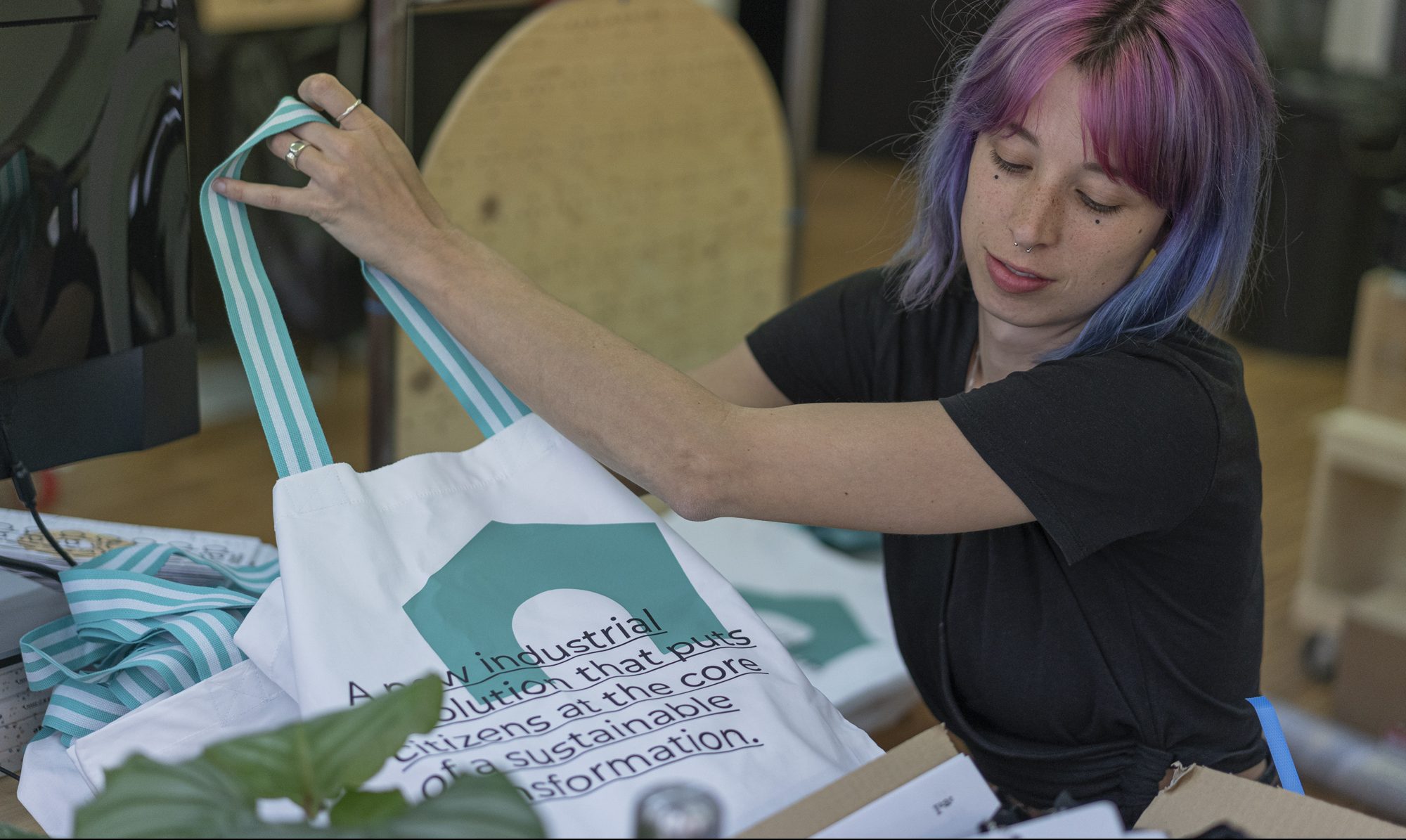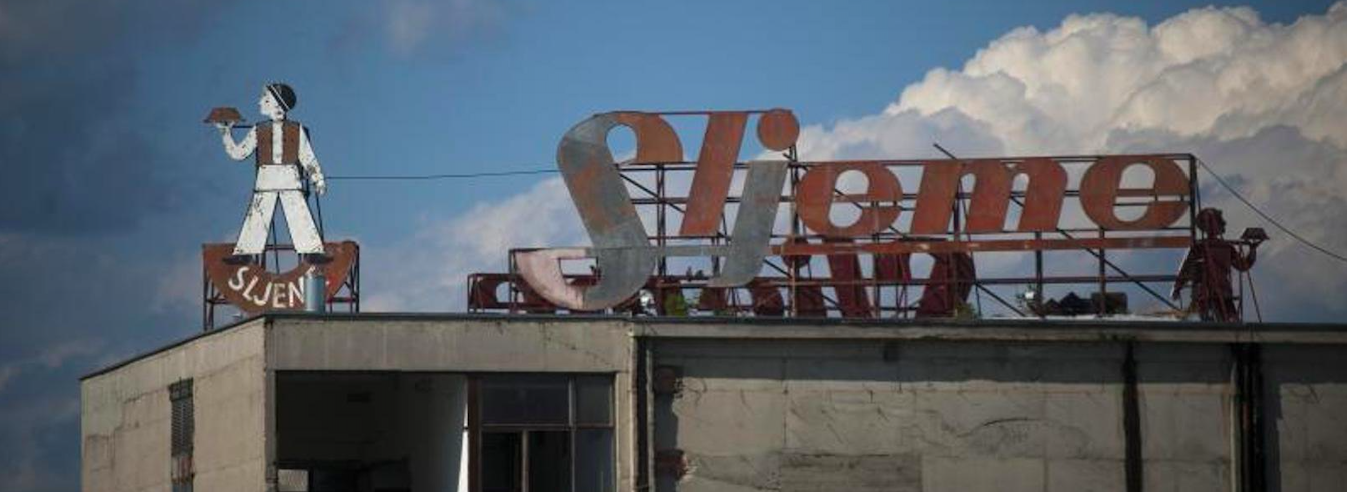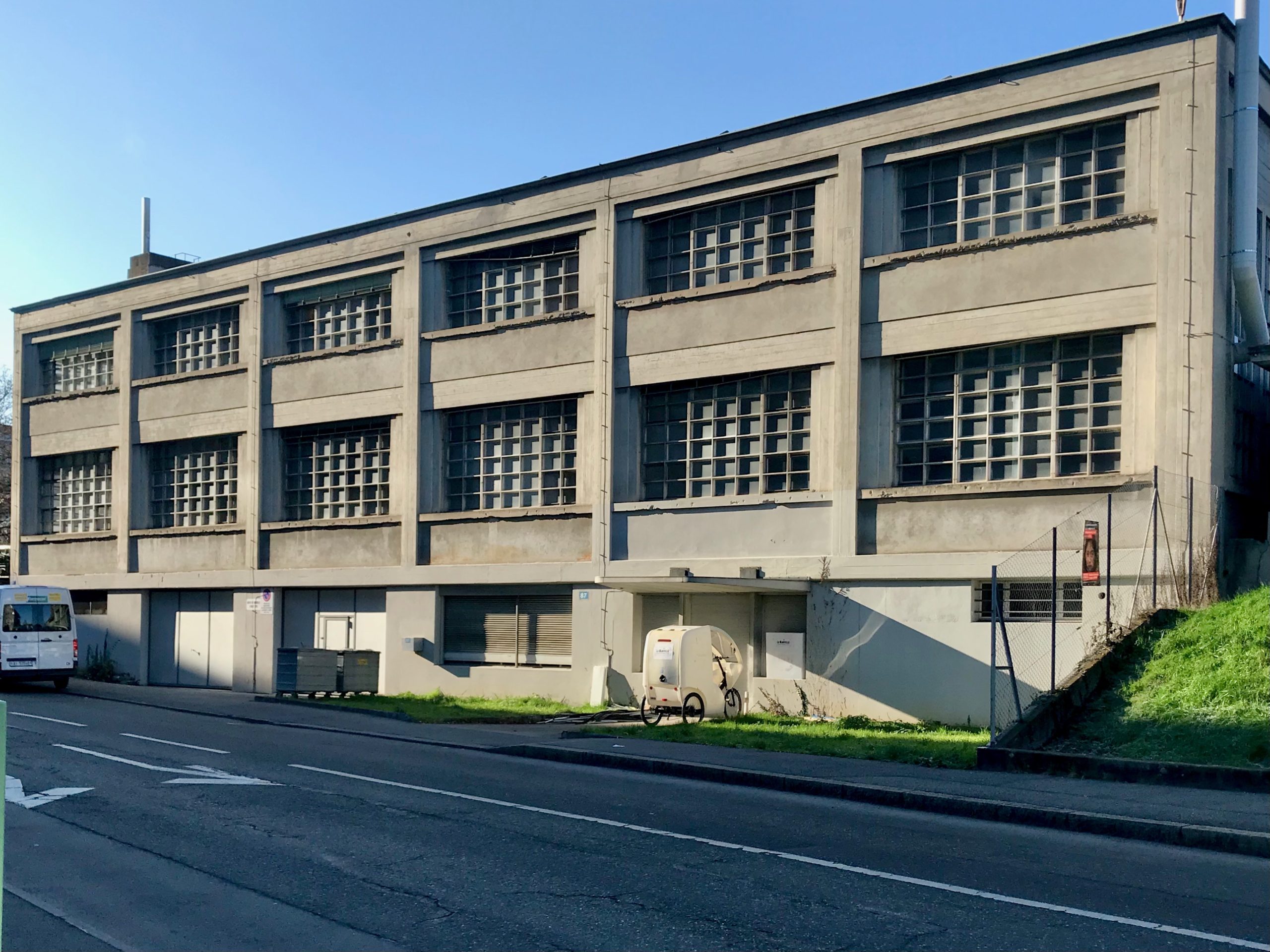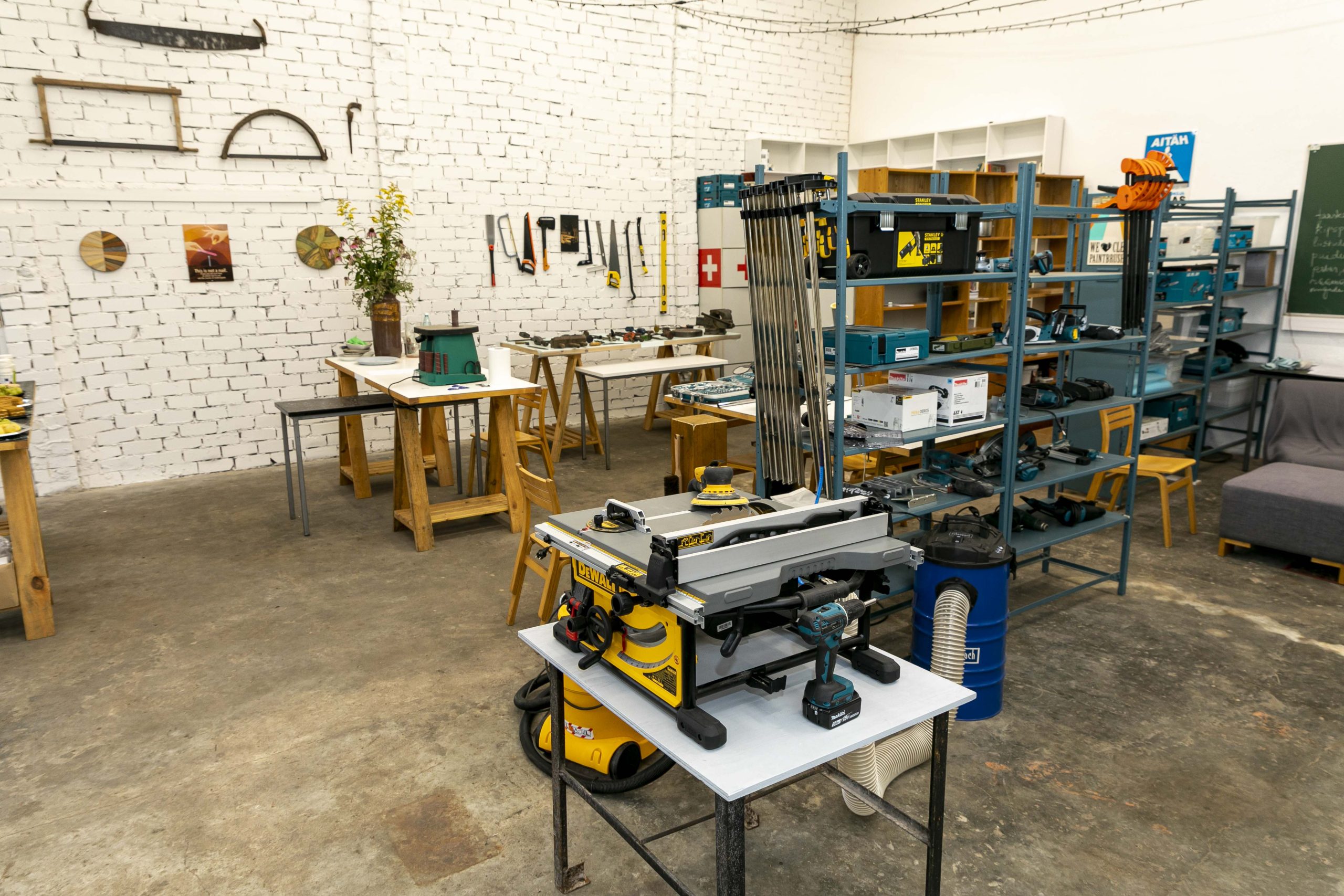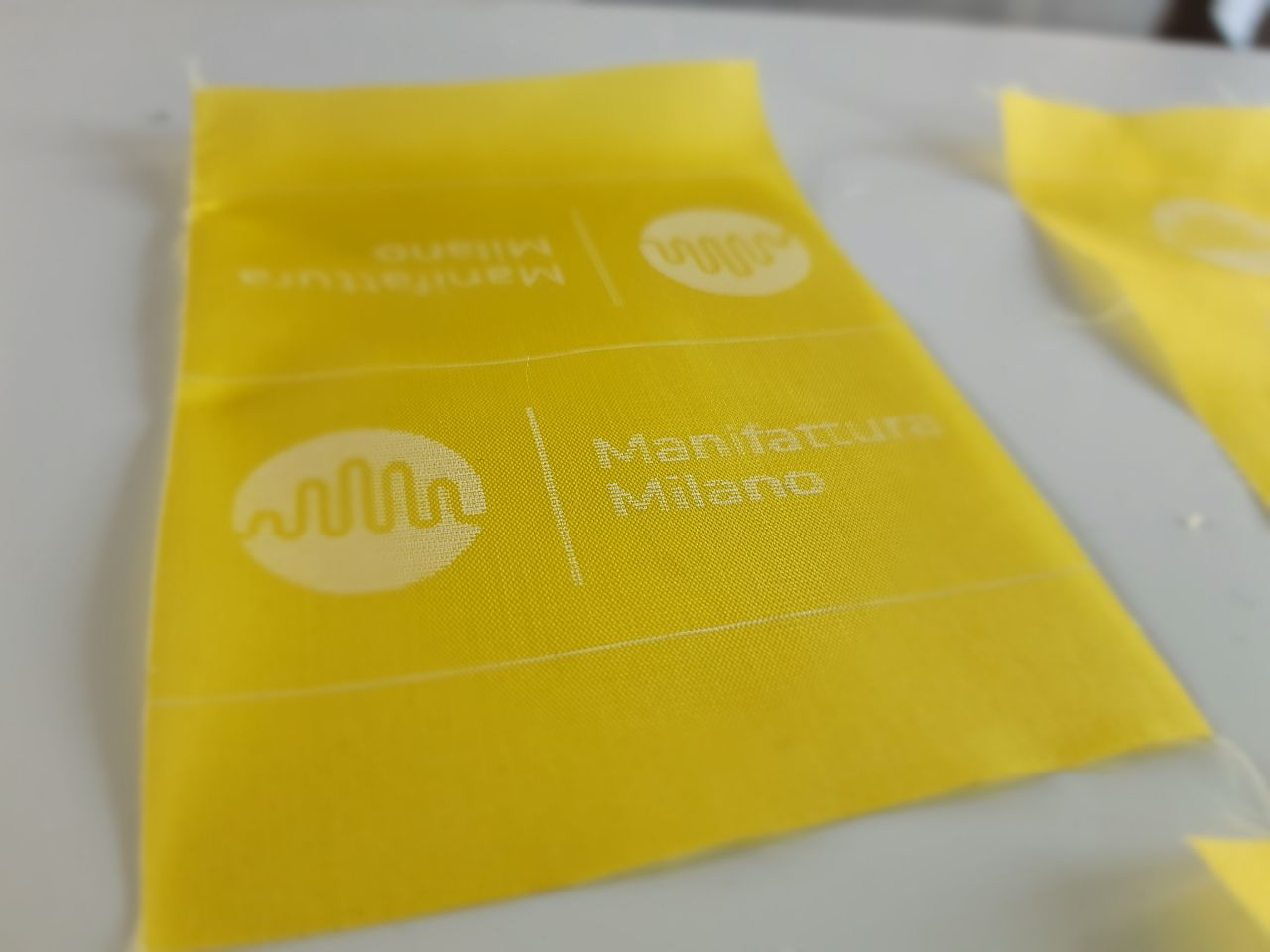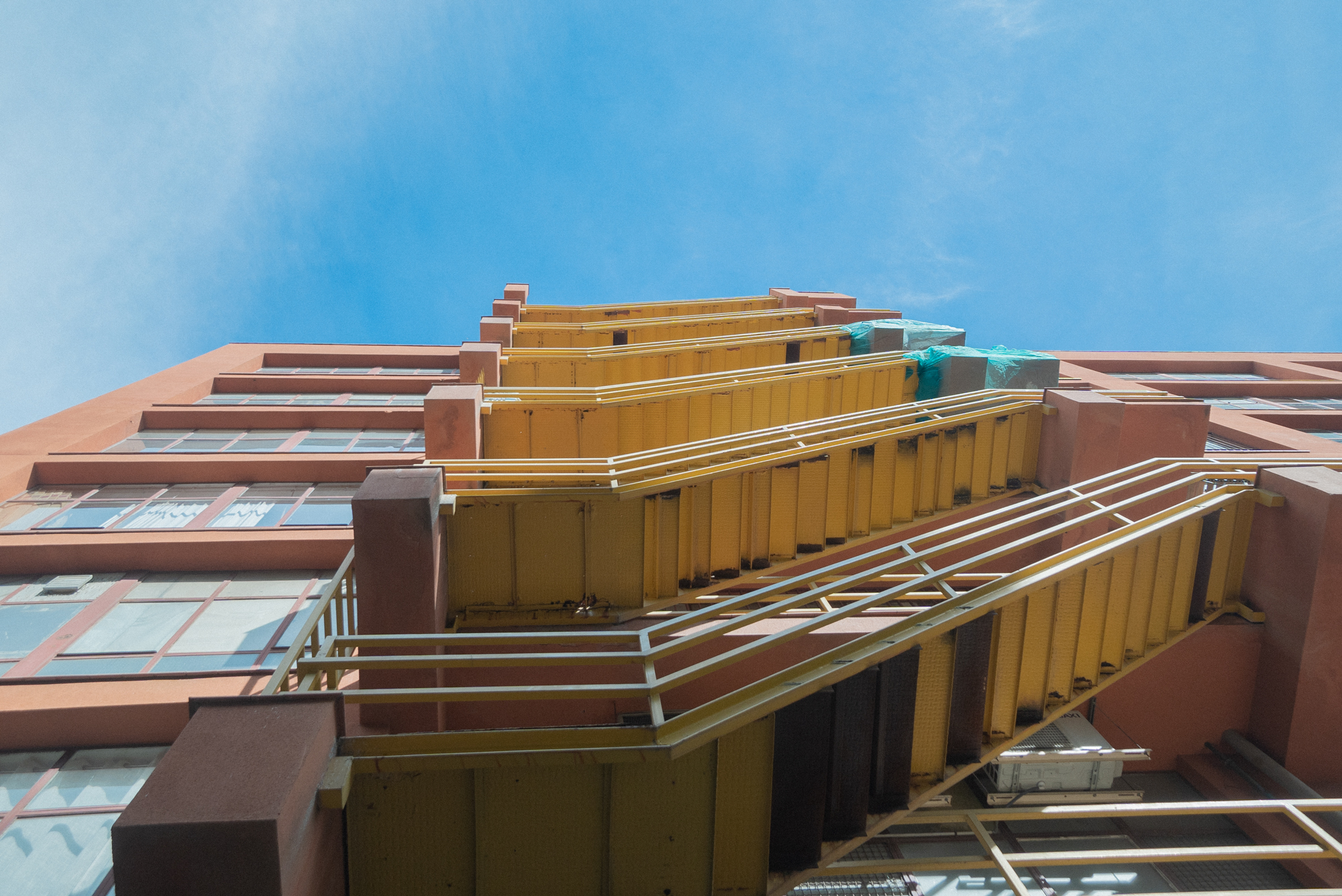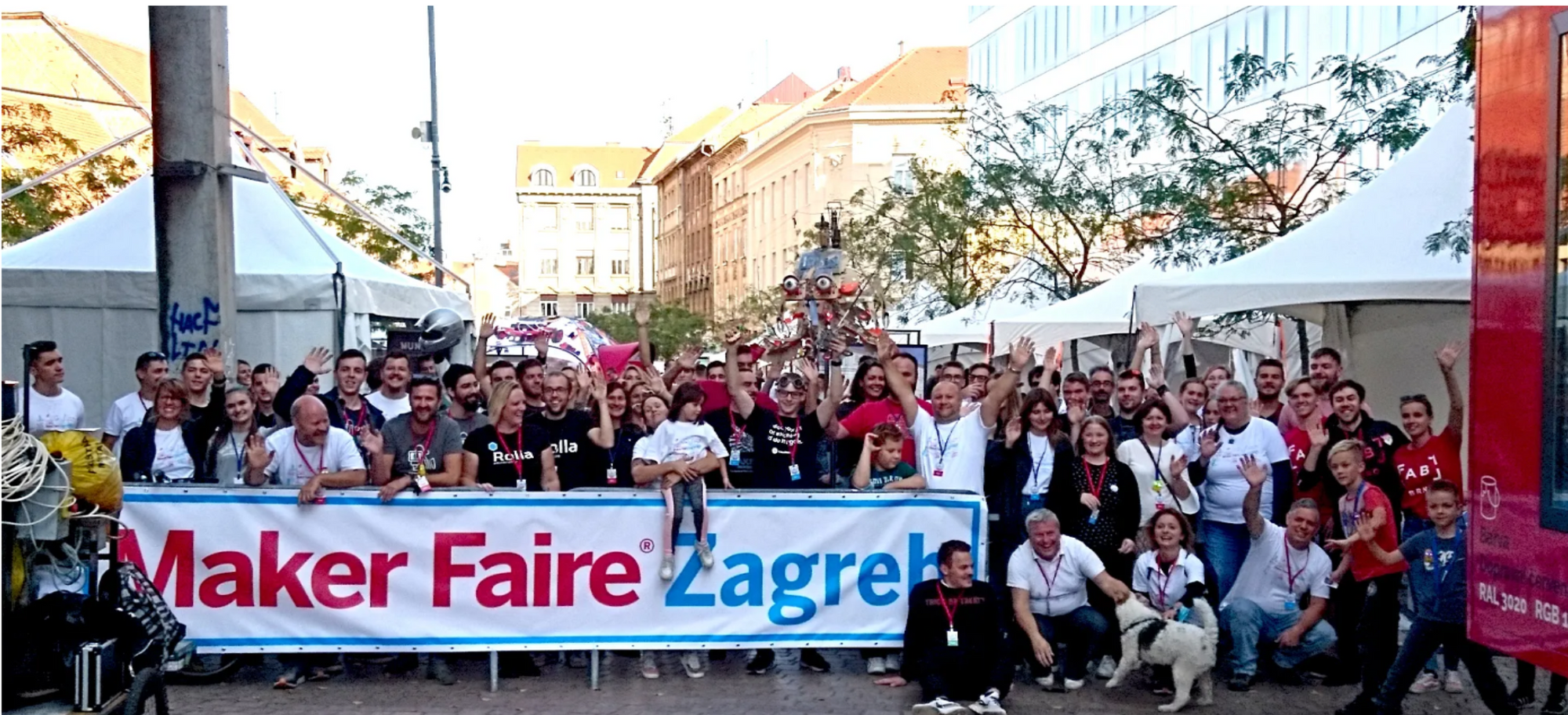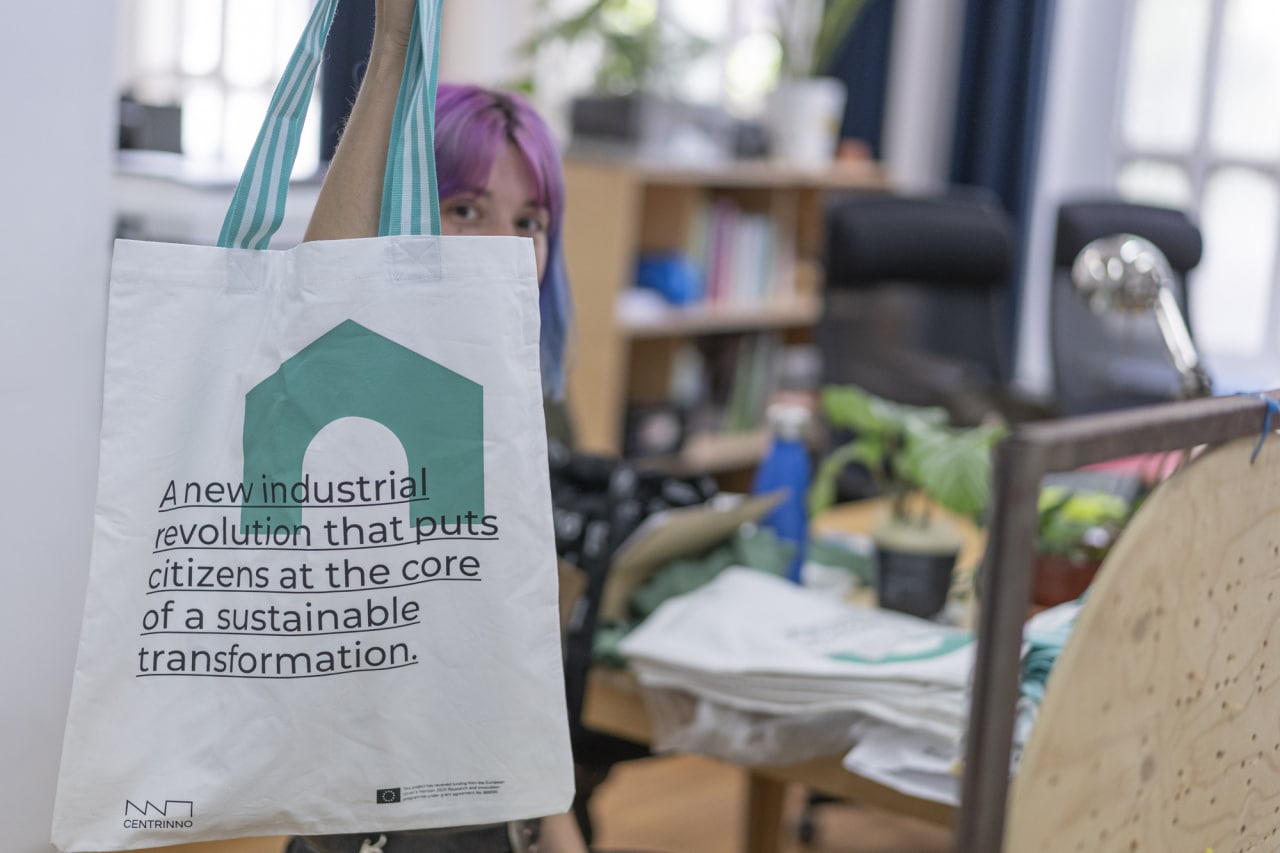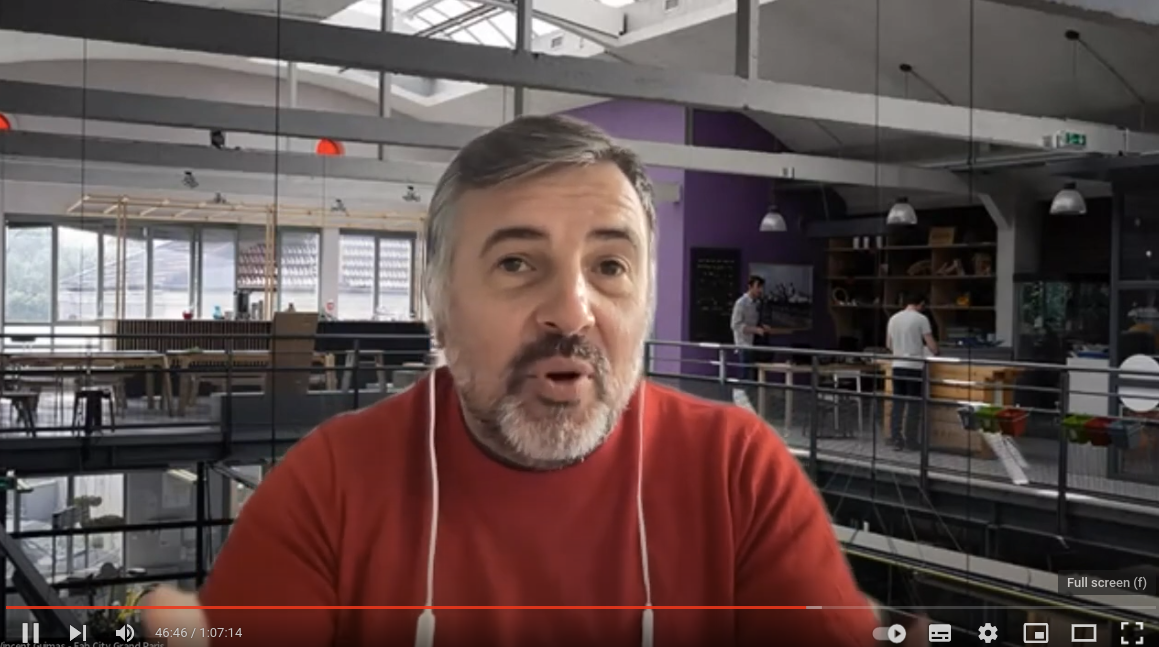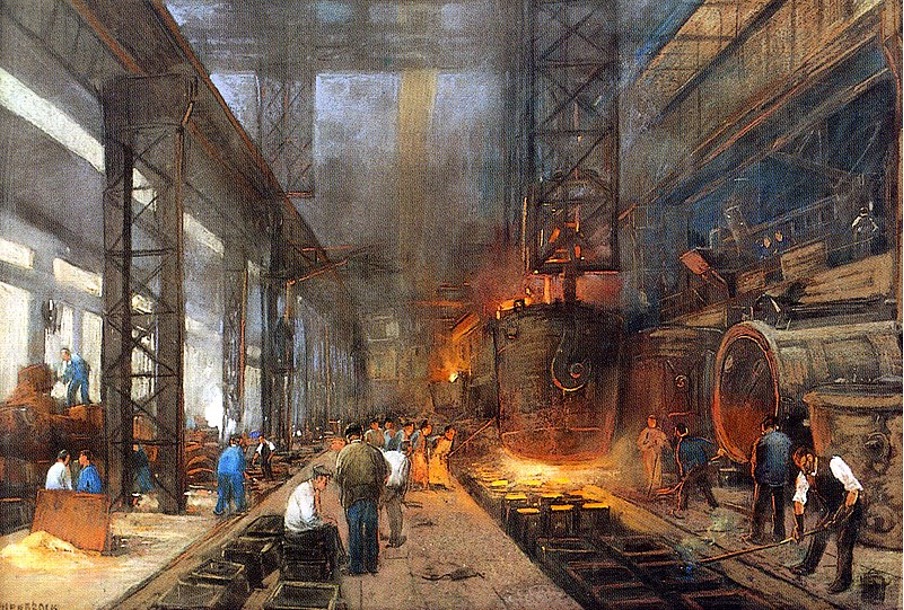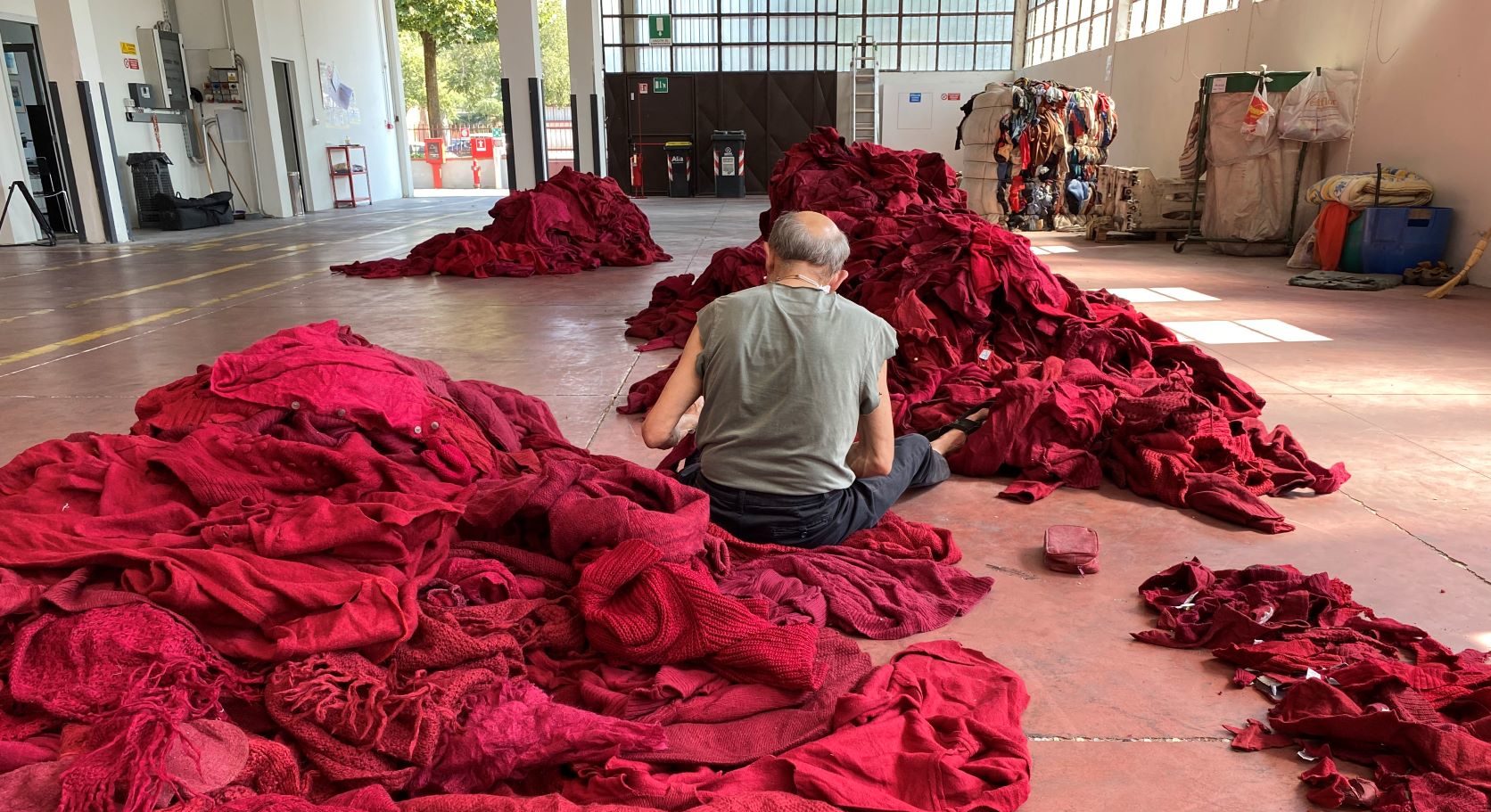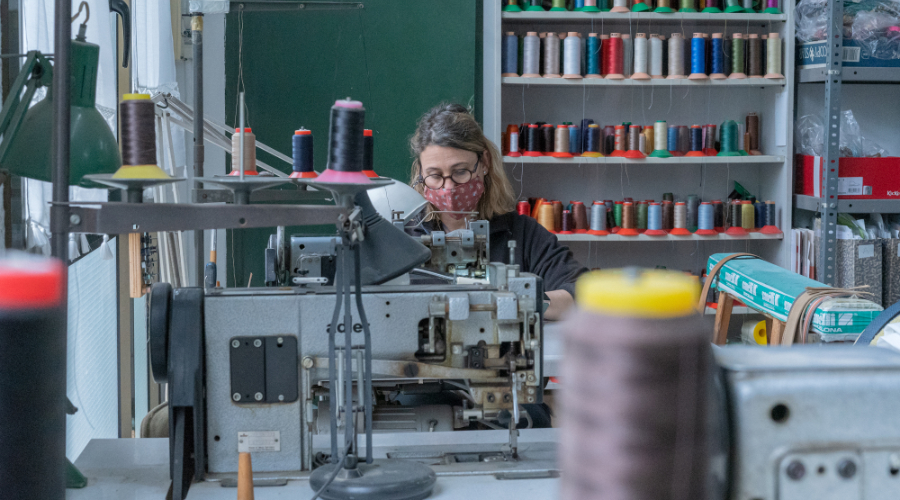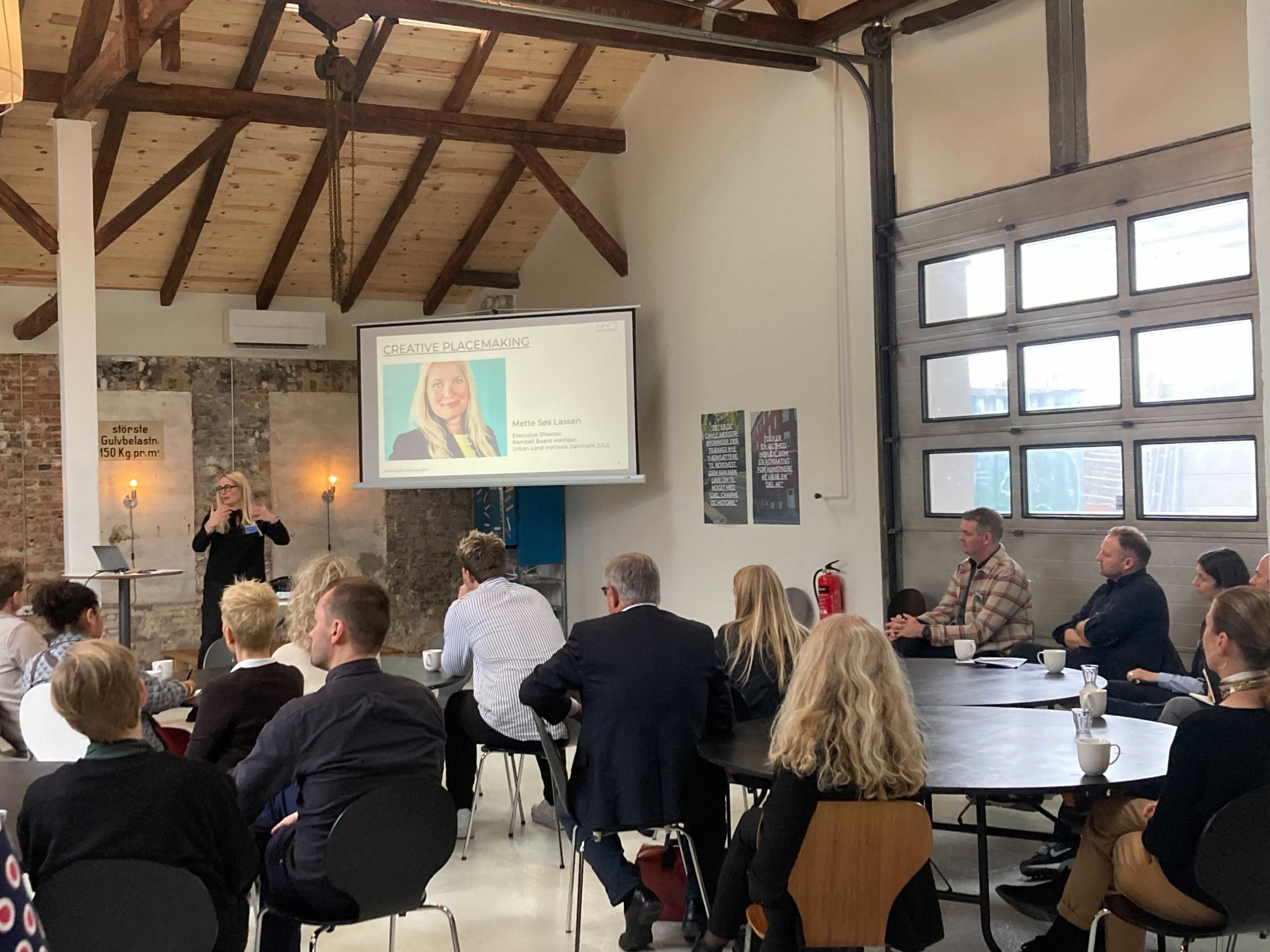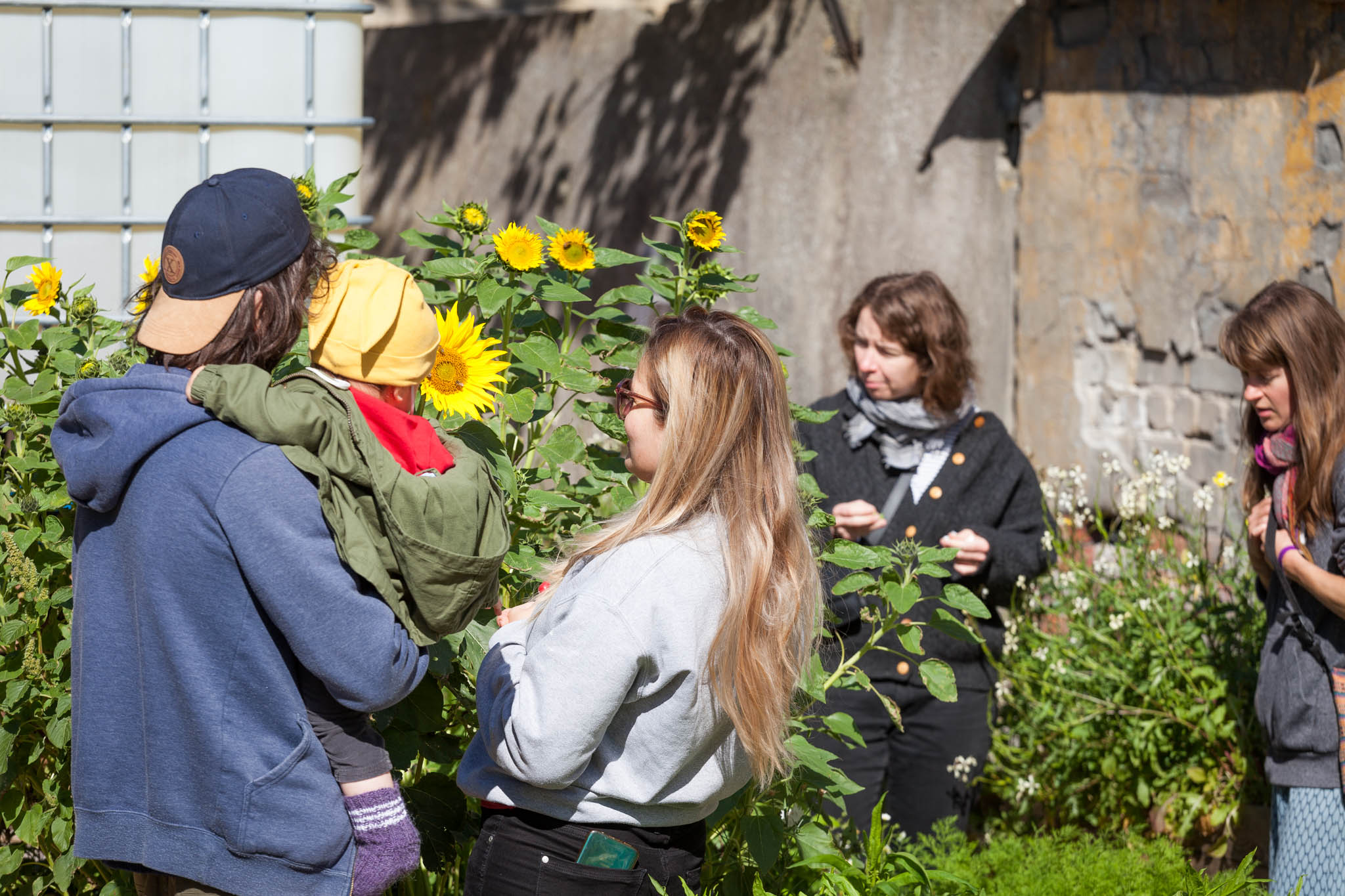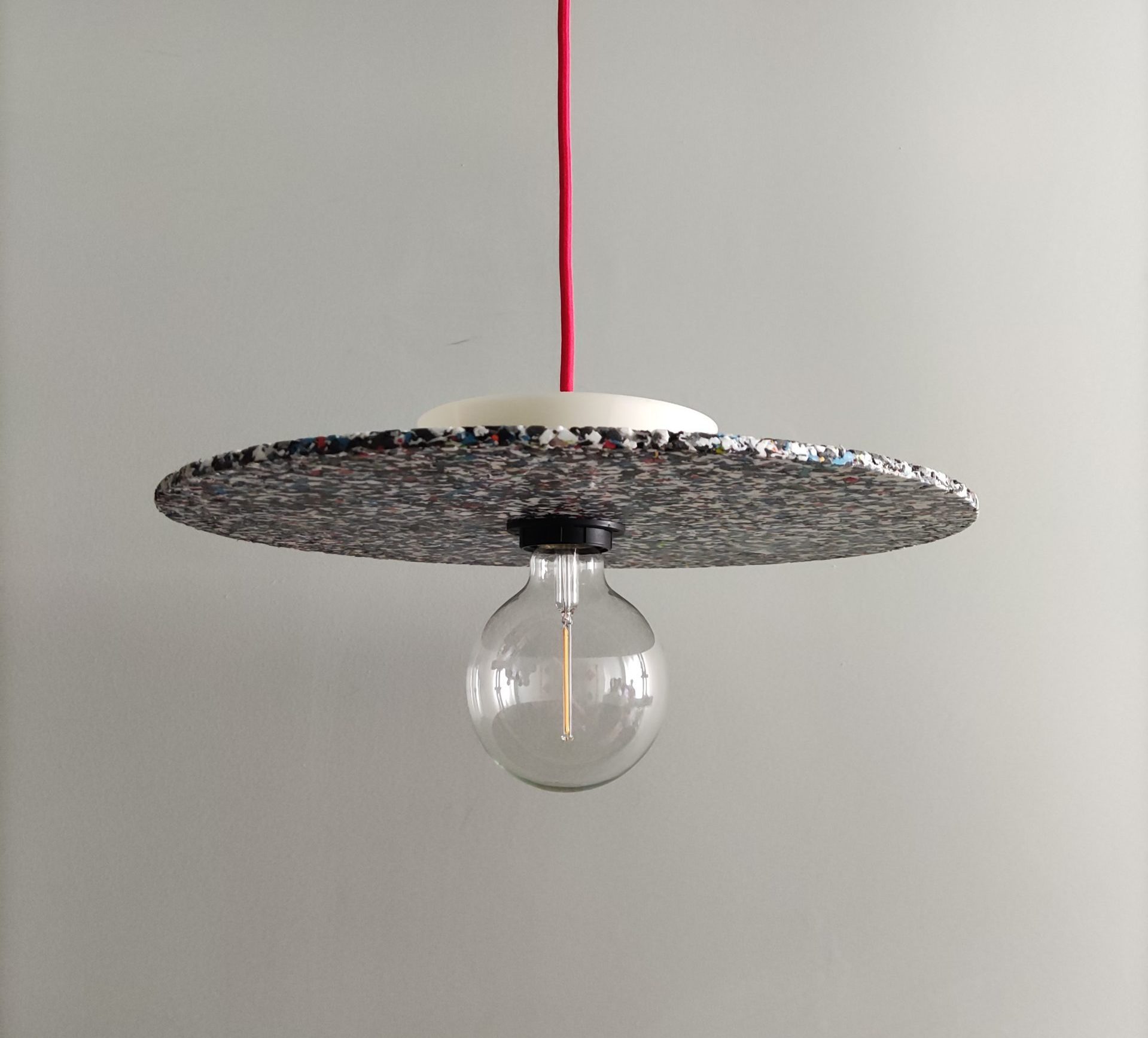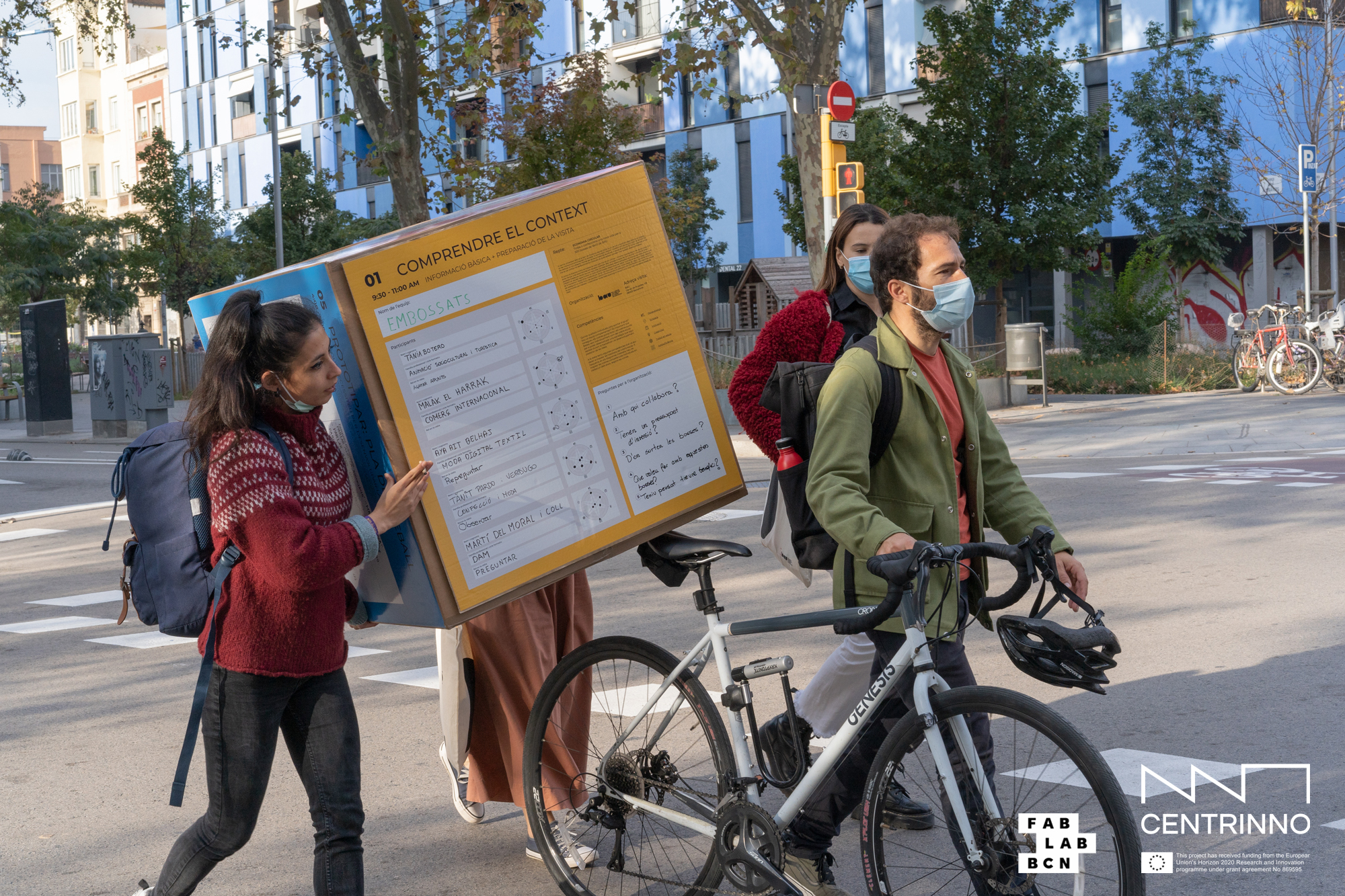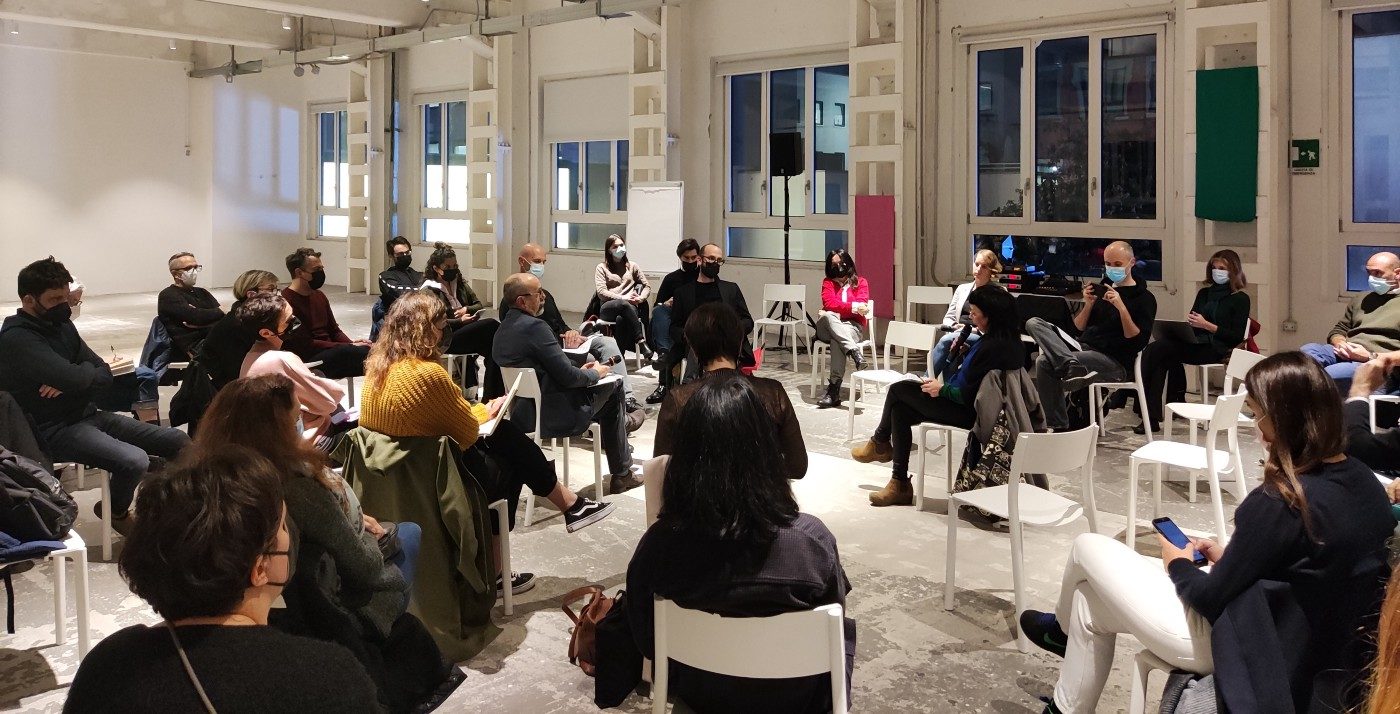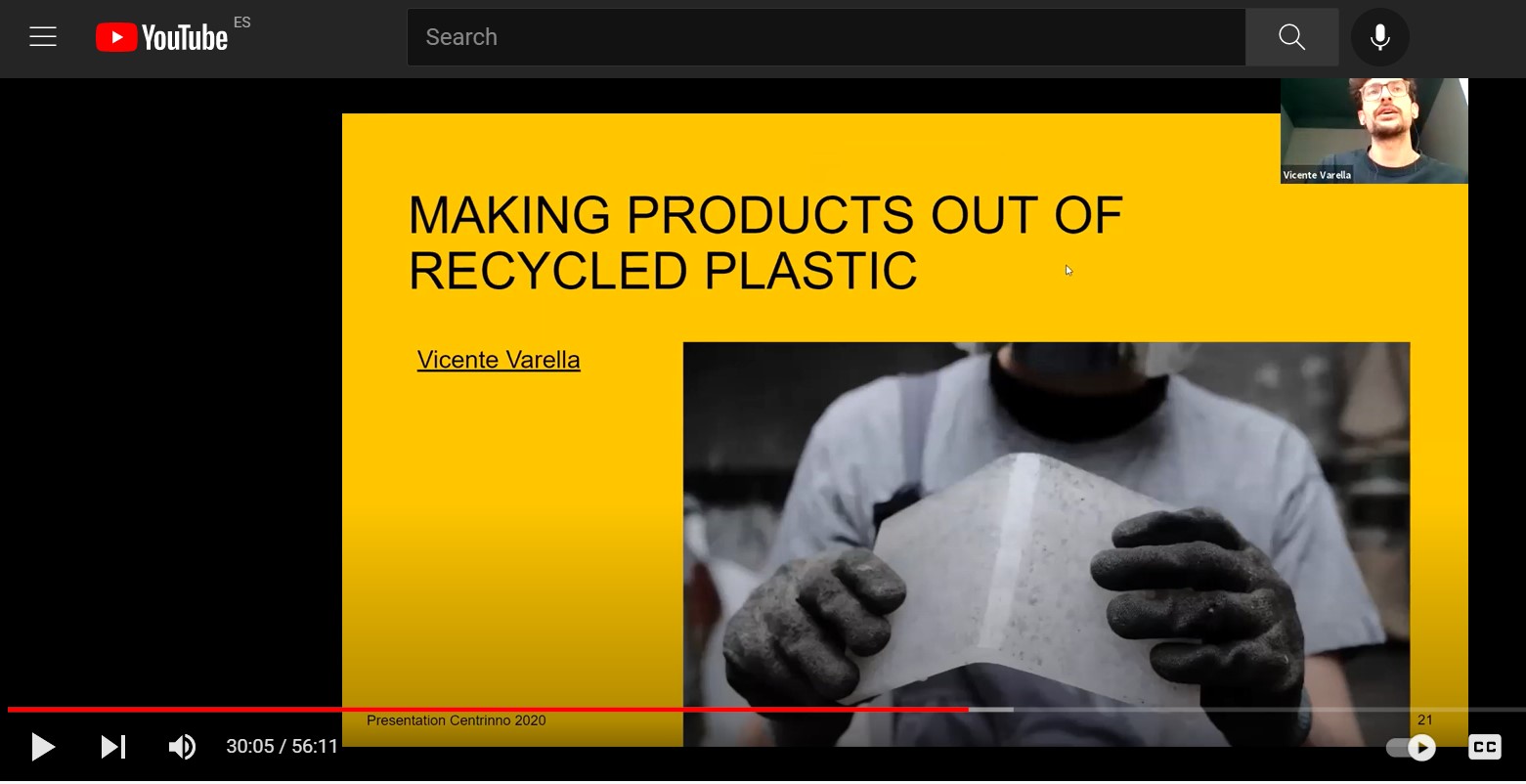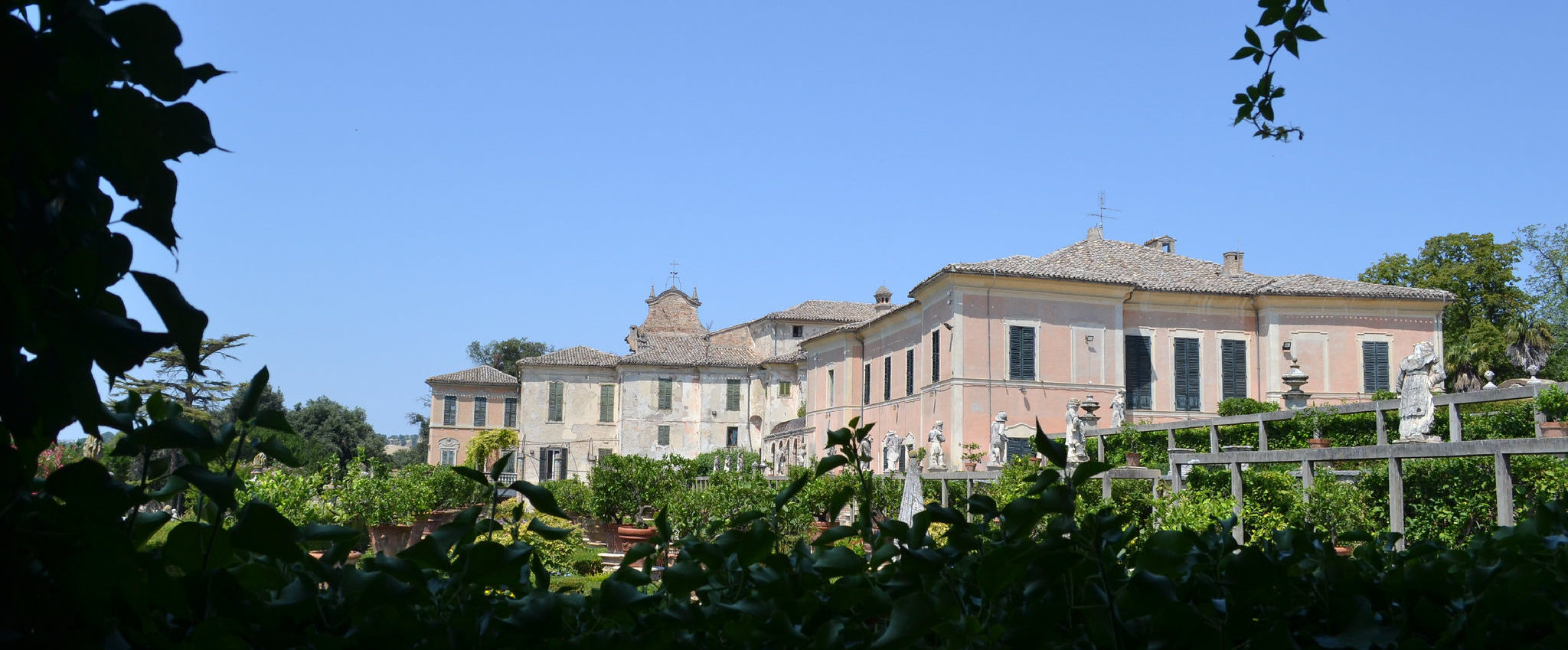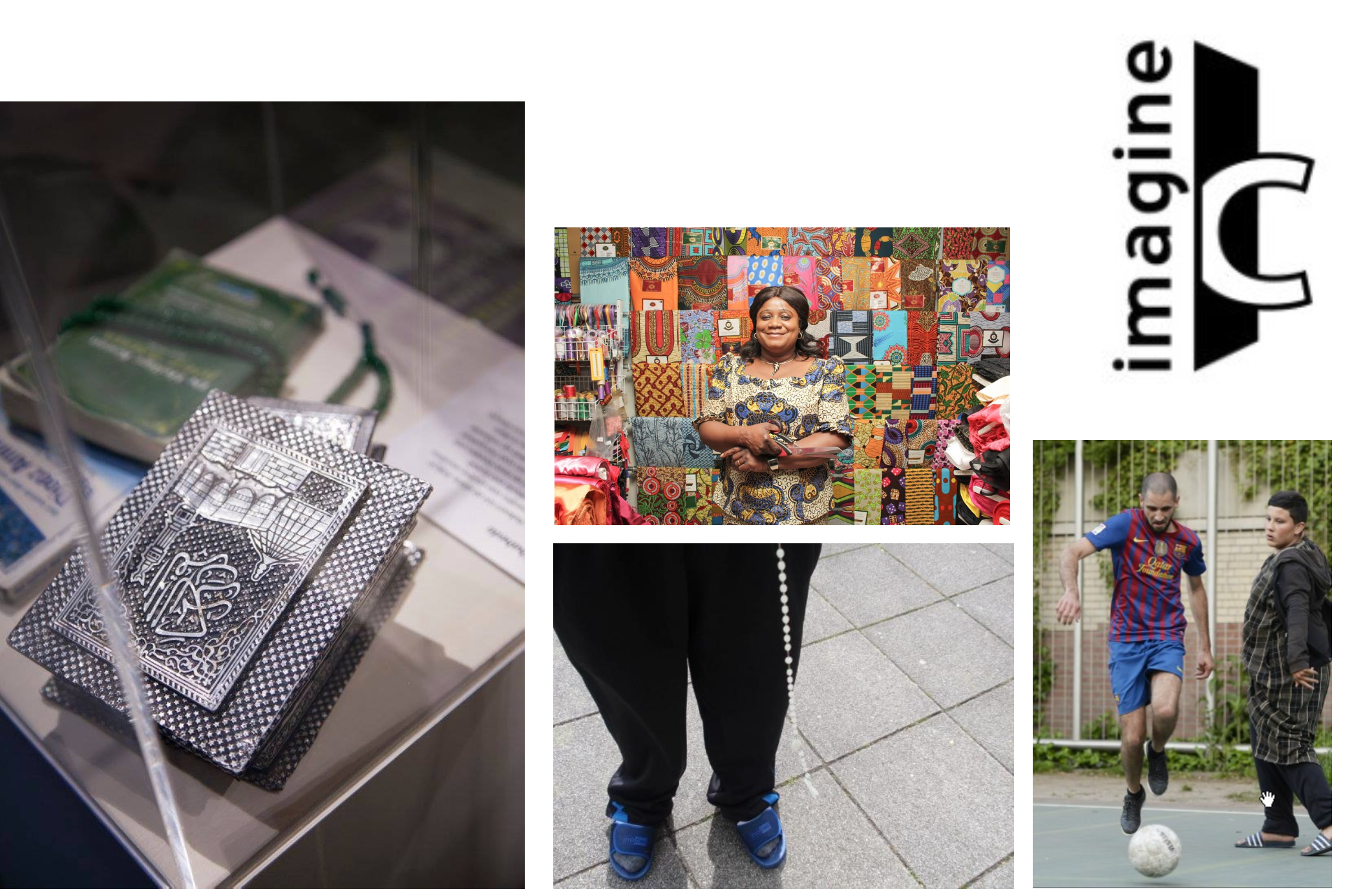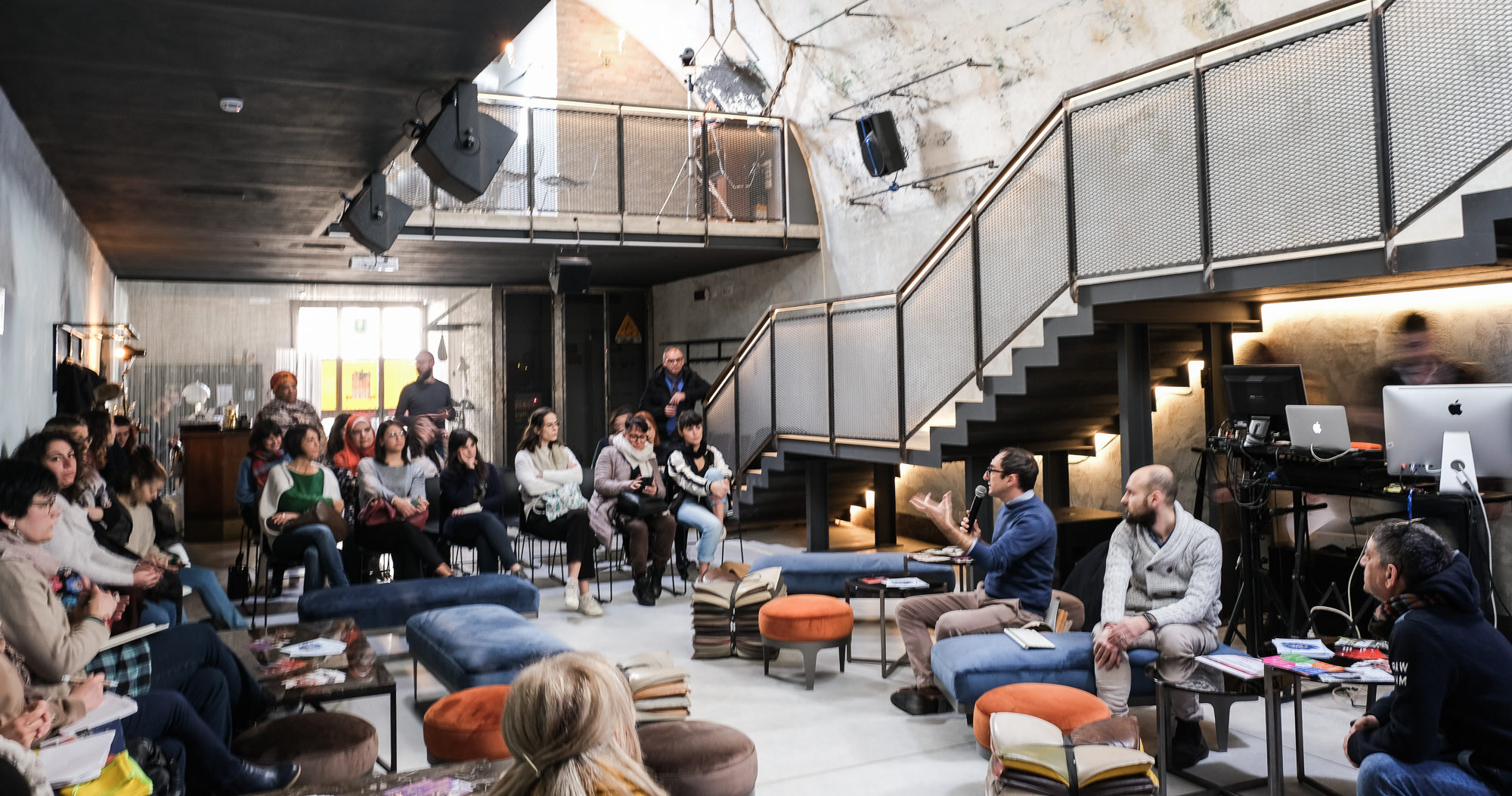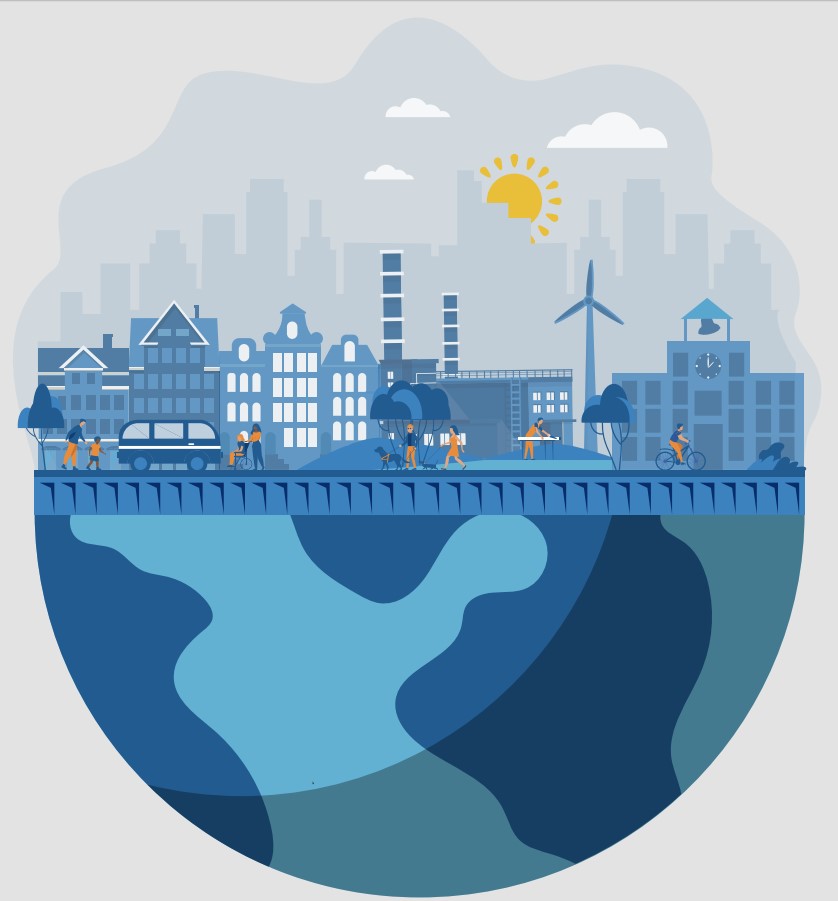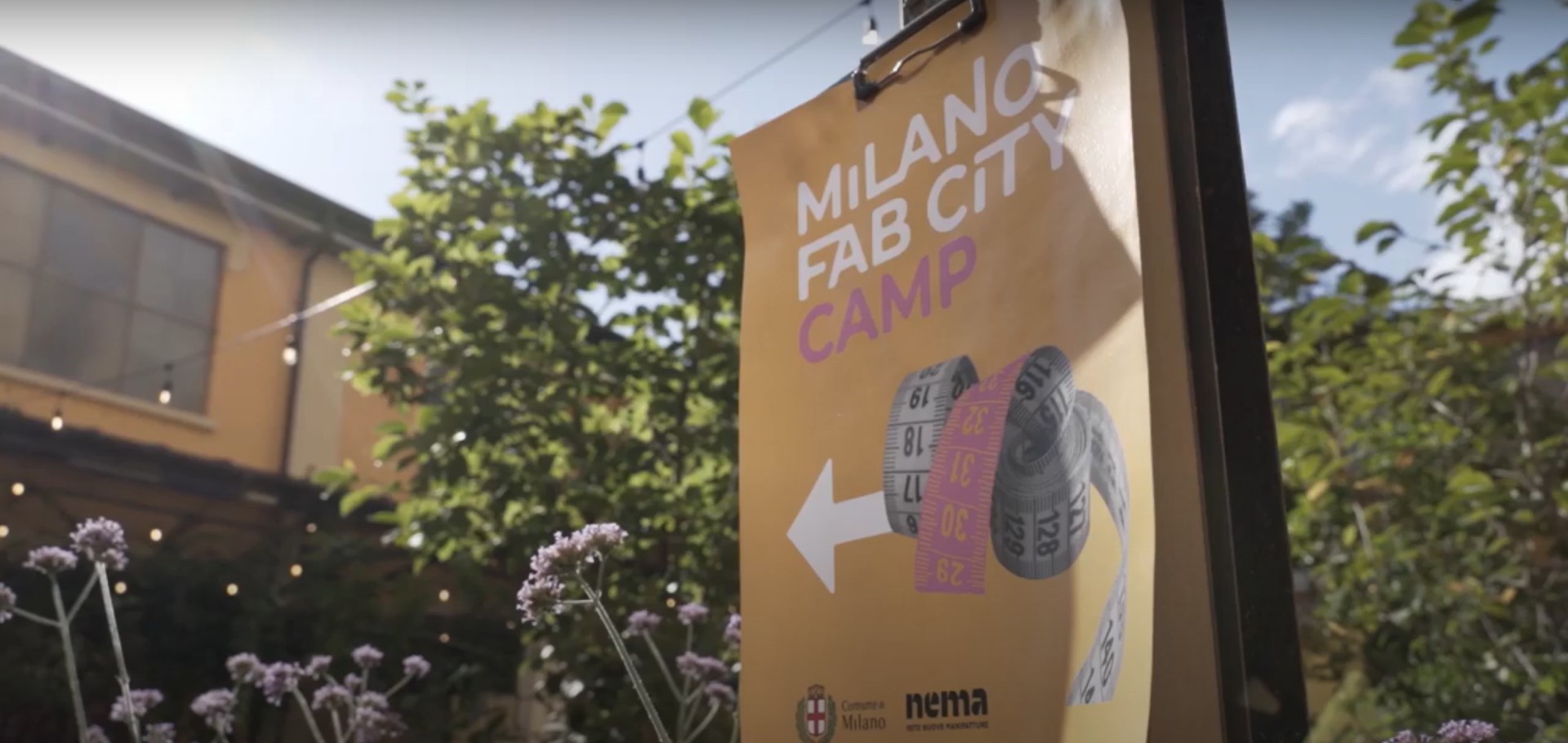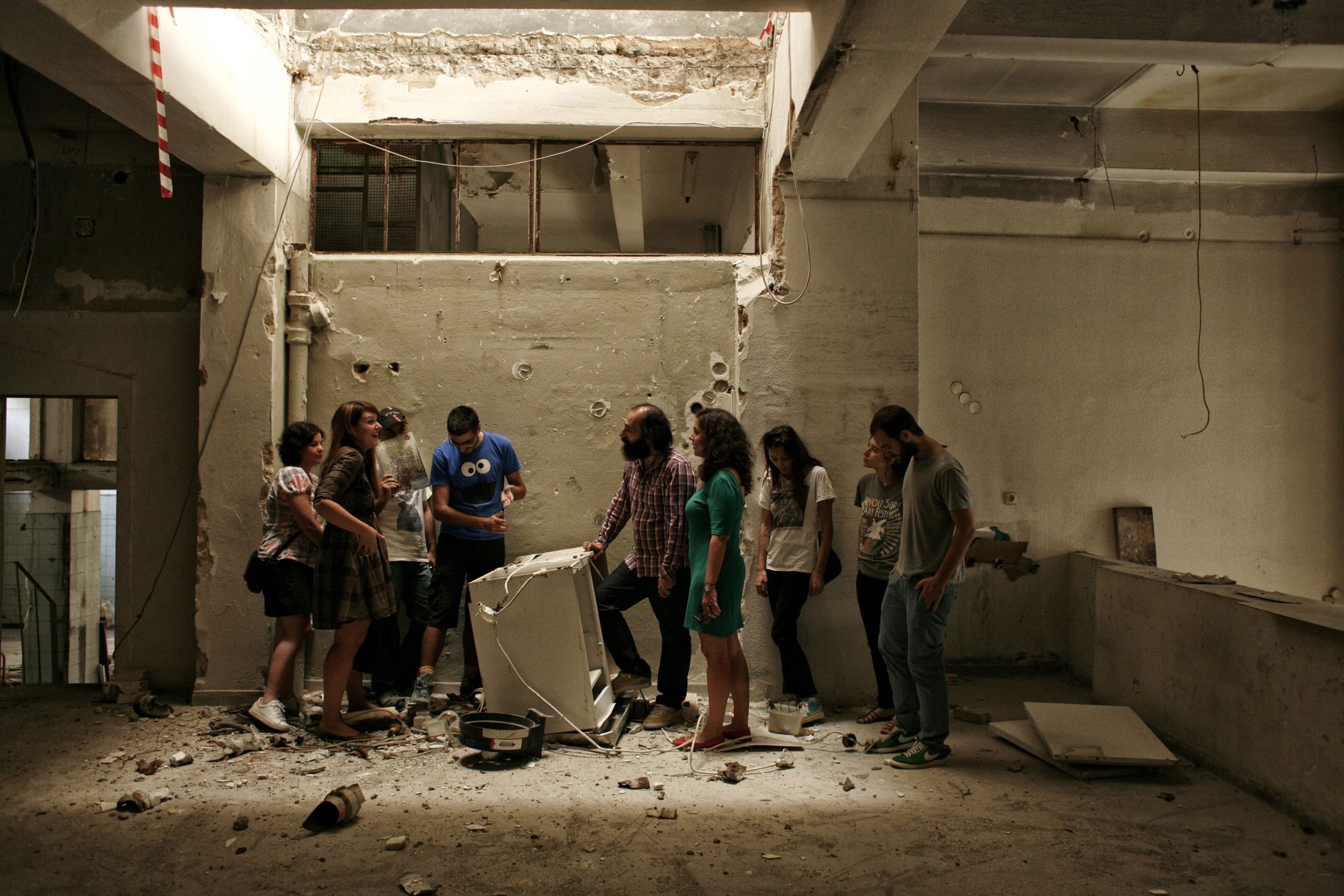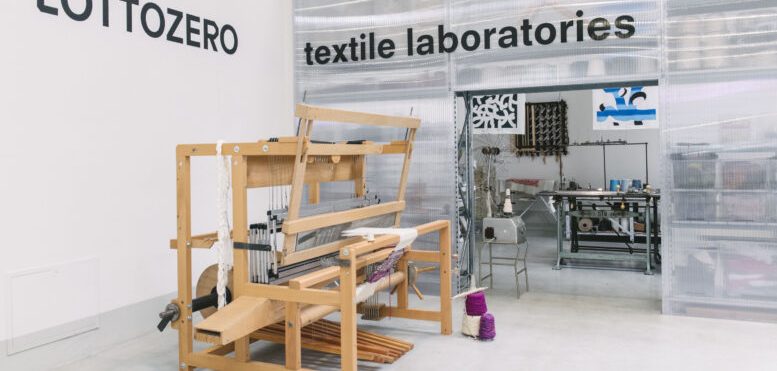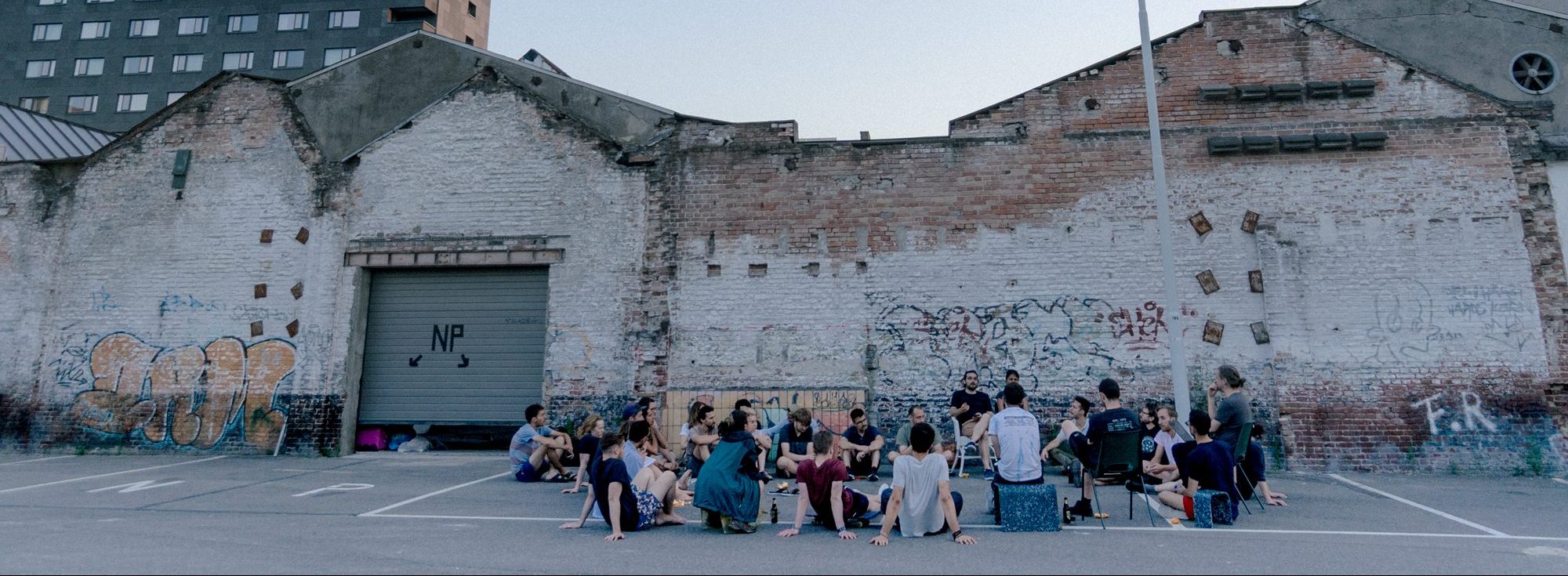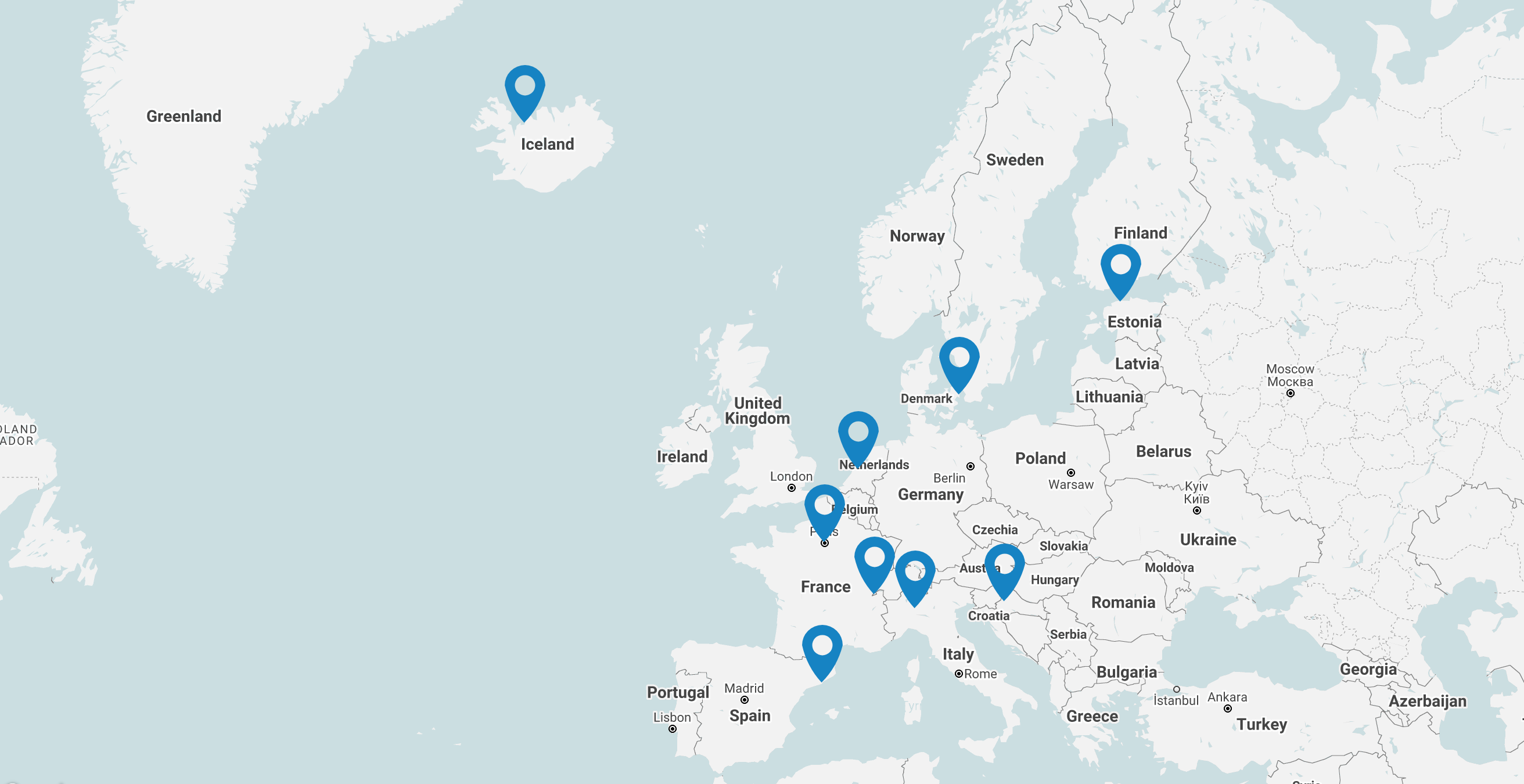BLOG
Overview: Waste management strategy in Zagreb
Waste management in the City of Zagreb involves a comprehensive strategy aimed at minimizing the environmental impact of waste and promoting sustainable practices. The strategy typically includes waste reduction, recycling, waste separation, and proper disposal methods. Here are some key aspects of waste management:
- Waste Reduction: The city encourages waste reduction through awareness campaigns, promoting sustainable consumption practices, and supporting initiatives that reduce the generation of waste at the source. This can include measures such as promoting reusable products, minimizing packaging, and encouraging residents to compost organic waste.
- Waste Separation: Proper waste separation is crucial for effective waste management. The City of Zagreb typically implements a system of separate collection, where residents are provided with different containers or bins for different types of waste, such as recyclables, organic waste, and general waste. This separation allows for easier recycling and proper disposal.
- Recycling: Recycling plays a significant role in waste management. The City of Zagreb usually operates recycling facilities where recyclable materials like paper, plastic, glass, and metals are processed. Residents are encouraged to separate recyclable items and deposit them in designated recycling containers or take them to recycling centers.
- Waste Disposal: For waste that cannot be recycled or composted, the City of Zagreb typically provides proper disposal methods such as waste-to-energy plants or sanitary landfills. Waste-to-energy plants convert non-recyclable waste into energy, while sanitary landfills are engineered sites designed to minimize environmental impact and prevent pollution.
- Waste Collection: The city organizes waste collection services to collect waste from residential and commercial areas. Typically, scheduled collection days are assigned for different types of waste (recyclables, organic waste, general waste), and residents are expected to place their waste in designated containers or bins for collection.
Legislative framework
European and Croatian legislation insists on the economic importance of waste as a source of secondary raw materials and remanufactured materials. The Law on Sustainable Waste Management explicitly stipulates the obligation to recover at least 50% of waste paper, metal, glass and plastic and at least 70% of non-hazardous construction waste by January 1, 2020. The following deadlines are set for biodegradable waste: until December 31, 2016. reduce the total disposed of/disposed of bio-waste to 50%, and by 31.12.2020. to 35% of that from 1997. Certain categories of non – hazardous waste are prohibited from being deposited at municipal waste disposal sites, but instead are sent for recycling and recovery, while municipal waste is mandatorily sorted in order to reduce the share designated for disposal.
In 2015, the European Commission proposed a circular economy model and a corresponding action plan with measures that foresee a more pronounced use of waste as a raw material and an additional reduction in the amount of unused waste, but in the reporting period, the legal framework for the application of this model was not established in Croatia.
Waste management plan in the City of Zagreb
The waste management plan in the City of Zagreb until 2015 defines the existing spatial components of the waste management system. In addition to the existing landfill Prudinec in Jakuševac and composting plants in Prudinec and Markuševac, the creation of a composting plant in Obreščica and the establishment of the Zagreb Center for Waste Management (ZCGO) in Resnik, at a location east of the Central Wastewater Treatment Plant of the City of Zagreb, has been determined. For the processing of construction waste, the recycling yard at Prudinac was retained (next to Kostanjek as a replacement location) and a new recycling yard for construction waste is planned at the Resnik – Ostrovci location.
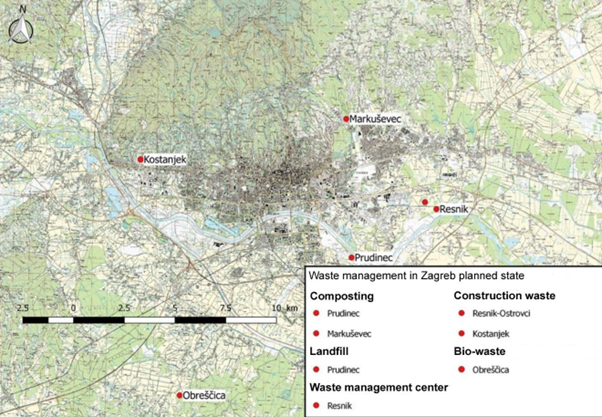
Figure 1. Locations for waste management in the City of Zagreb
Waste management in Zagreb
The only landfill for mixed municipal waste in the City of Zagreb is the Prudinec landfill. The municipal waste of all households and almost all economic entities in the area of the city of Zagreb is deposited there. A degassing system is in operation at the landfill, which uses the landfill gas collected by material to produce electricity and thermal energy. Rehabilitation of the landfill Prudinec i its technical capabilities ensure the conditions until the opening of the new Management Center waste. According to data for 2019, municipal waste per inhabitant amounted to 311 kg/person. Municipal waste collection is organized in the entire area of the City of Zagreb, in all 17 city areas fourth. Separate collection of municipal waste is ensured by containers at the service user’s premises,
containers on public areas and in recycling yards and mobile recycling yards. In the area of the City of Zagreb, 10 recycling yards are in operation for the disposal of about 40 types of waste and 7 mobile recycling yards.
Biodegradable waste is processed in the City of Zagreb in 2 composting plants (Prudinec and Markuševac). The compost plant in Markuševac for composting in piles has a capacity of 10,000 t/year, and the compost plant Prudinec composting plant with aerobic decomposition has a capacity of 27,000 t/year. In compost bins recovers all green waste and returns it as compost to the green areas of the City and to the production process herbs. The free capacity of the compost bin is also used for receiving vegetative bio waste originating from markets, shopping centers and manufacturing activities. Home composting project of waste, which started in 2017, continues, so that it is available to citizens through the Zagreb Holding d.o.o. – Subsidiary Čistoća, and in cooperation with the Zagreb Waste Management Center d.o.o. 18,050 composters distributed.

Table 1. Amounts of separately collected waste from containers on public areas 2017 – 2020.
Source : Institute for Spatial Planning of the City of Zagreb
This Story illustrates the current state of waste management in the City of Zagreb, together with some future plans, as a part of the Circular Economy. Experiences from different cities as well as methodologies that emerge from CENTRINNO project can serve as valuable insights for Zagreb. Following story on Circular Economy in Sljeme Factory continues this topic on the smaller scale and includes an overview of brownfield locations in Zagreb as well as more detailed circular economy analysis.
Cover photo source: Jilbert Ebrahimi

